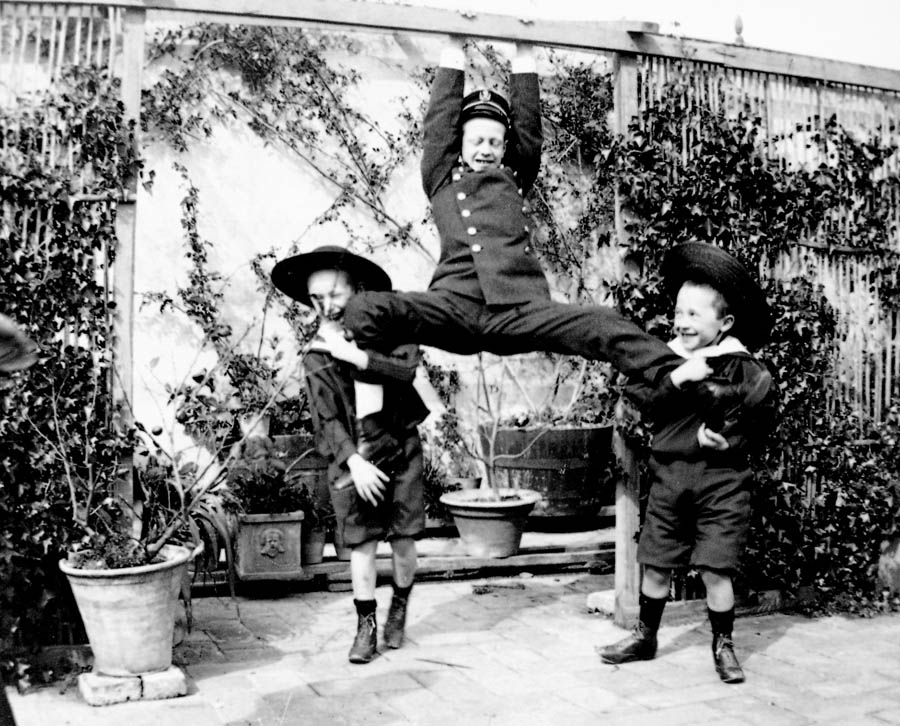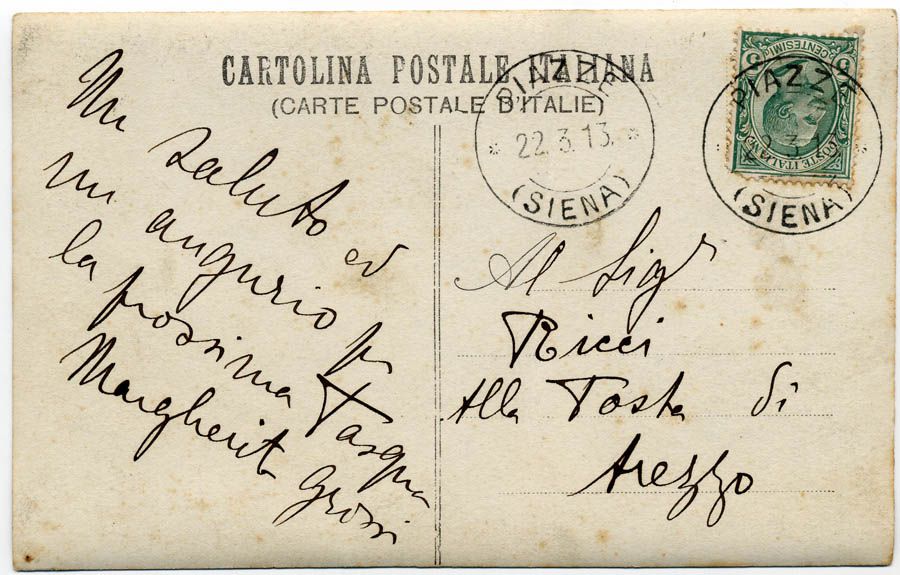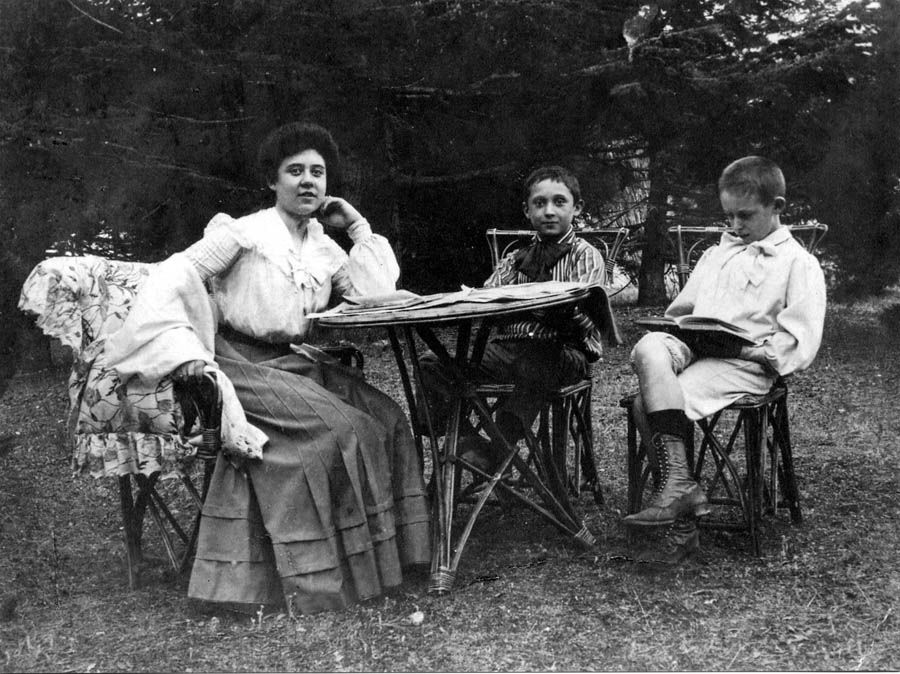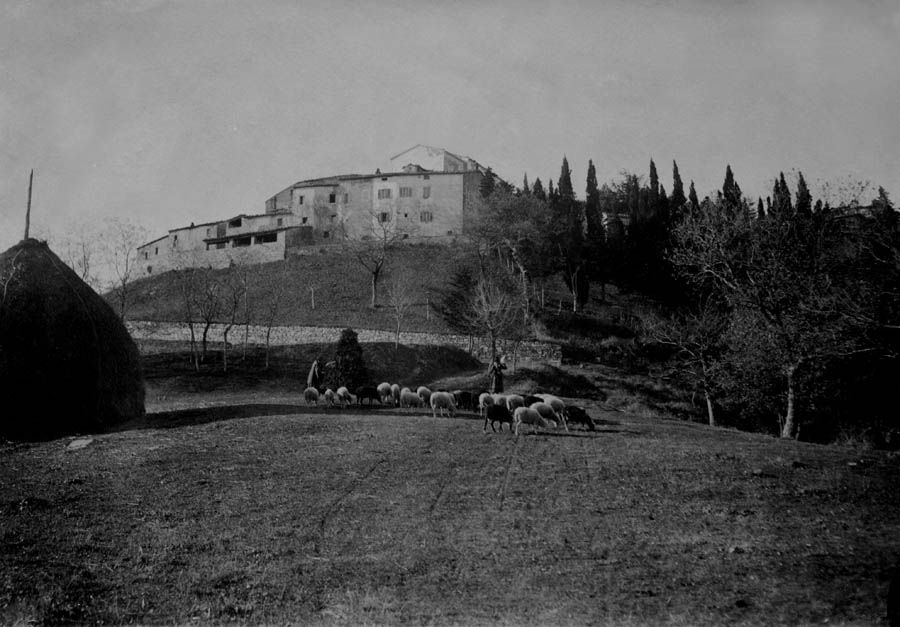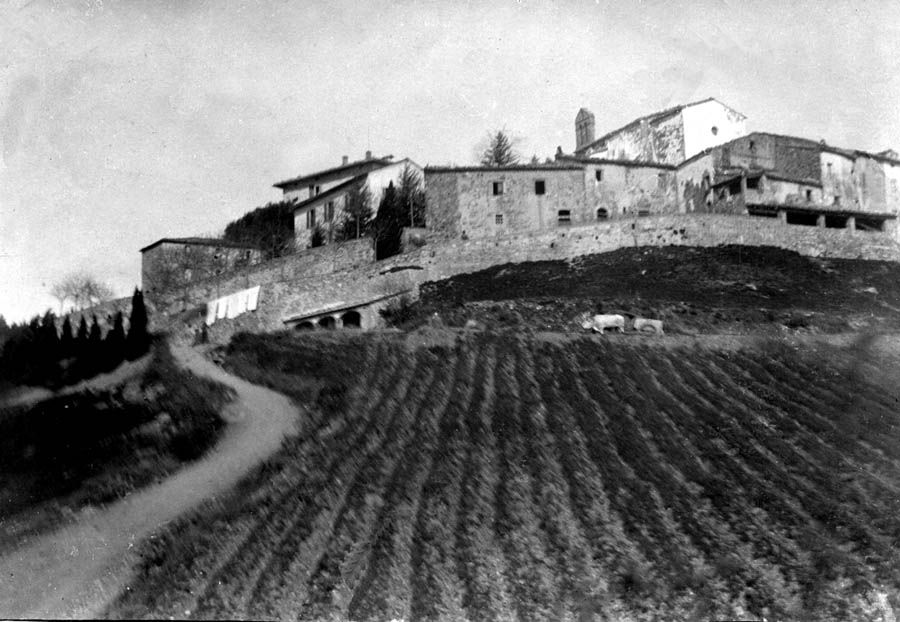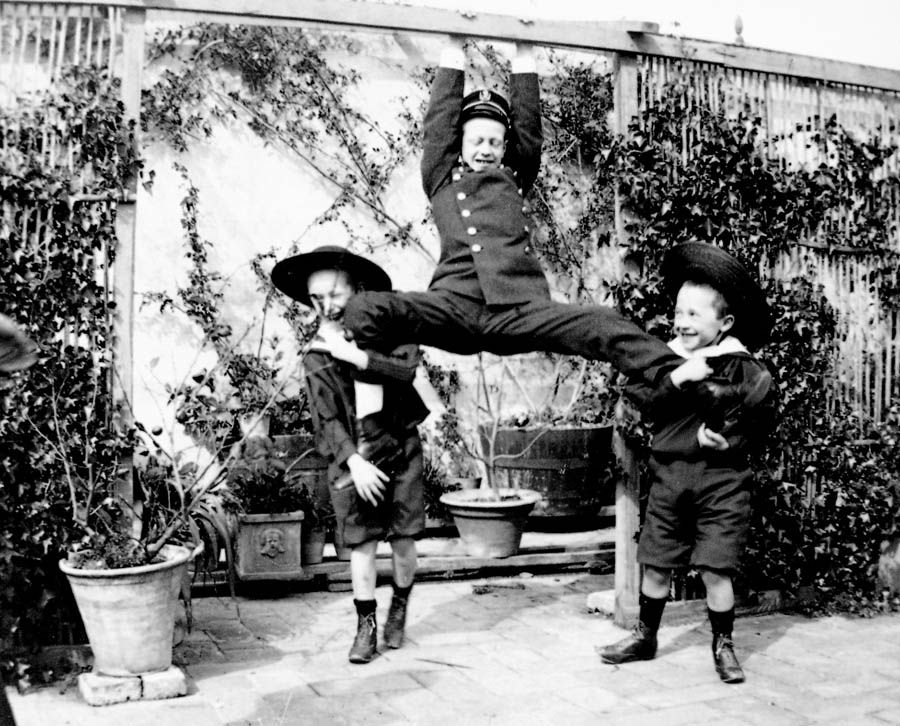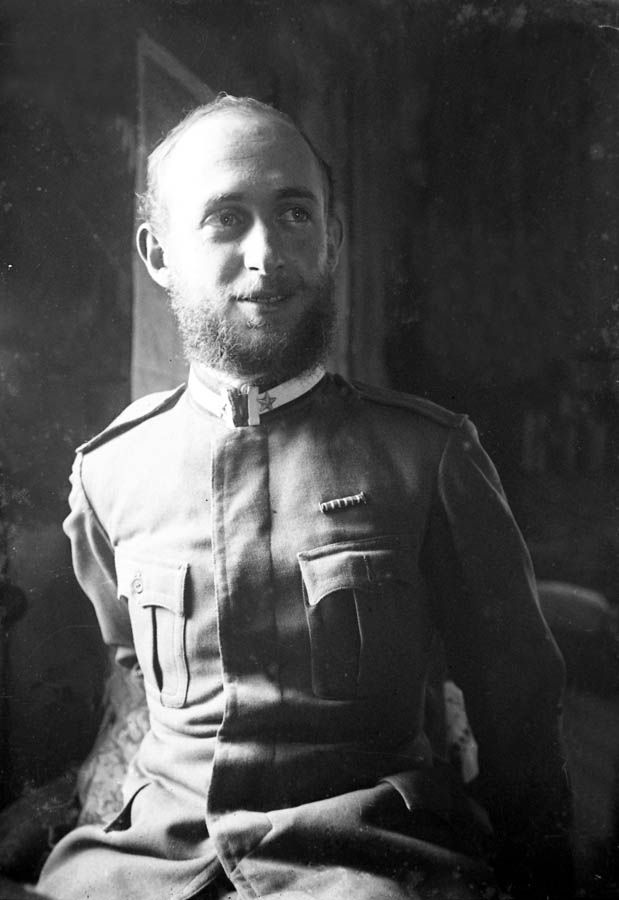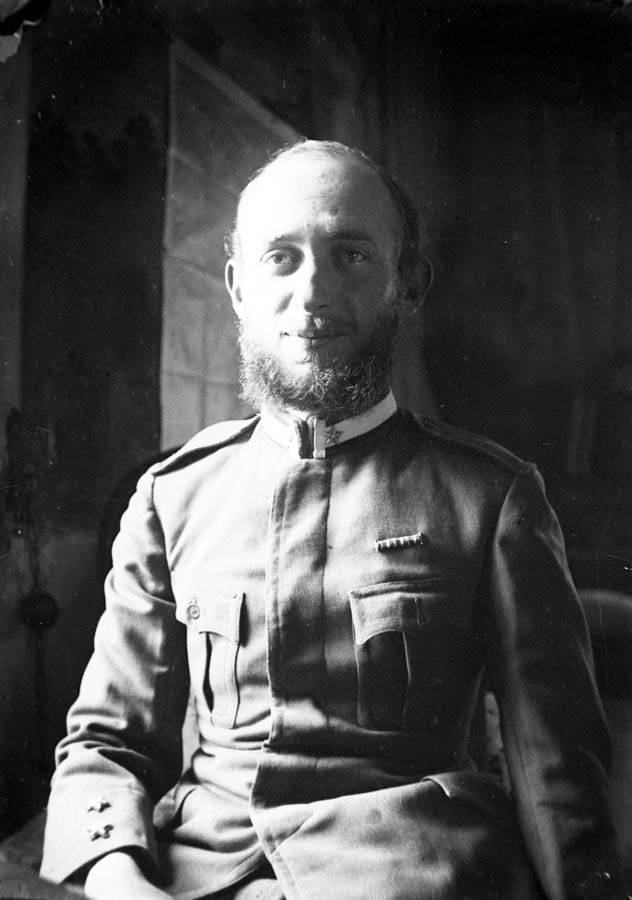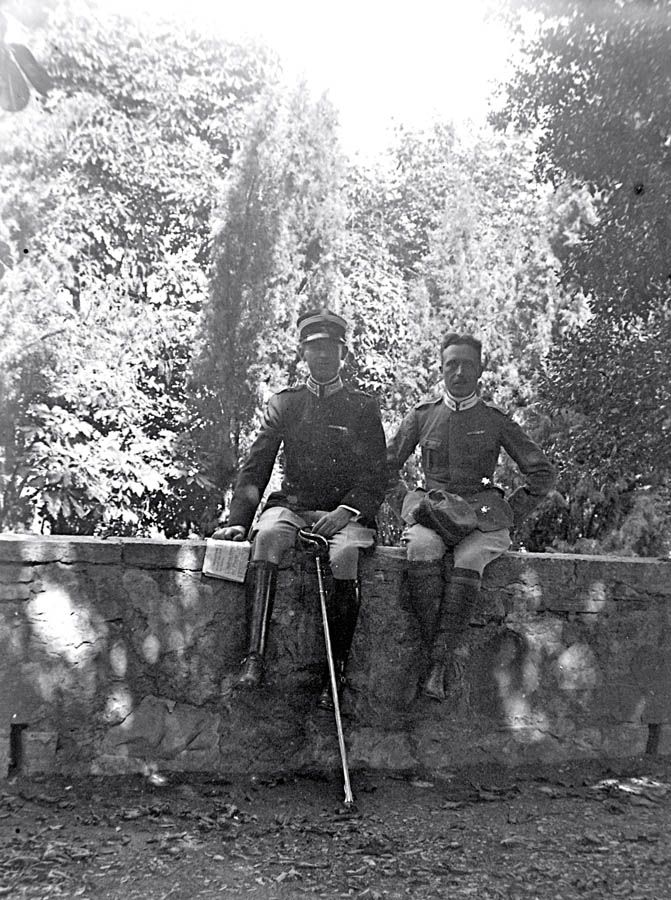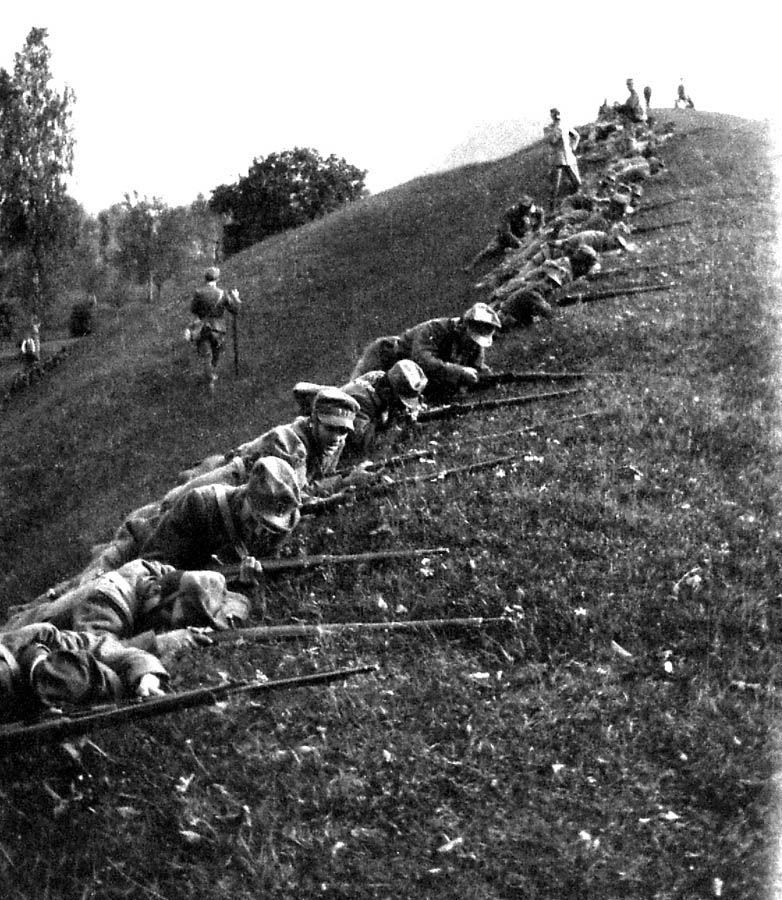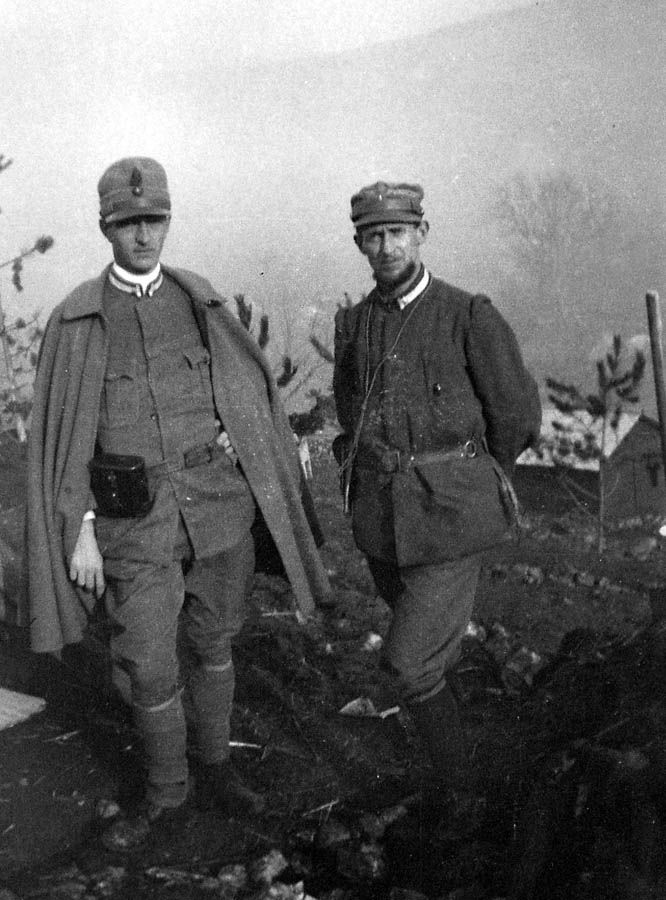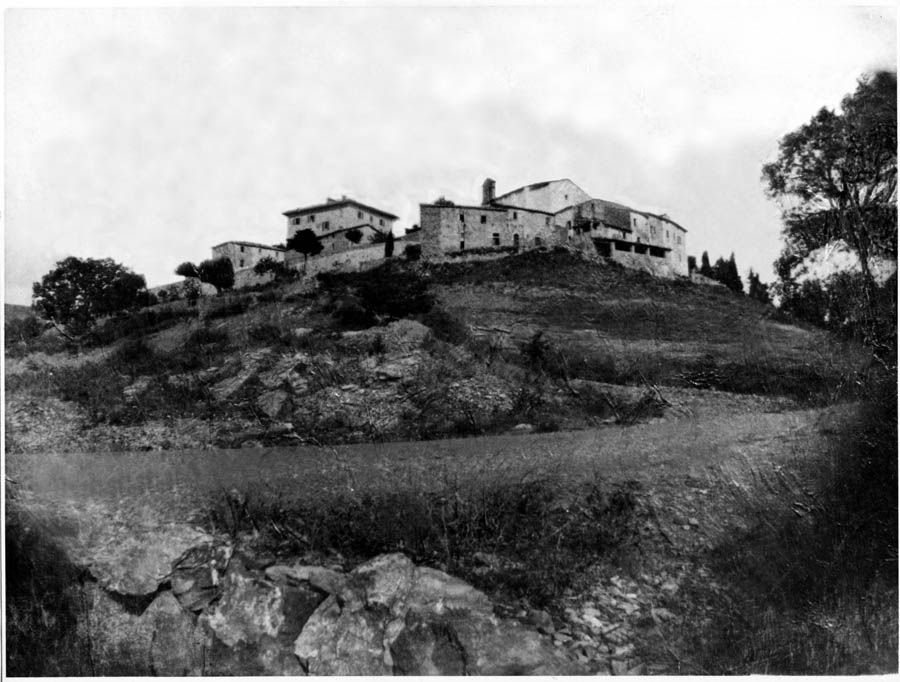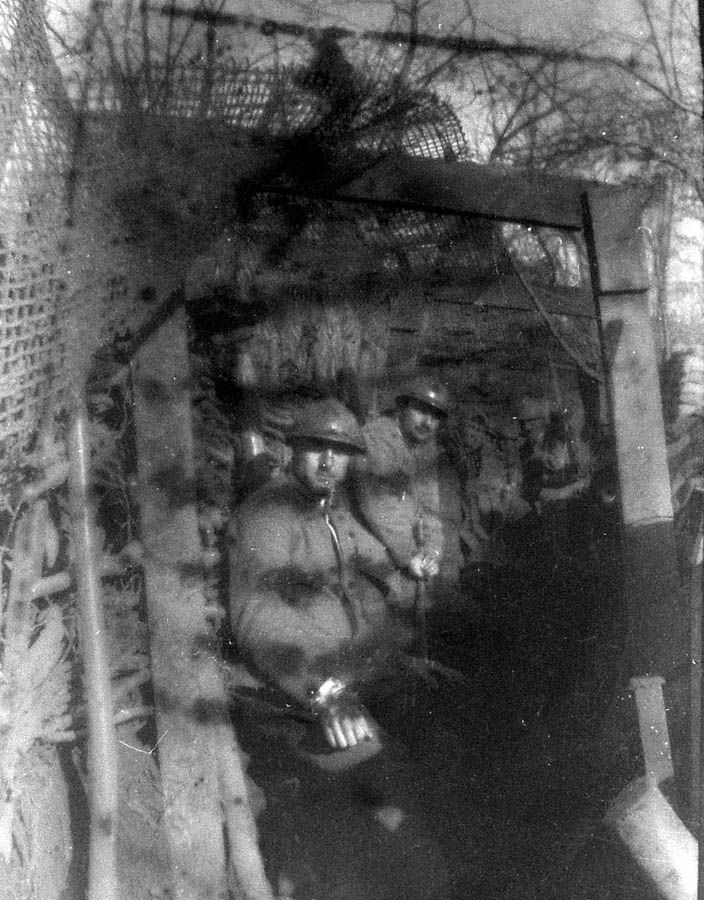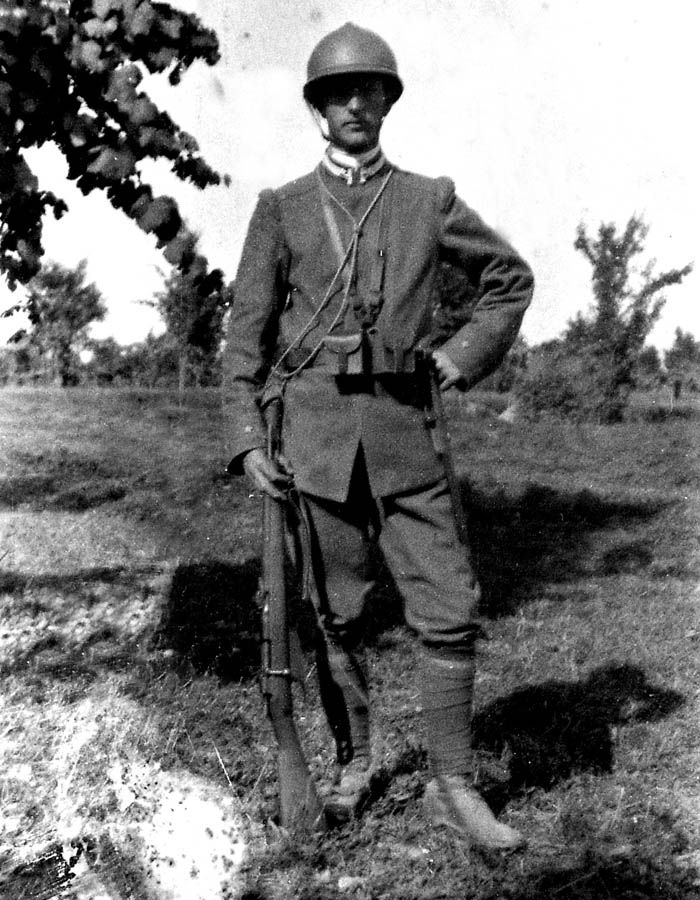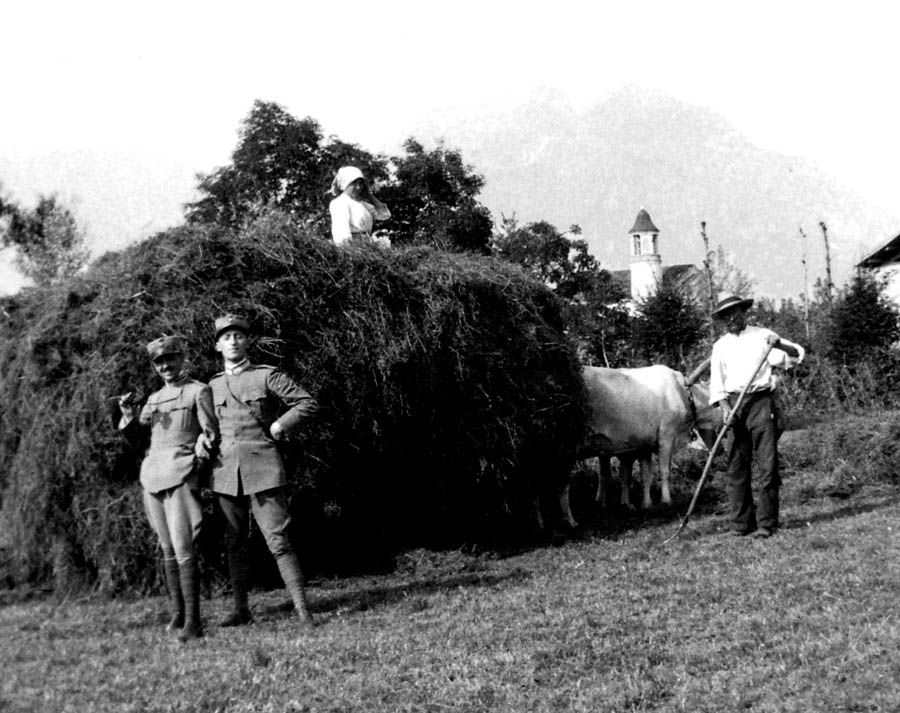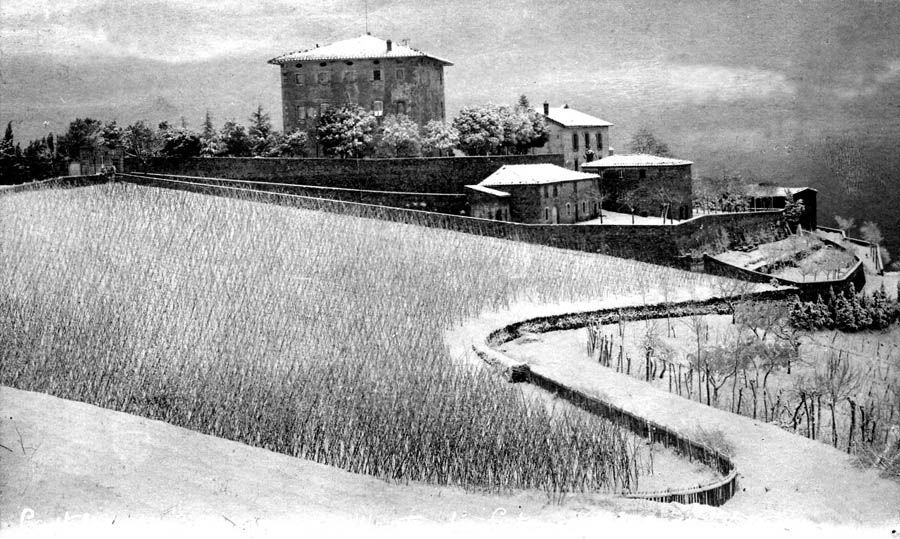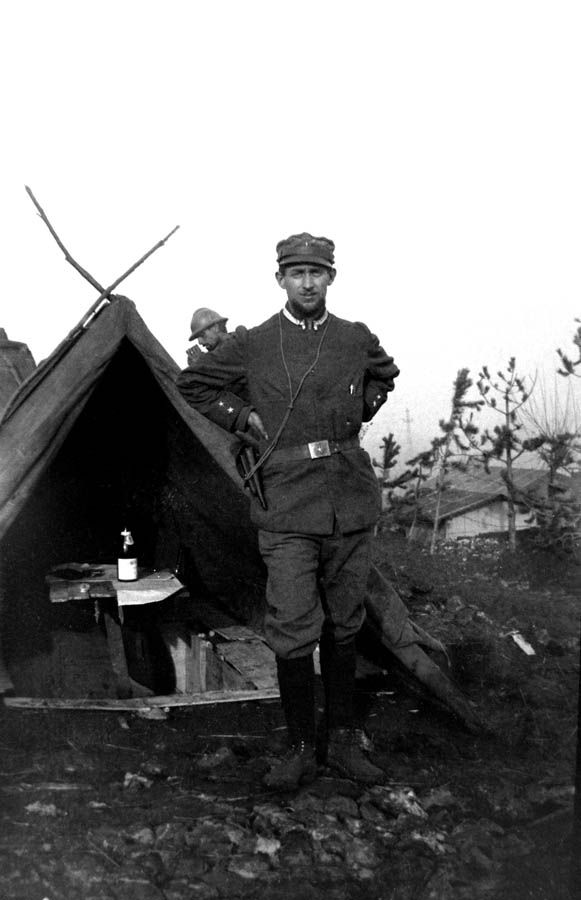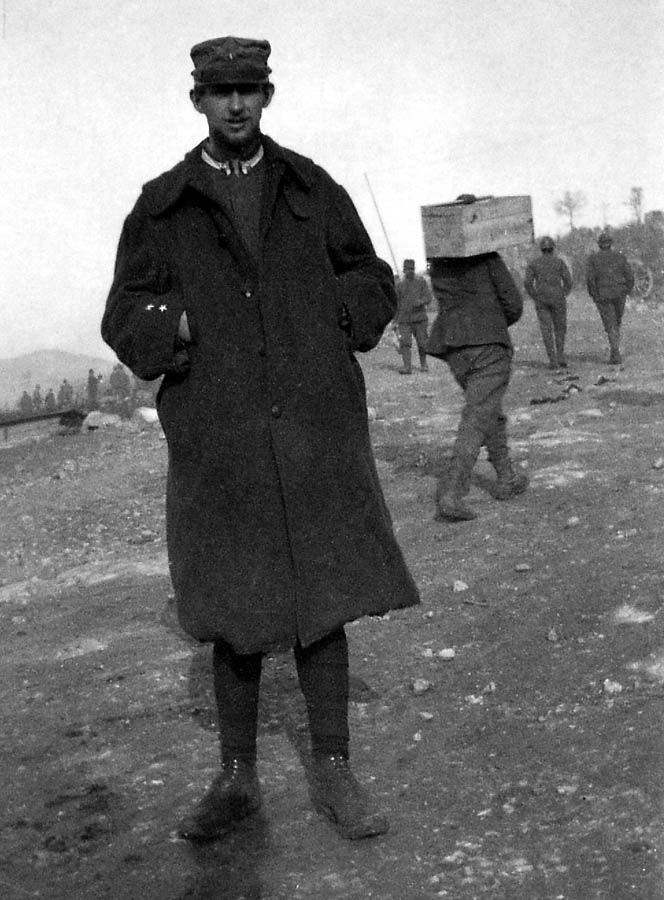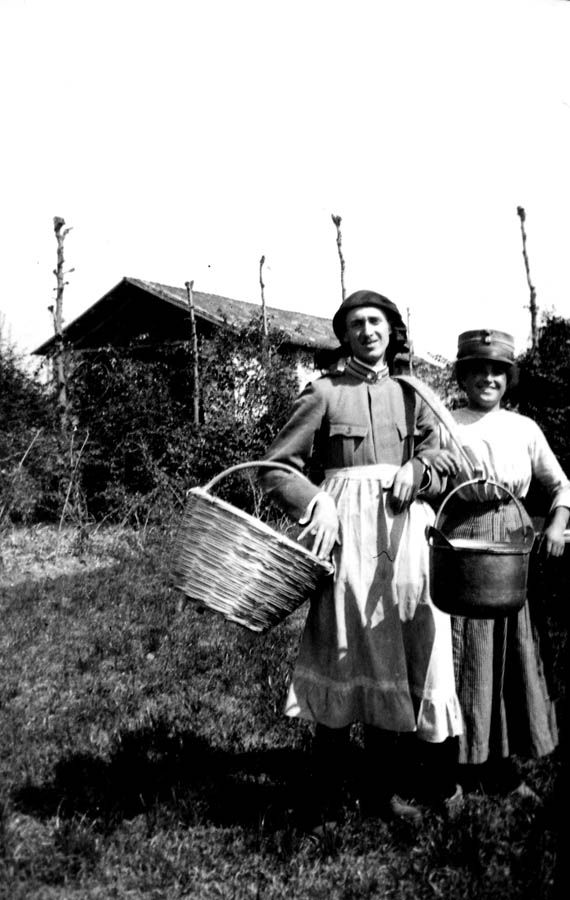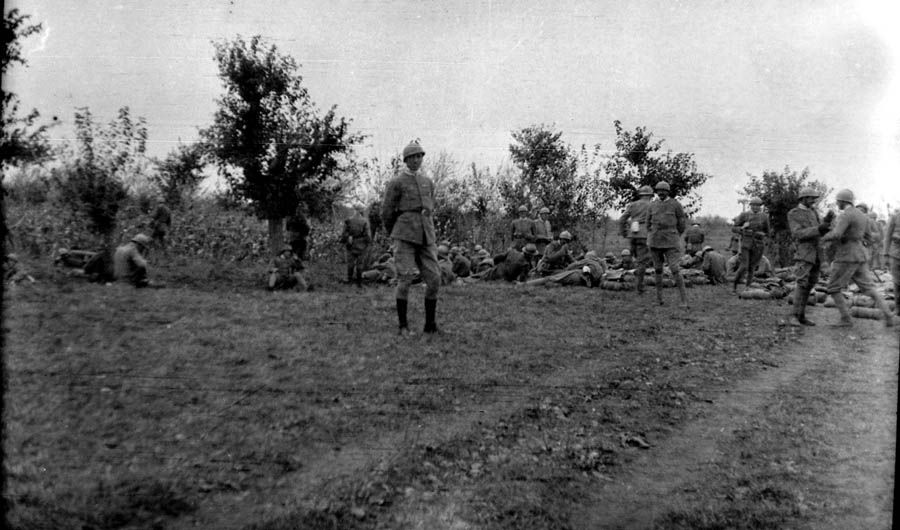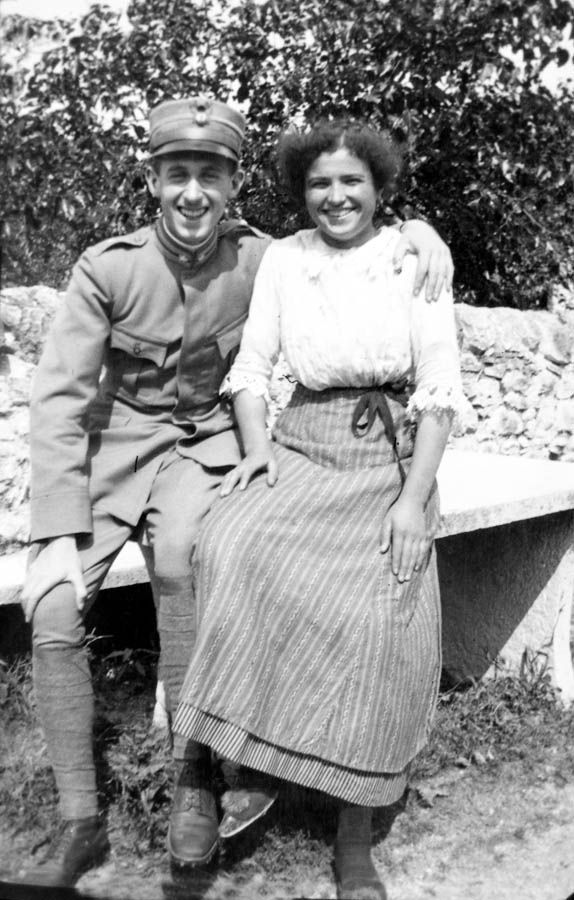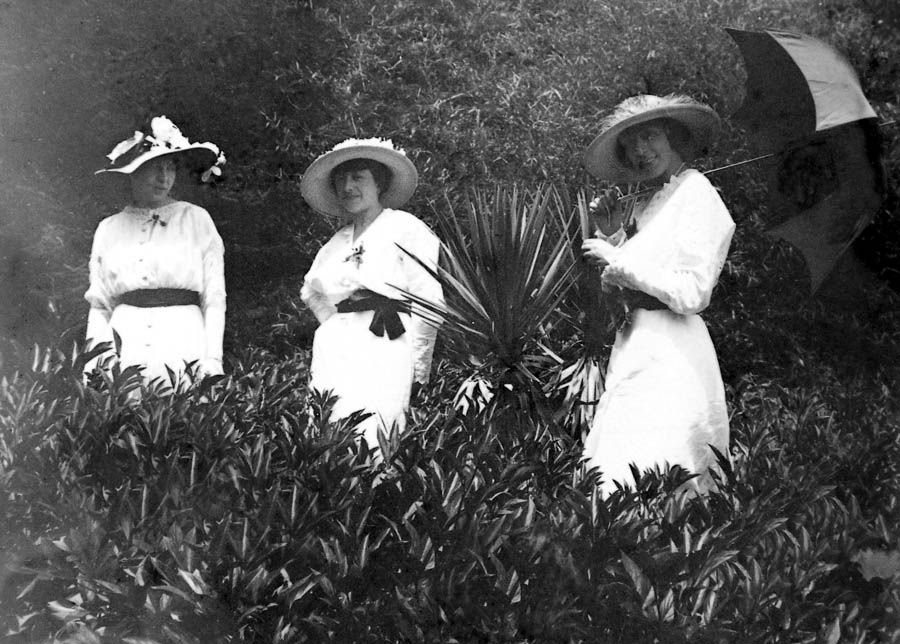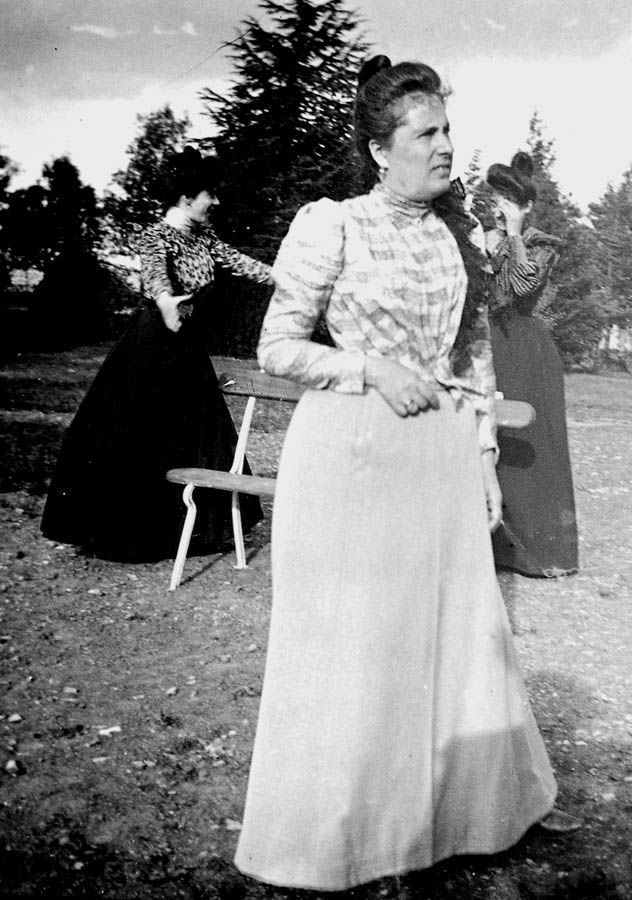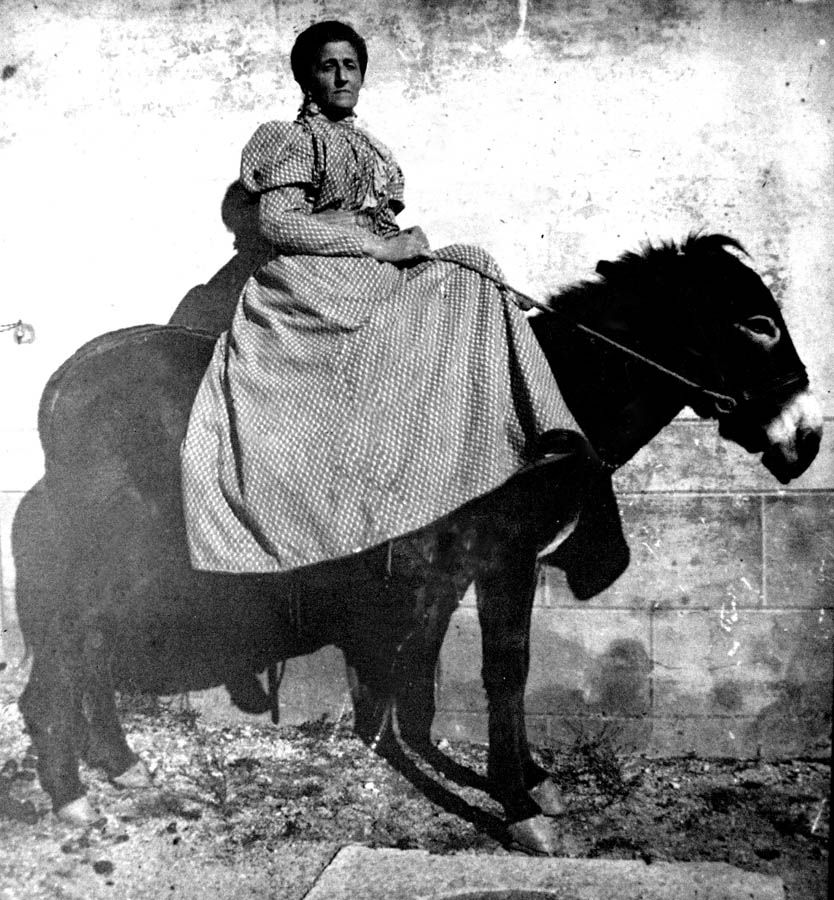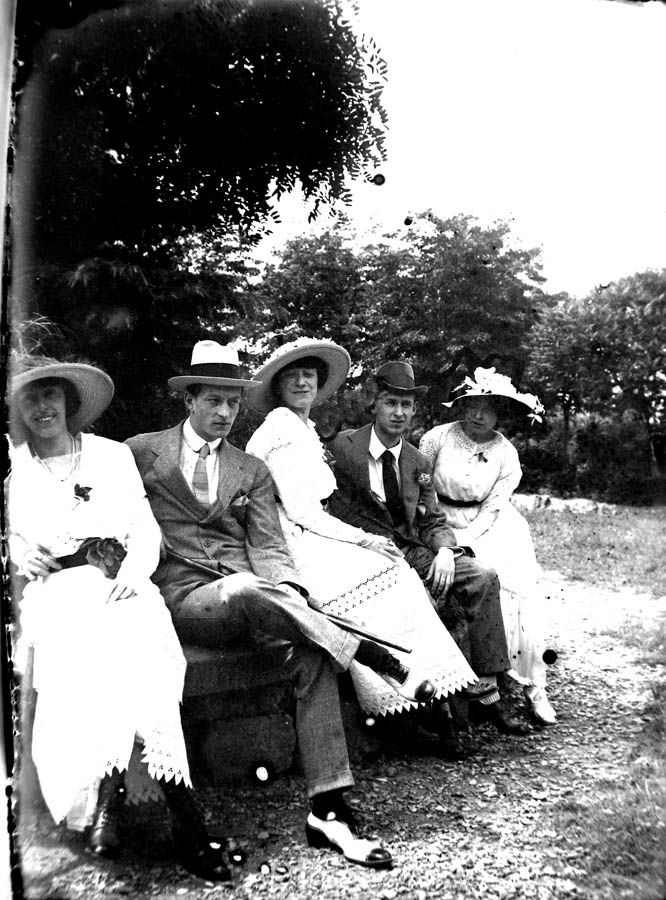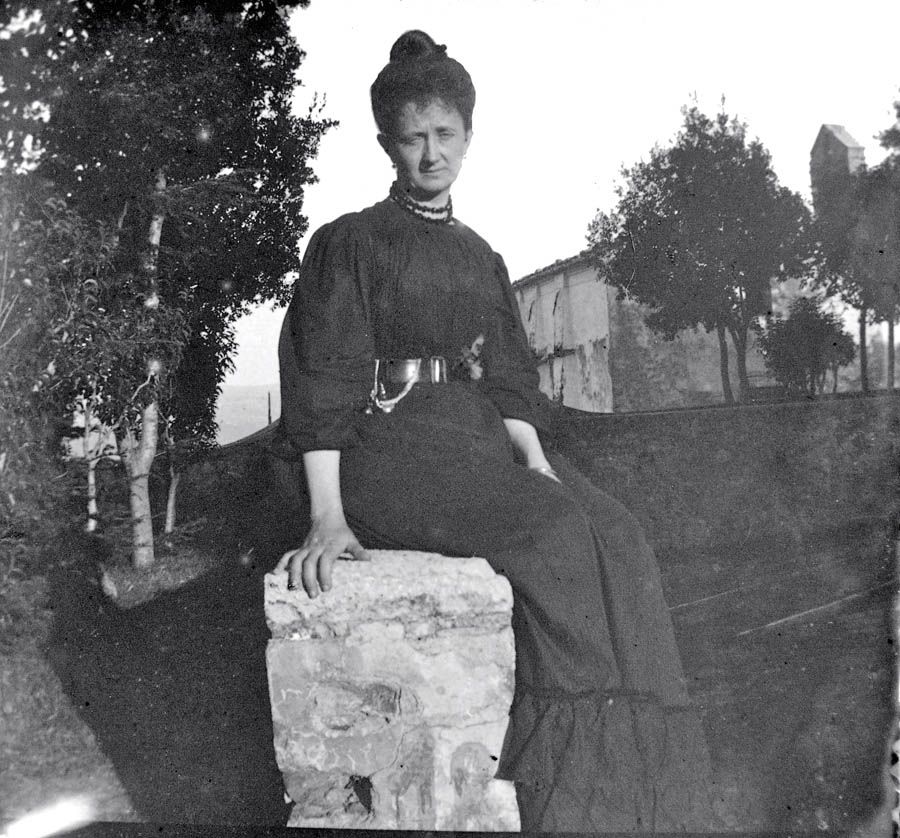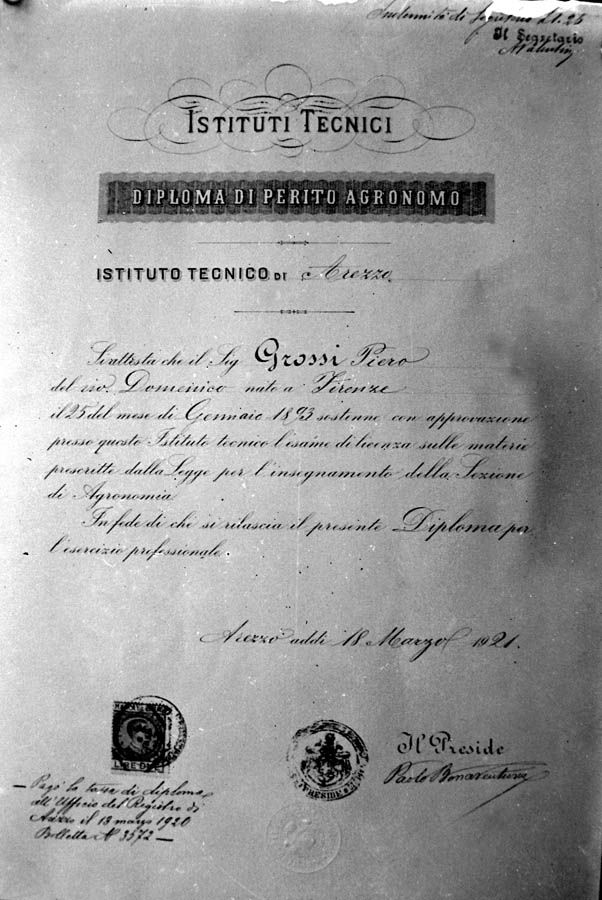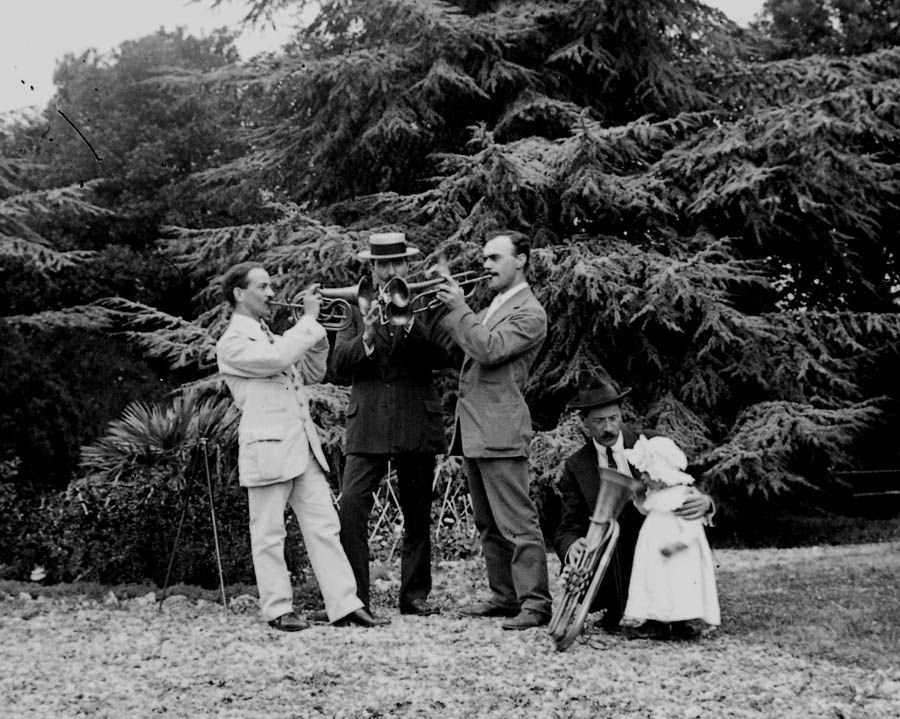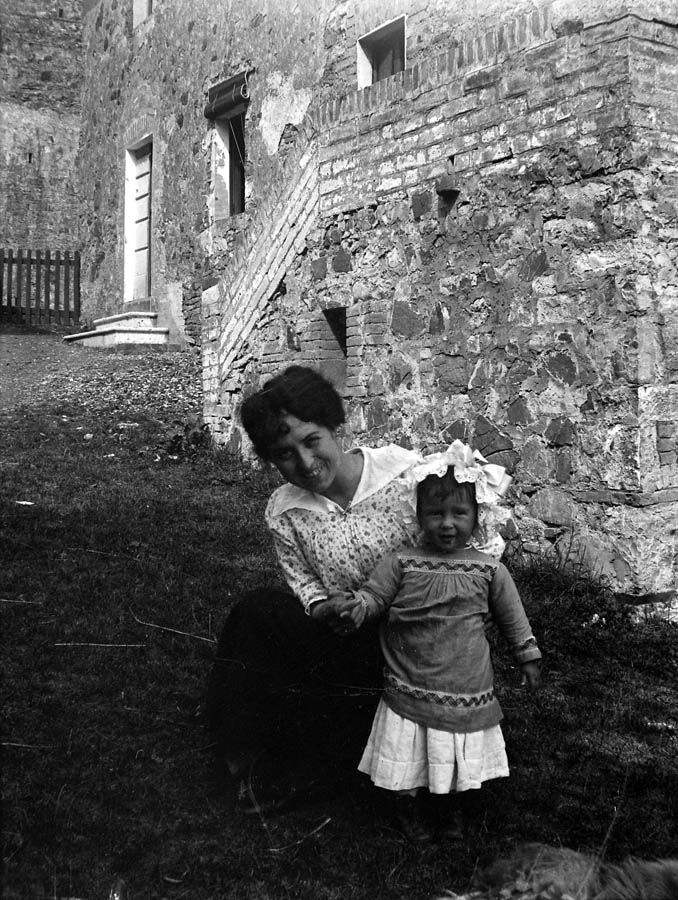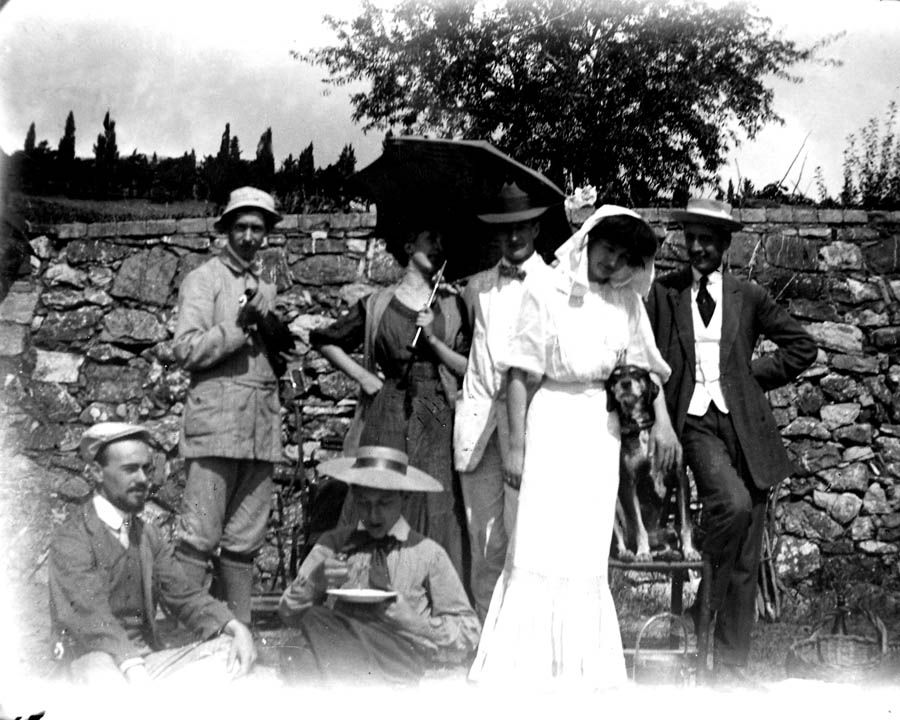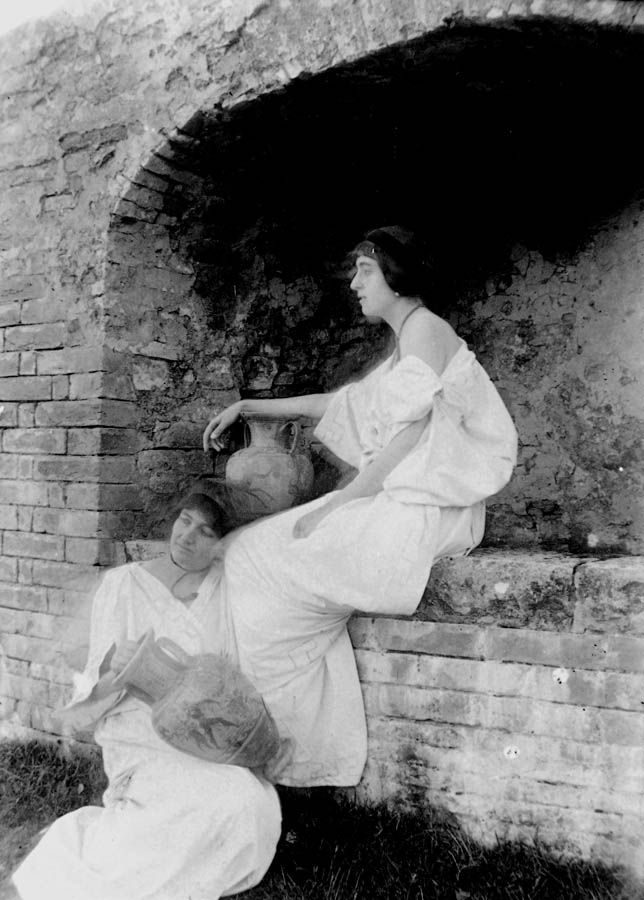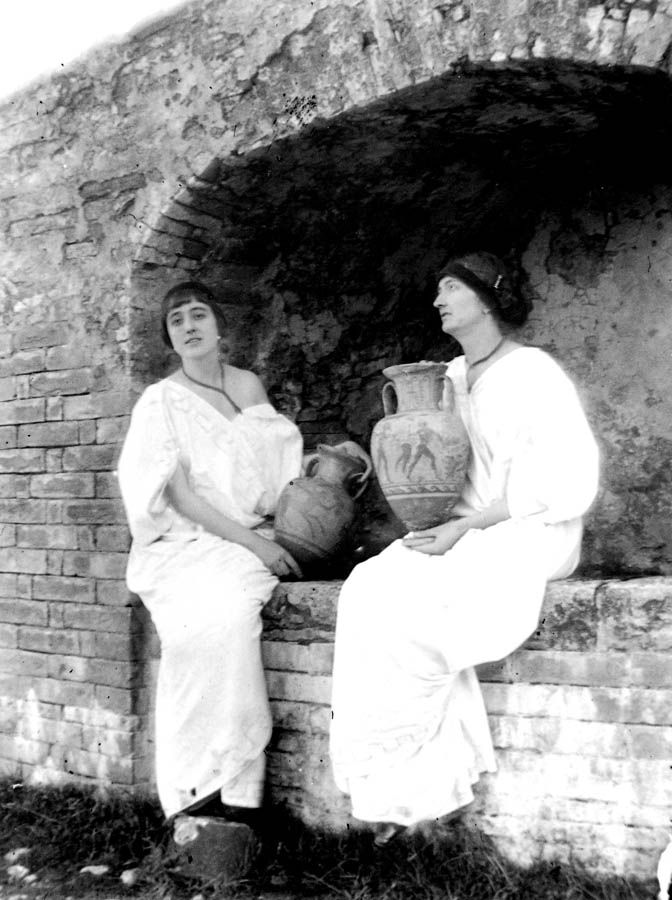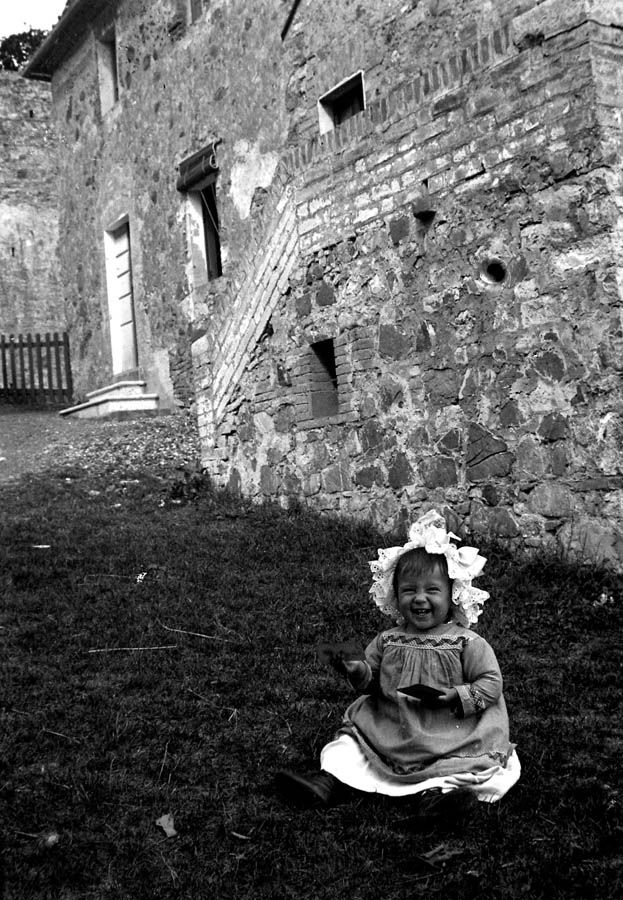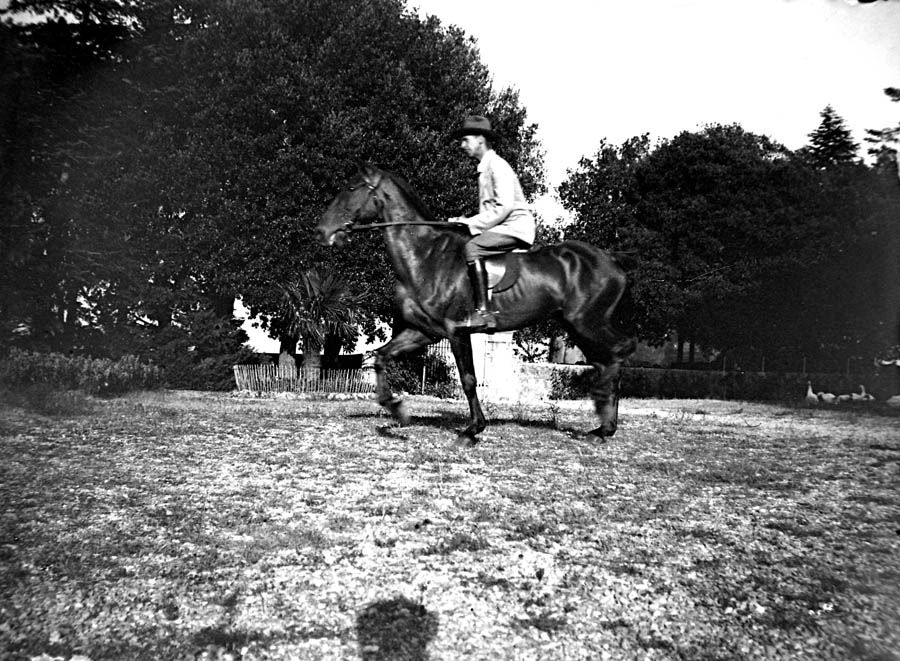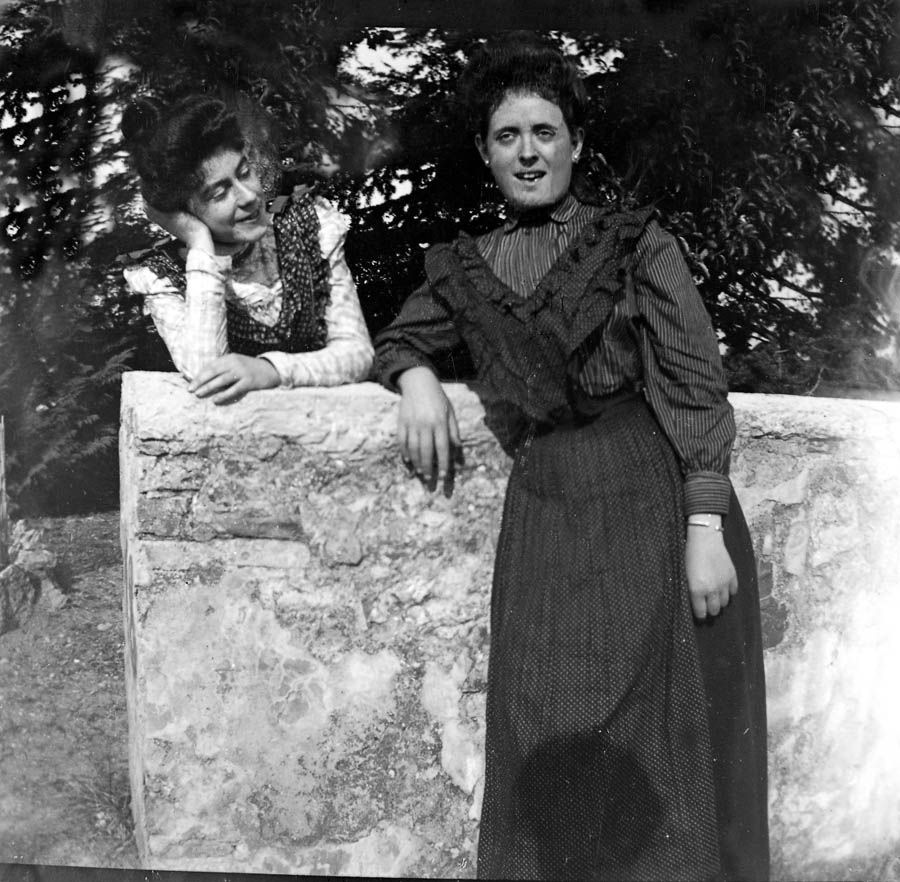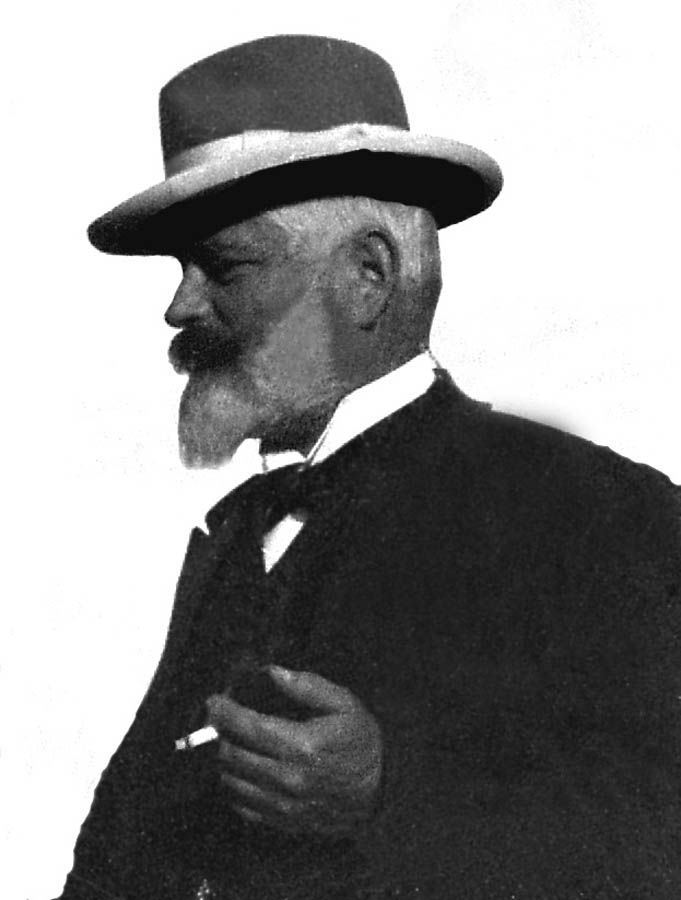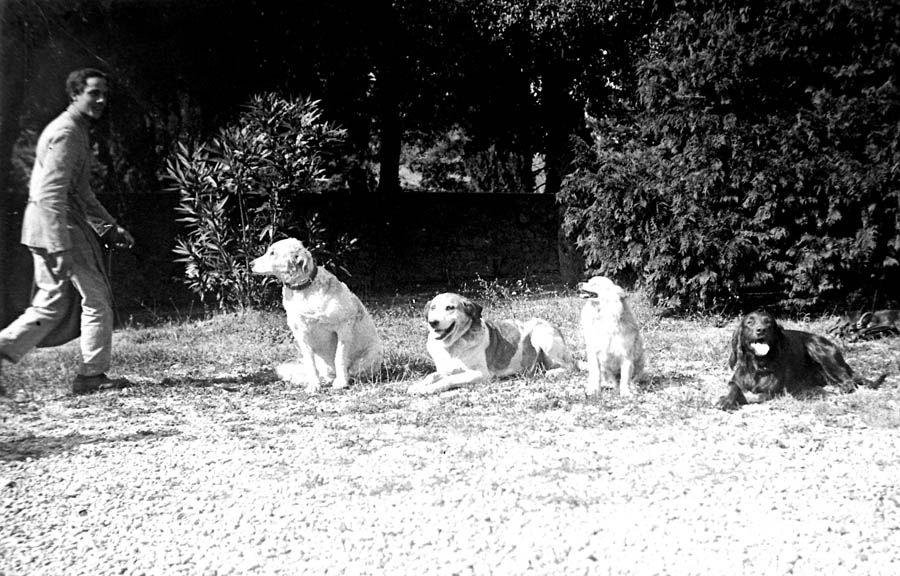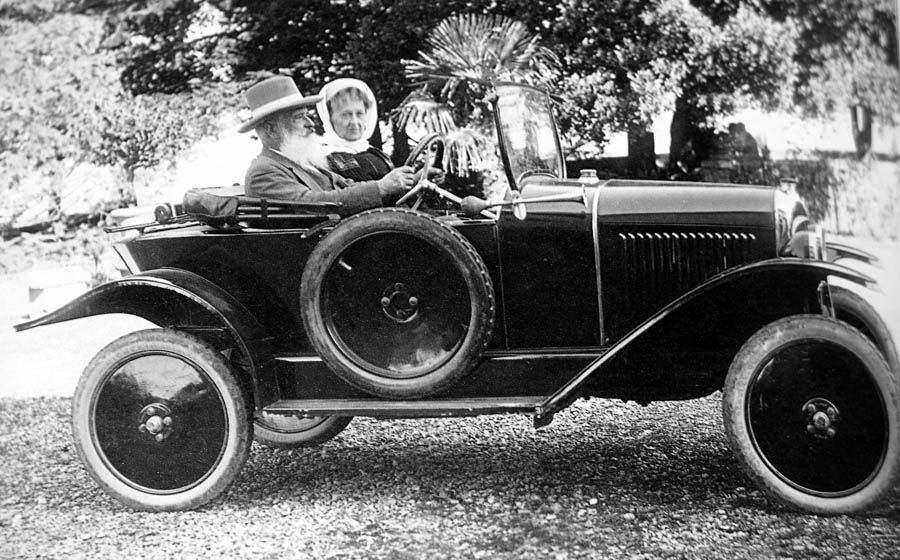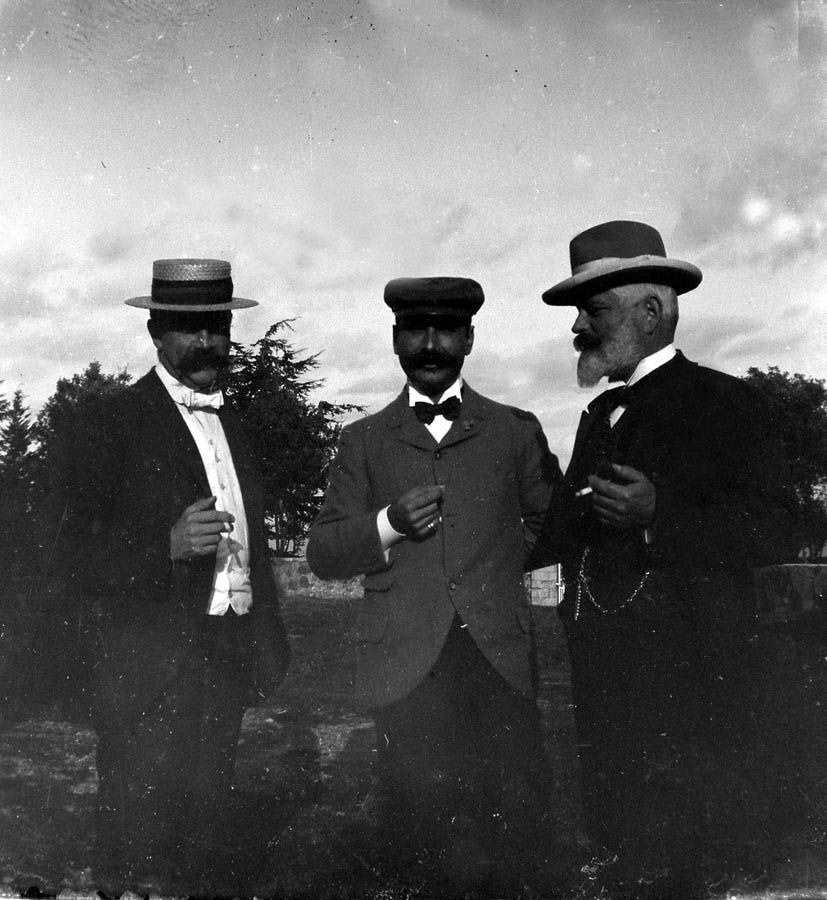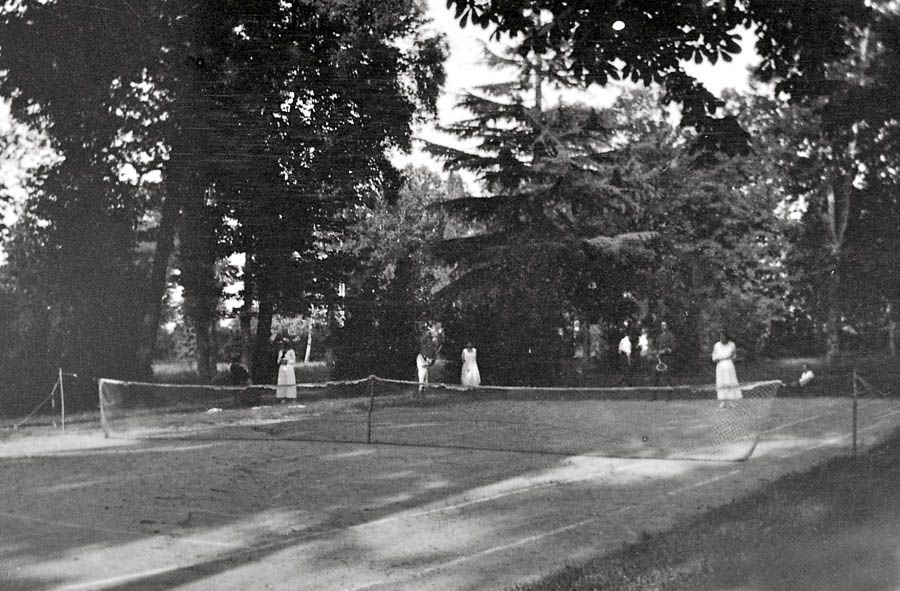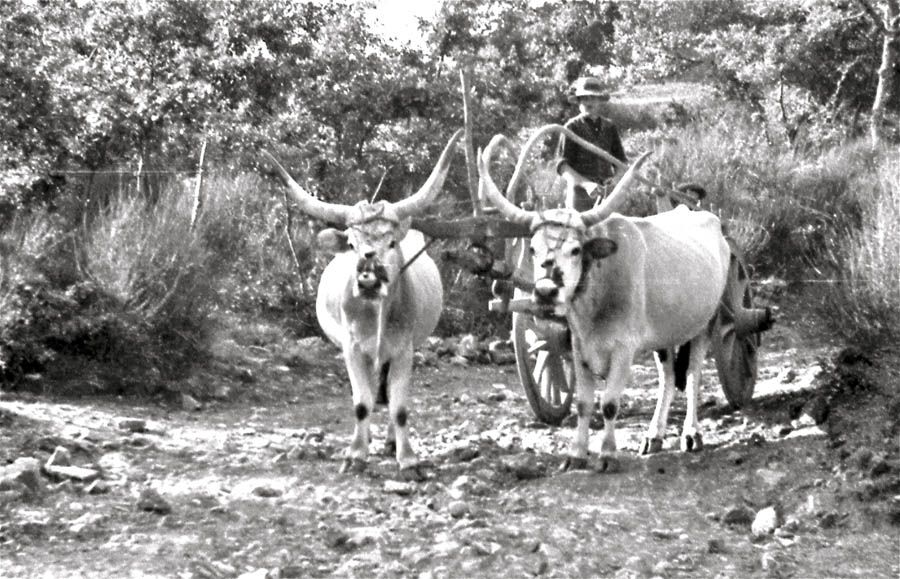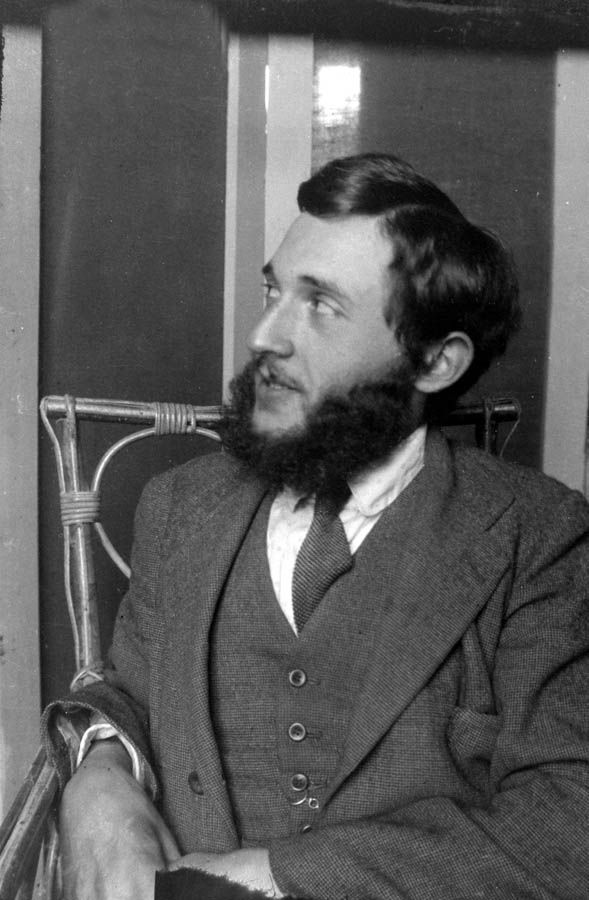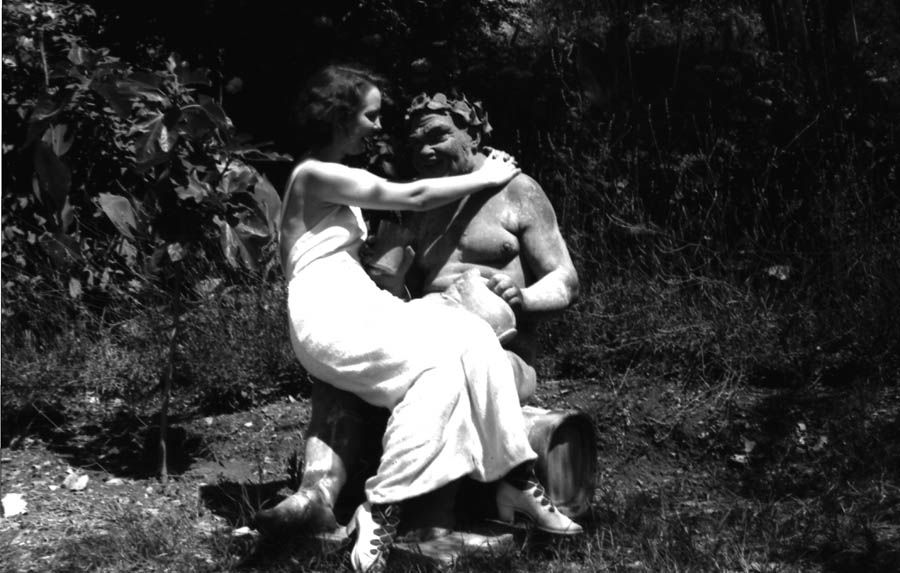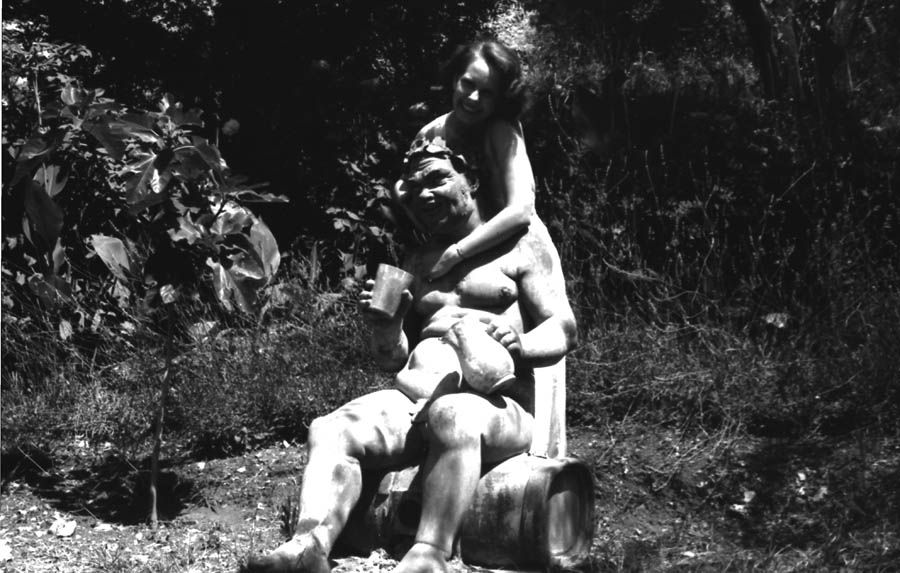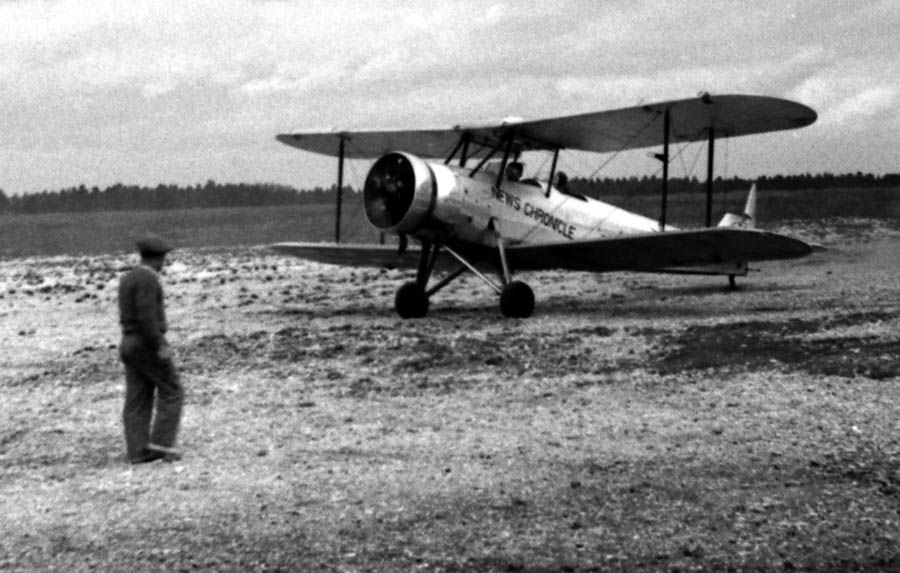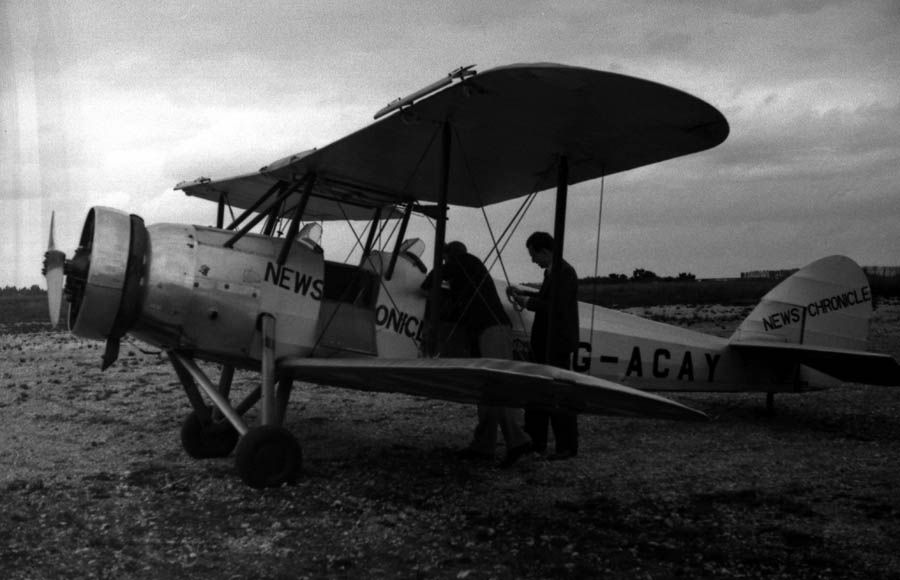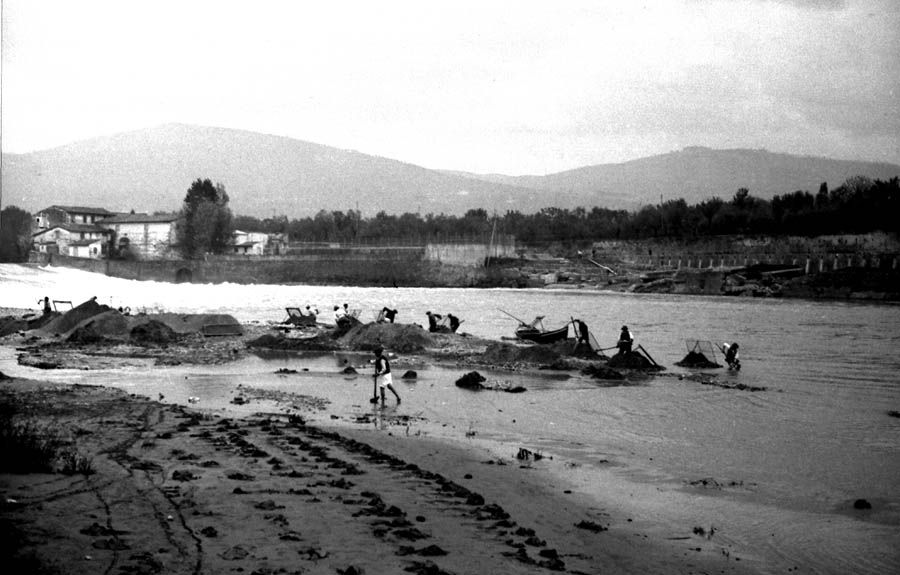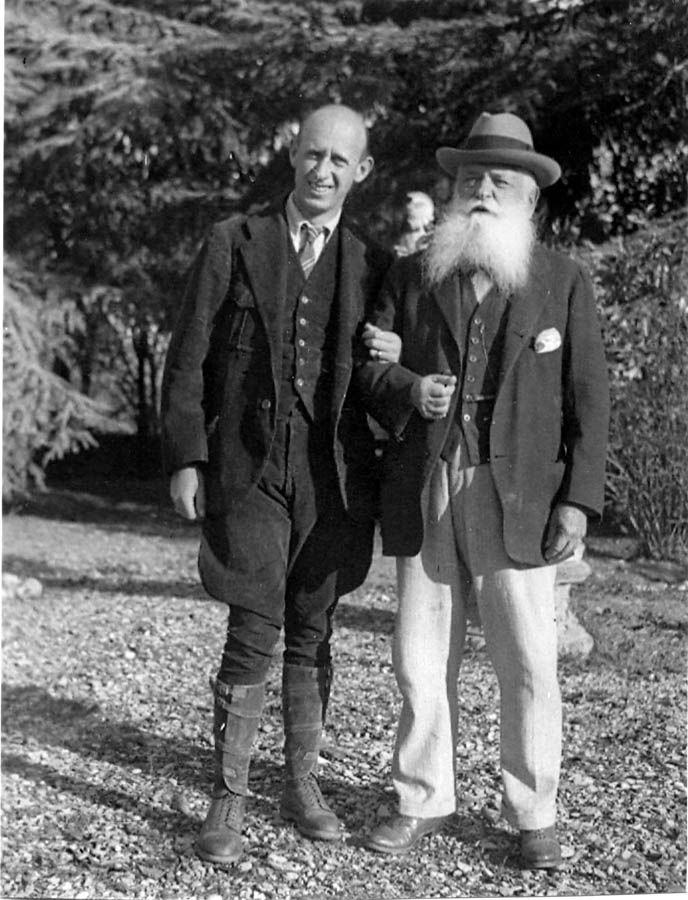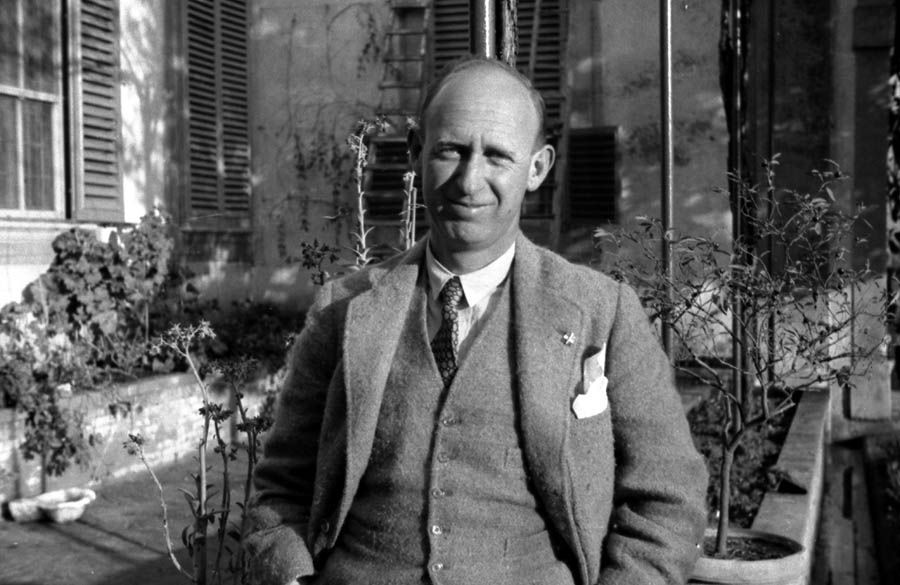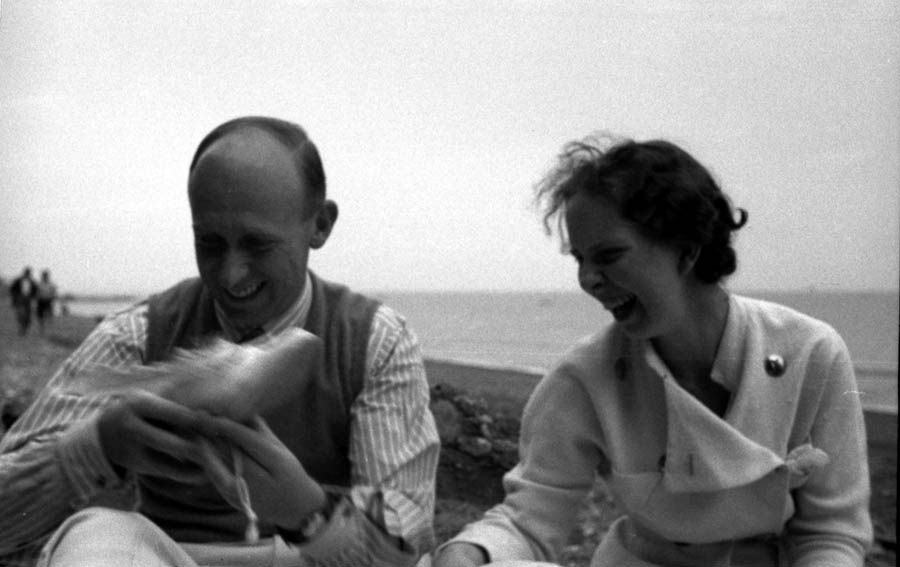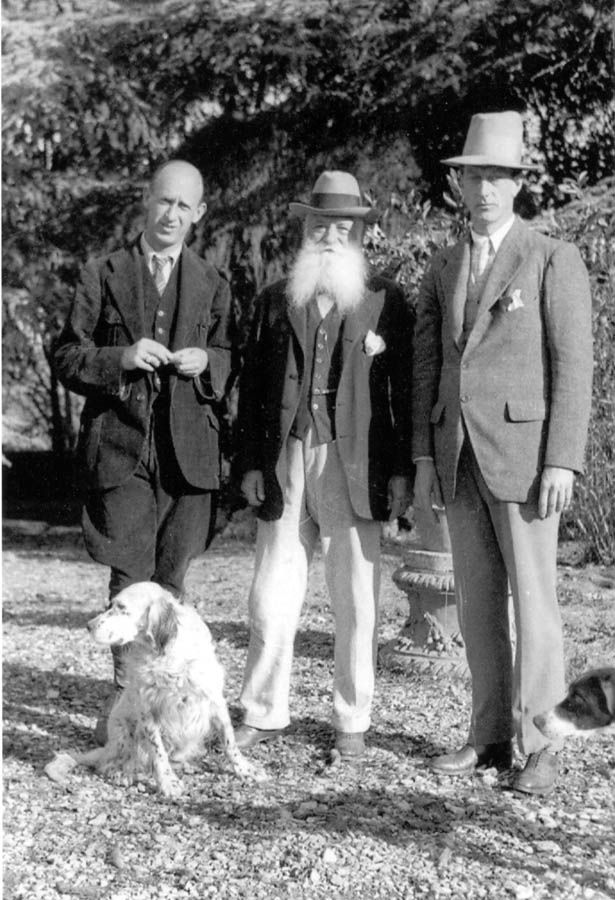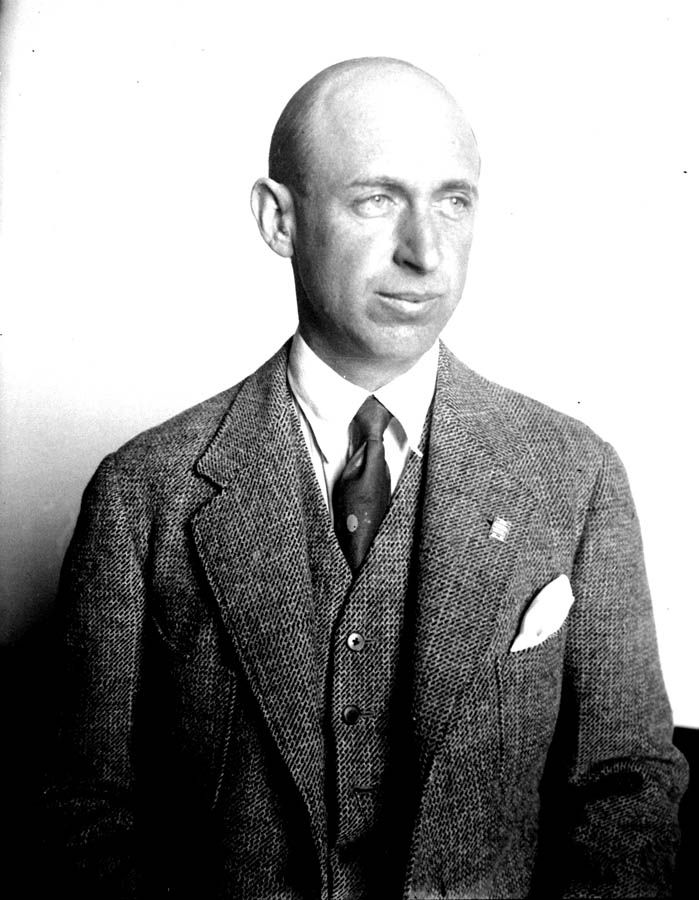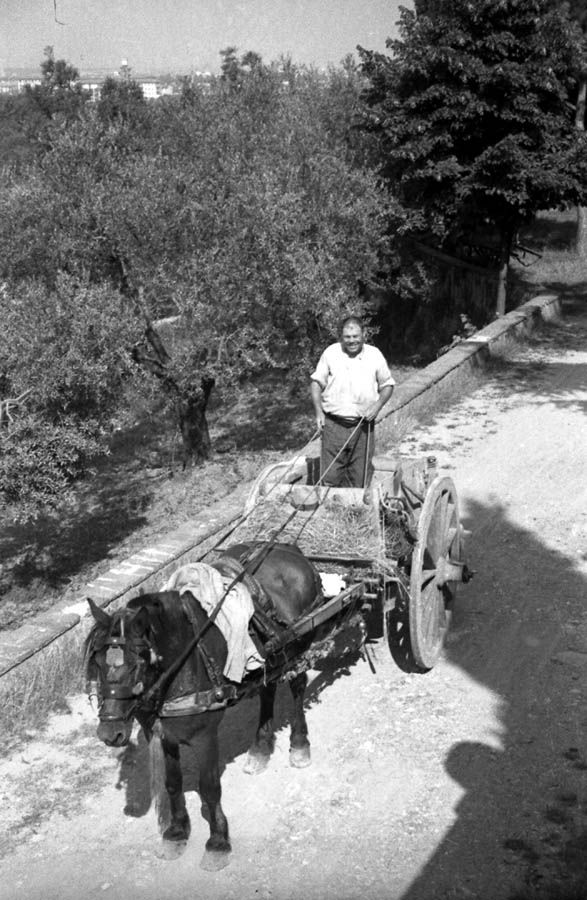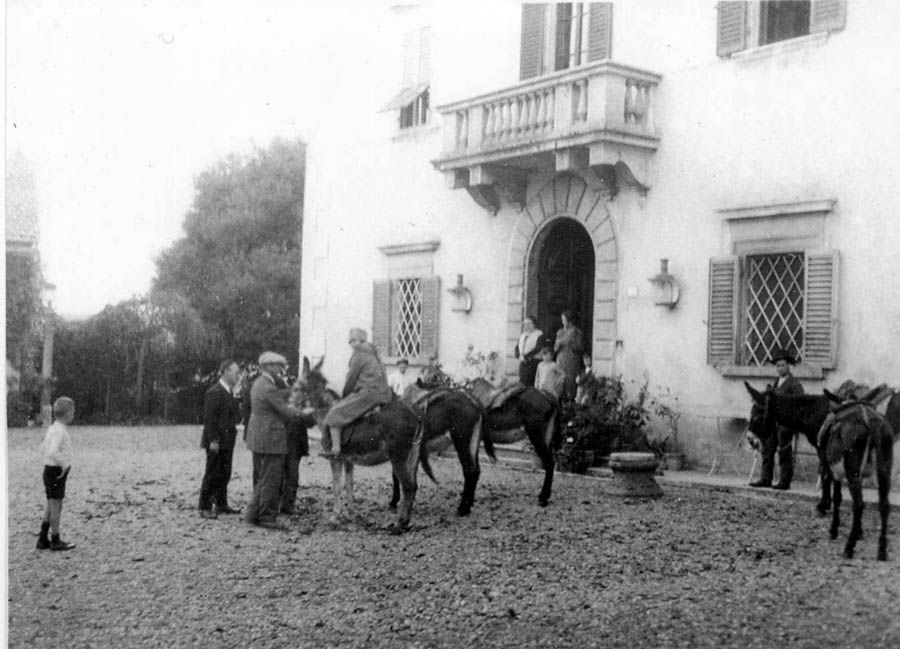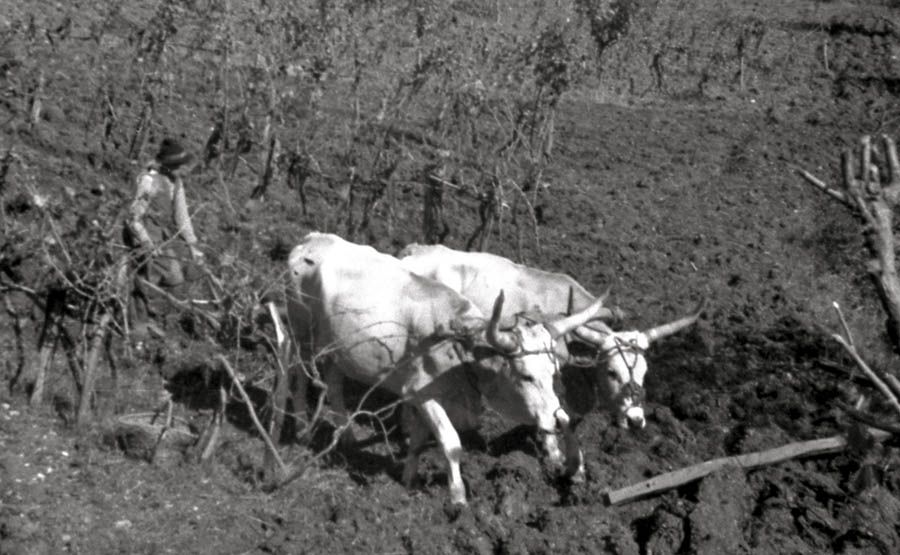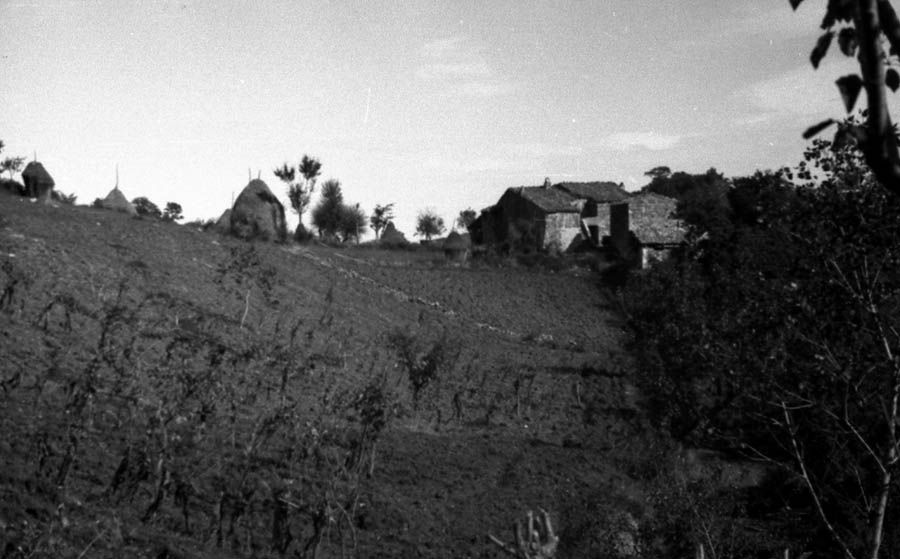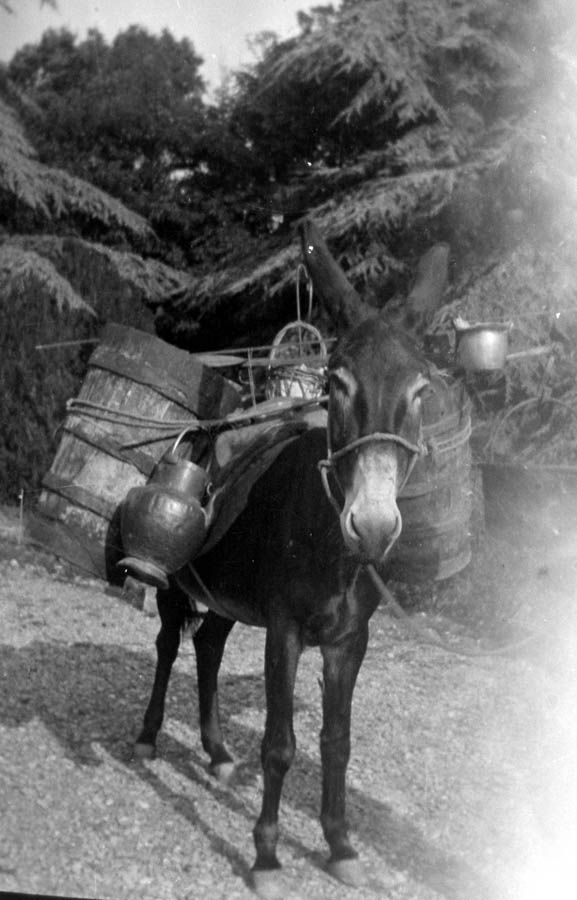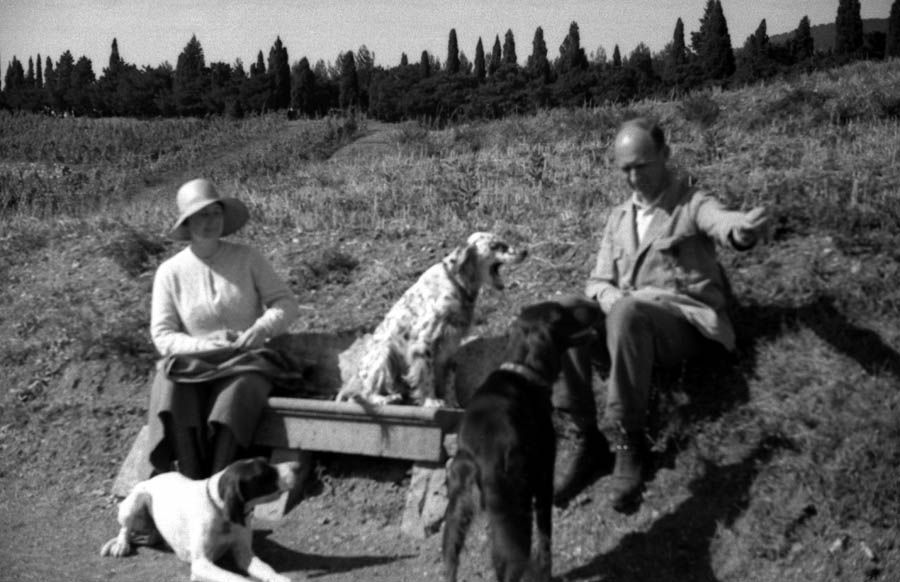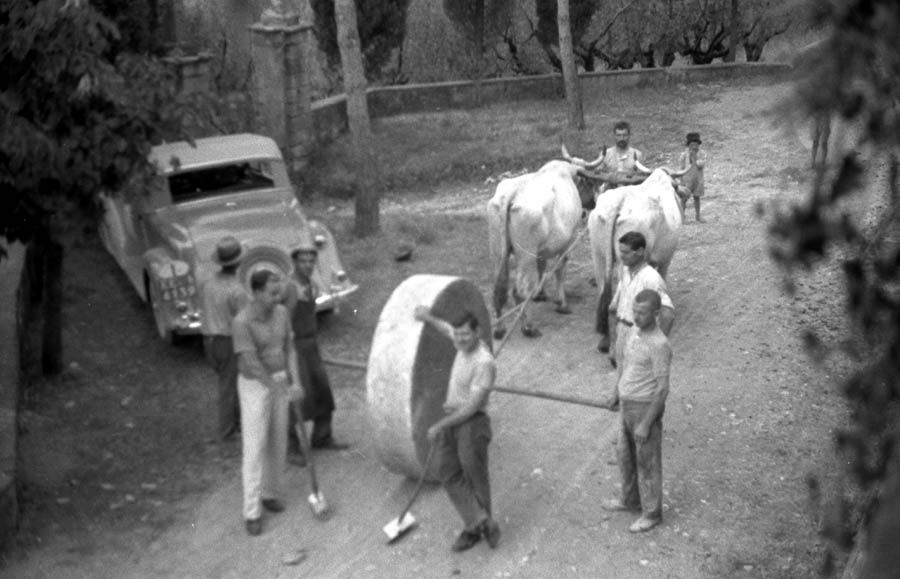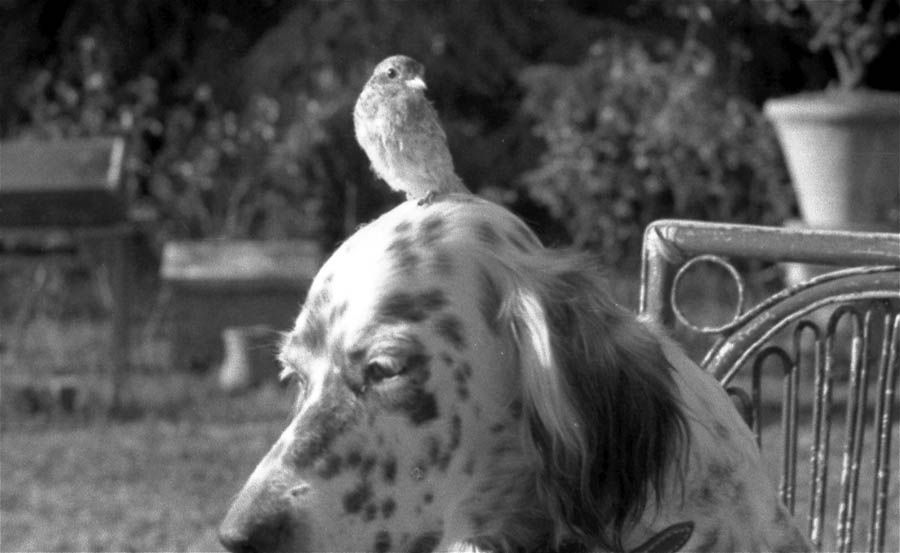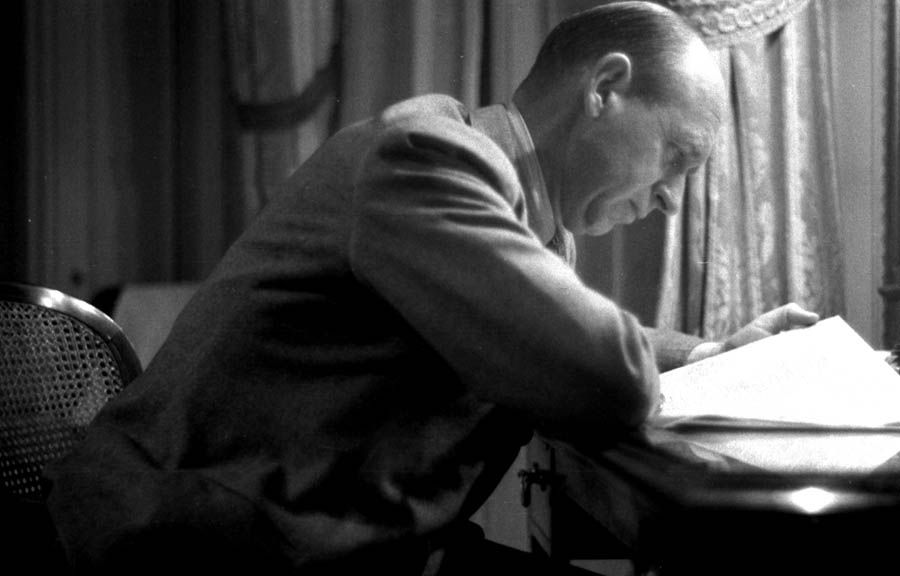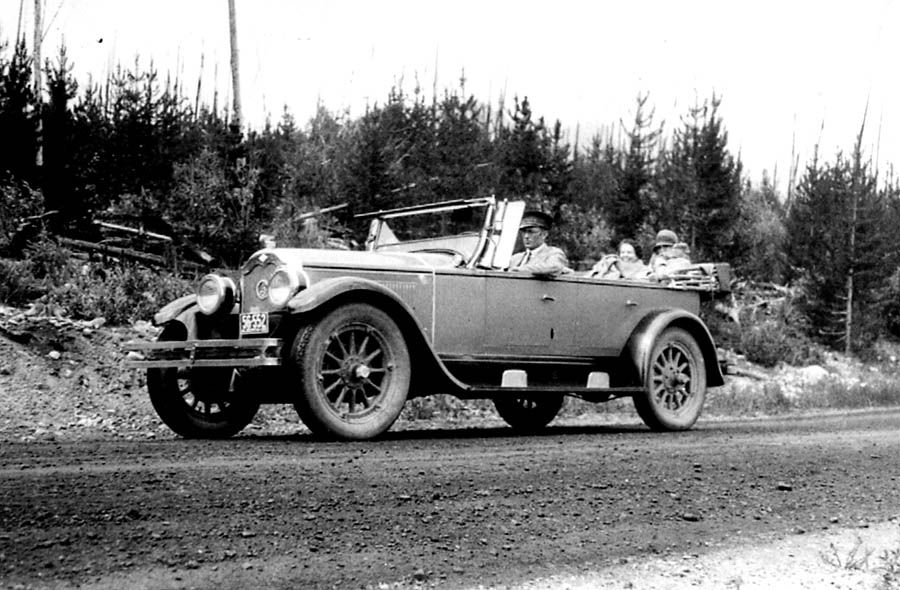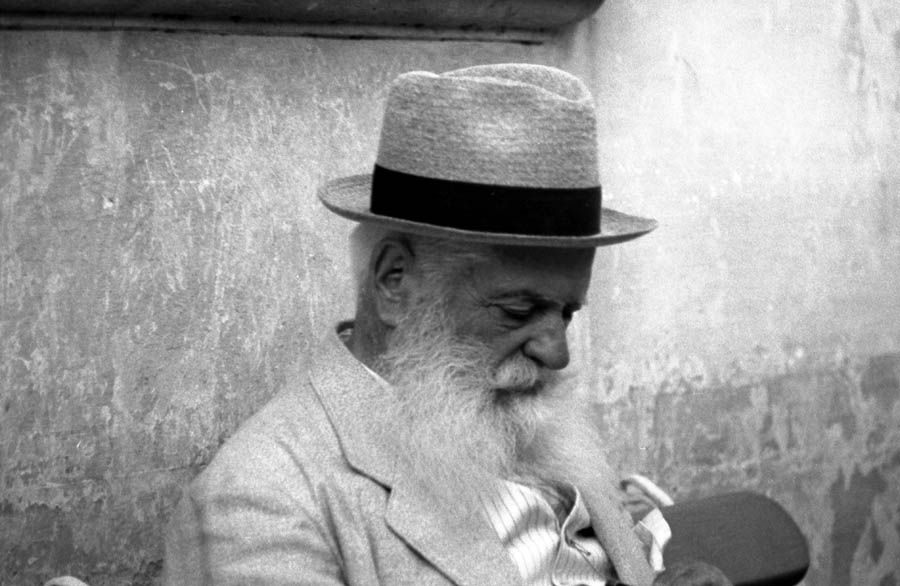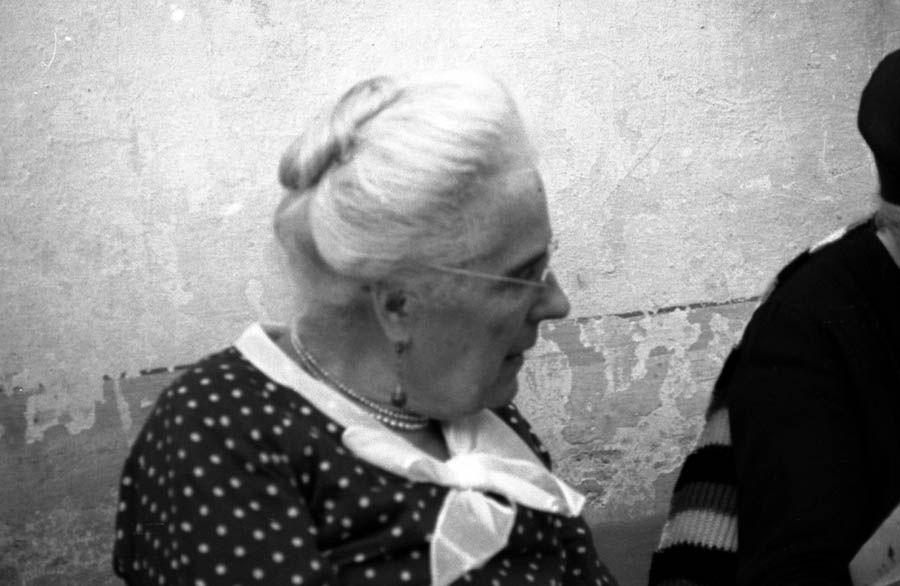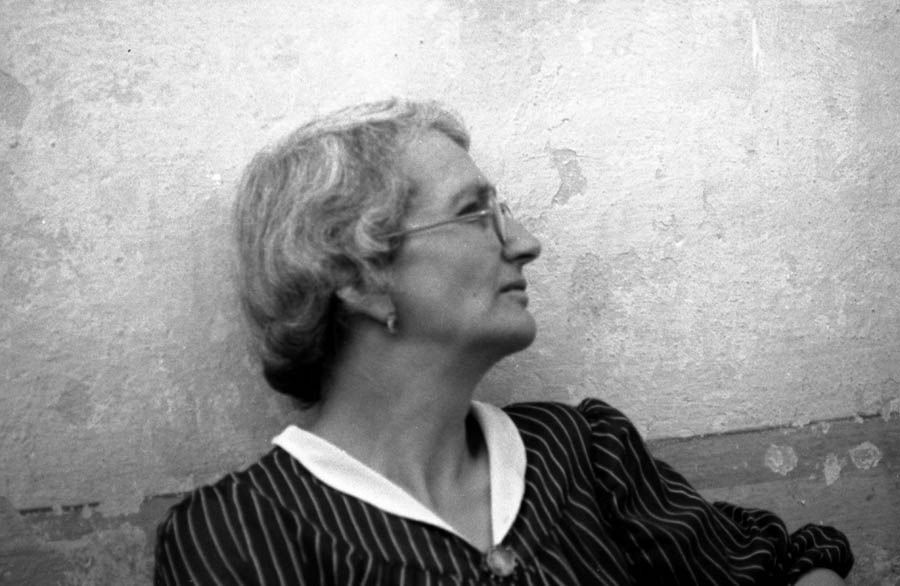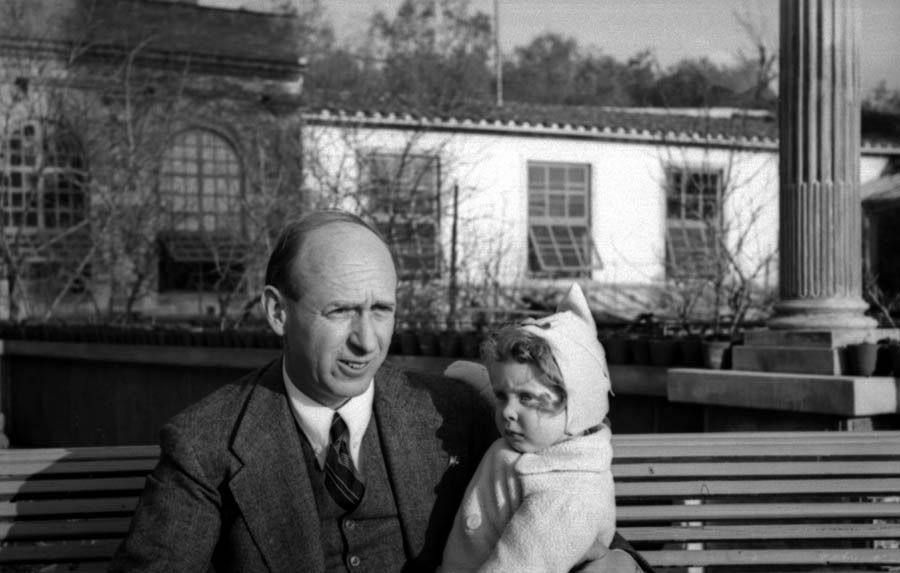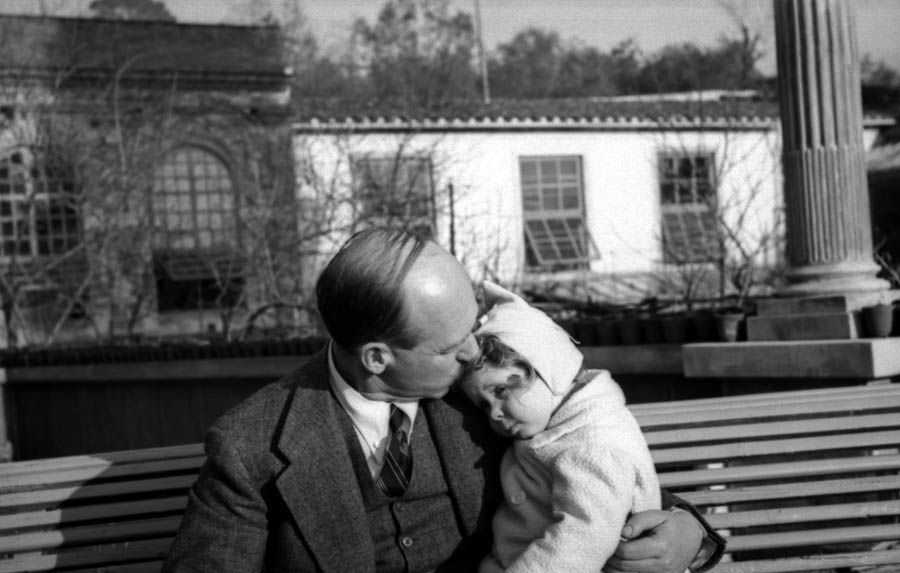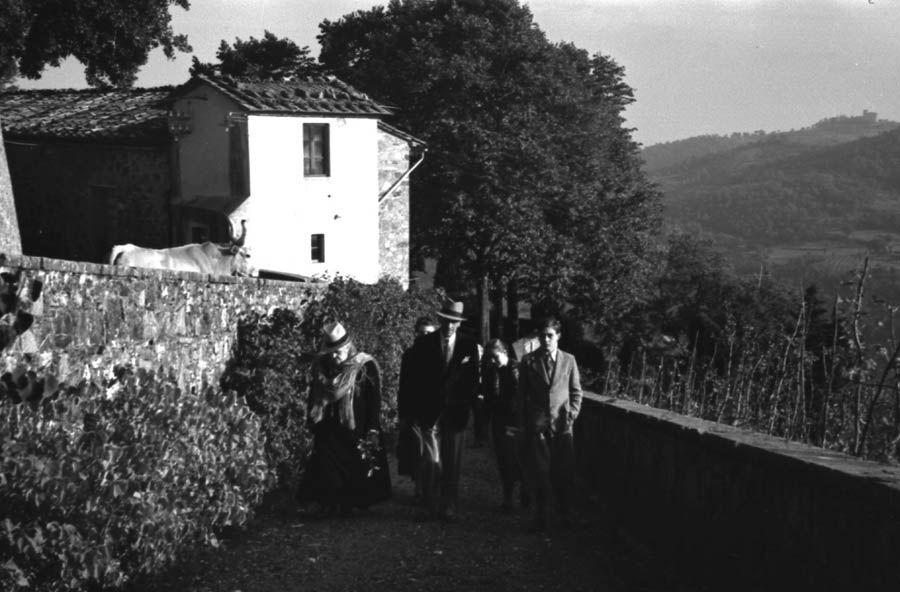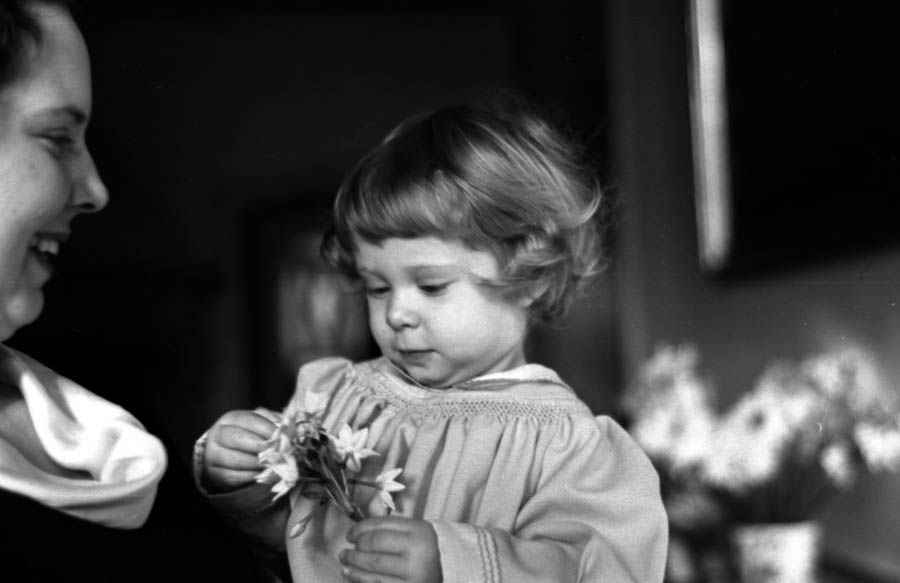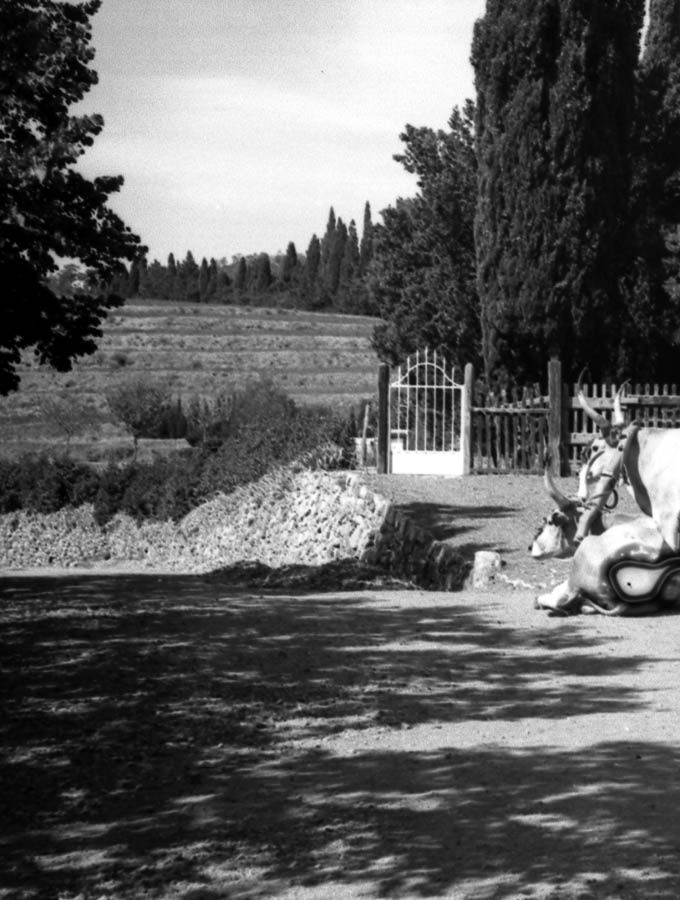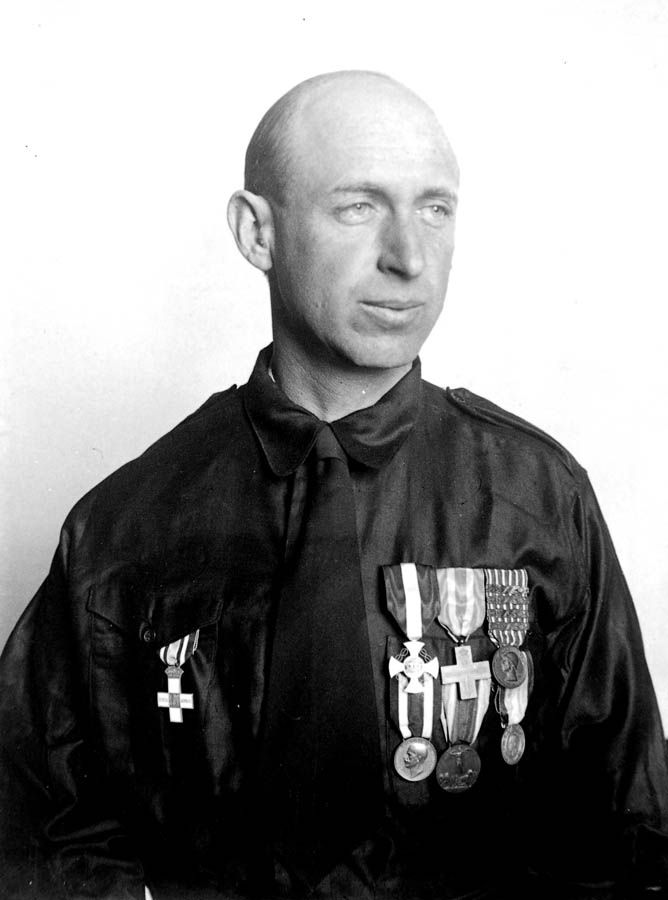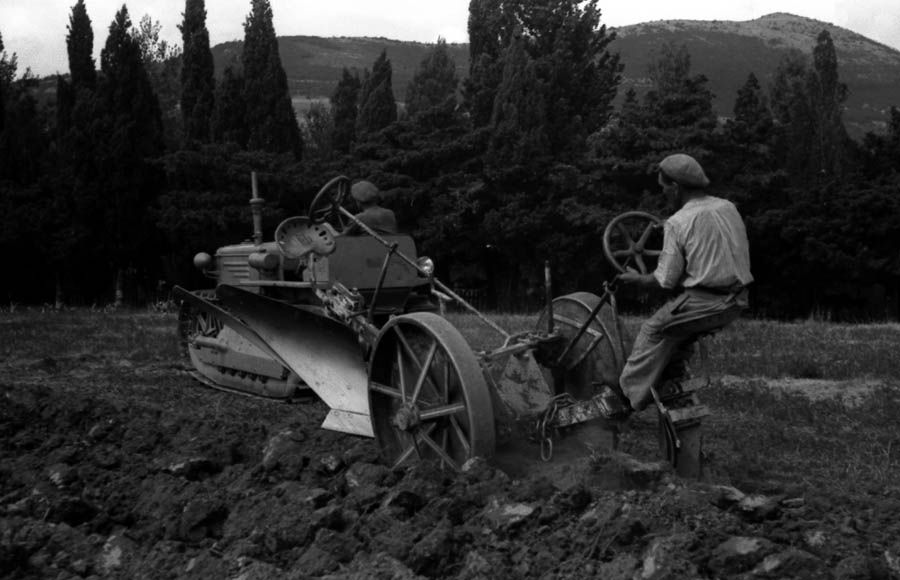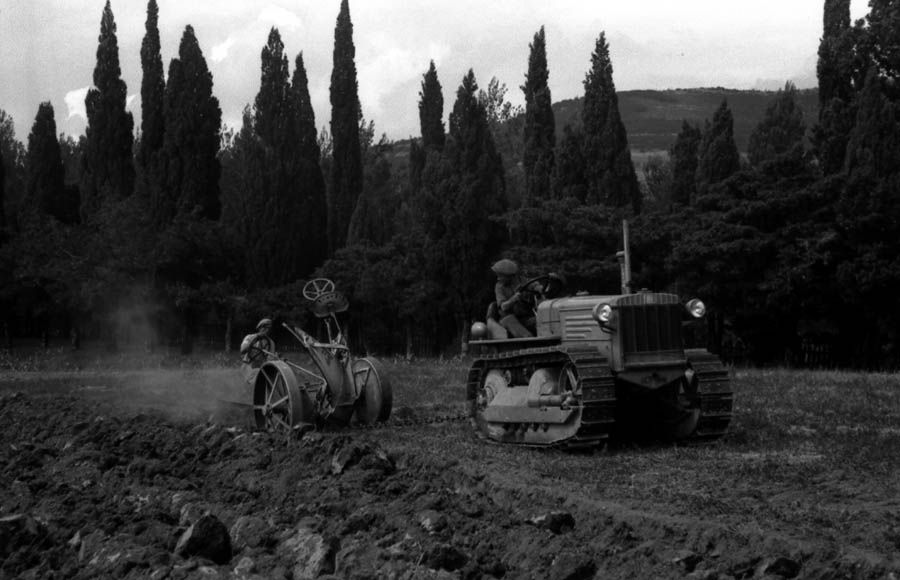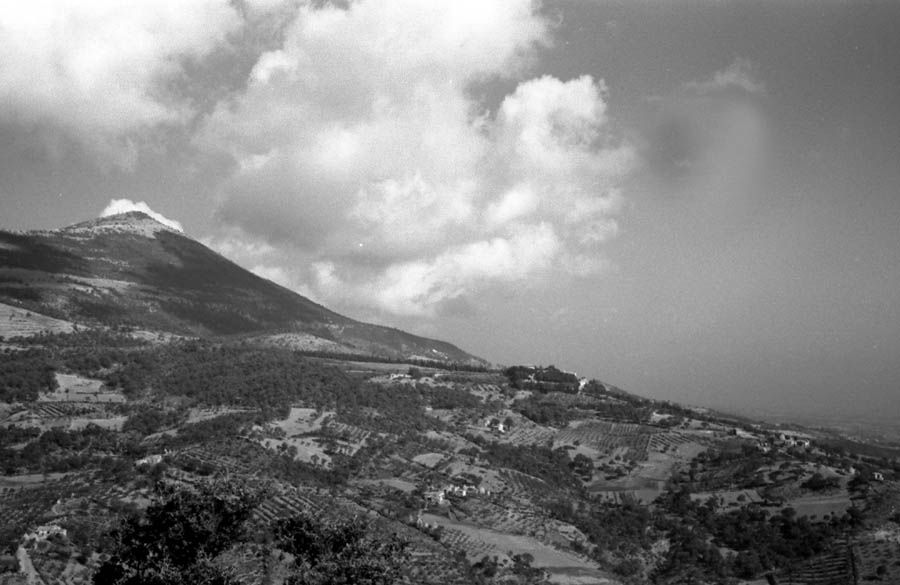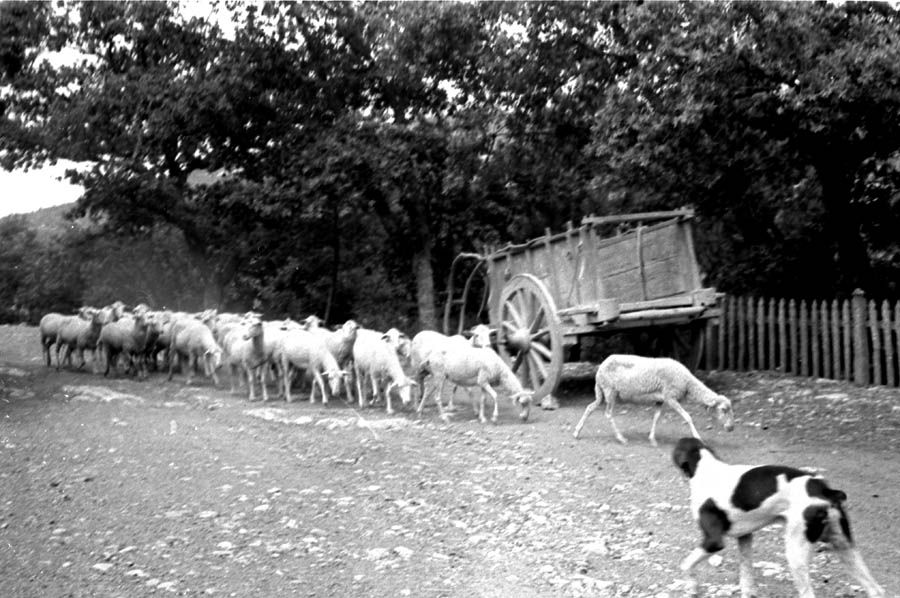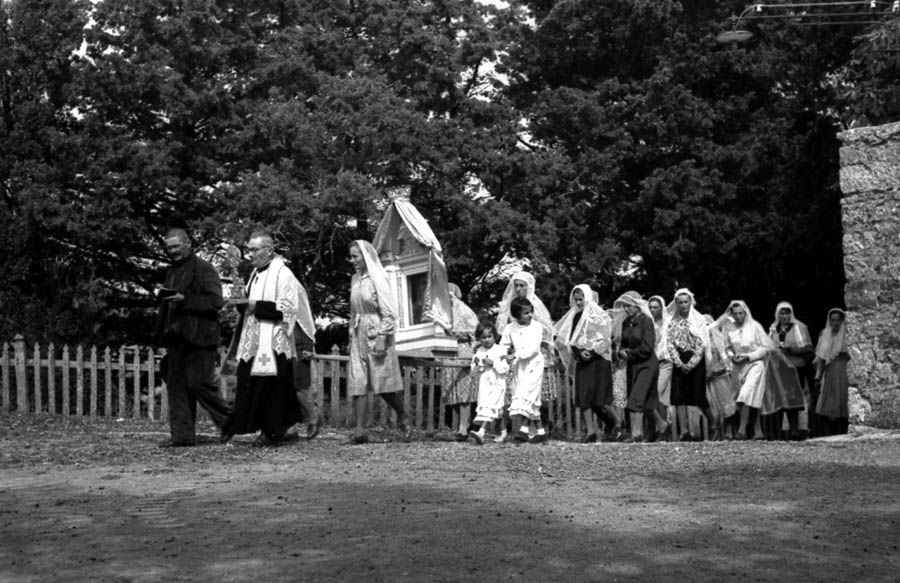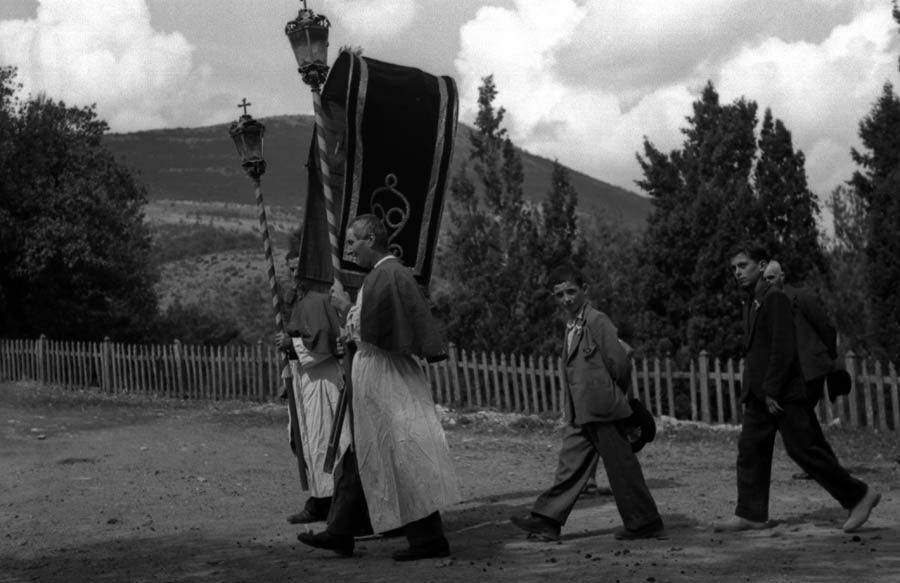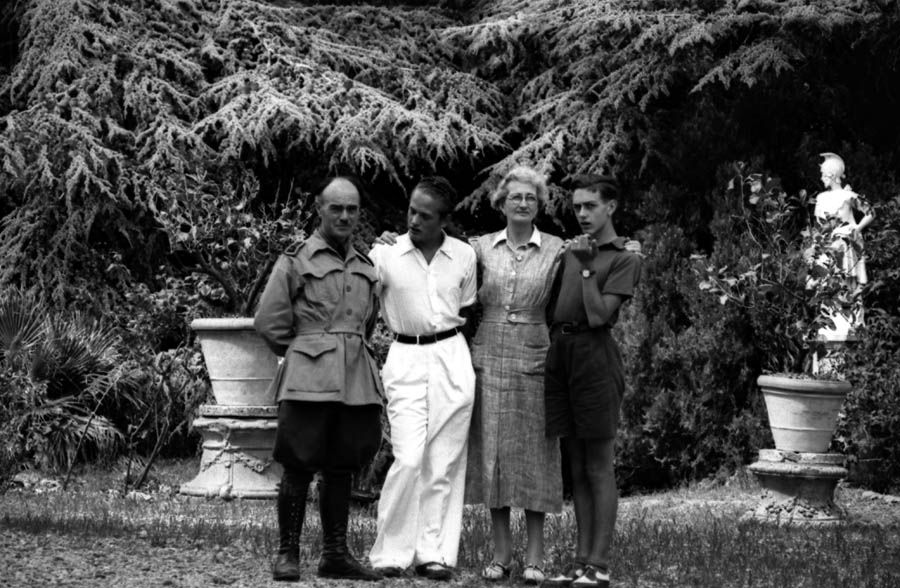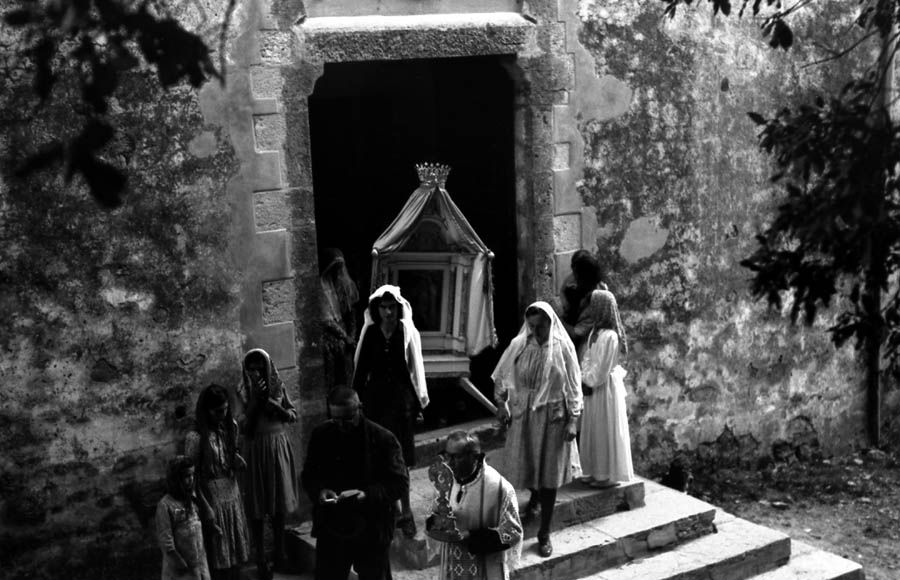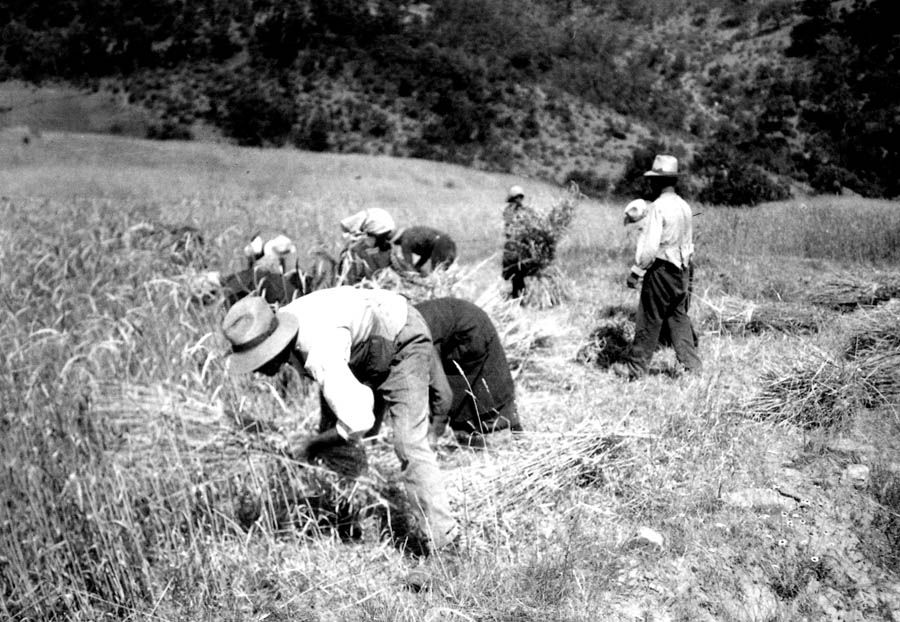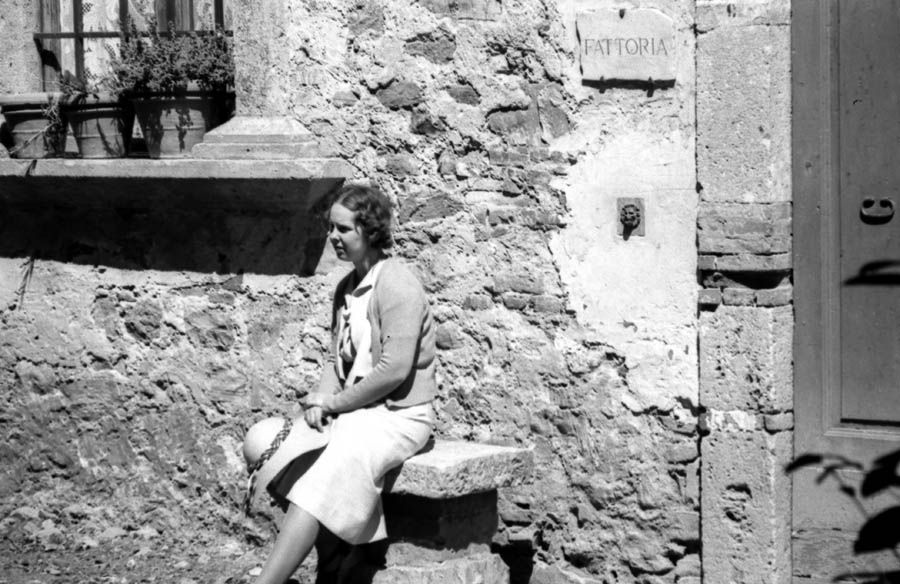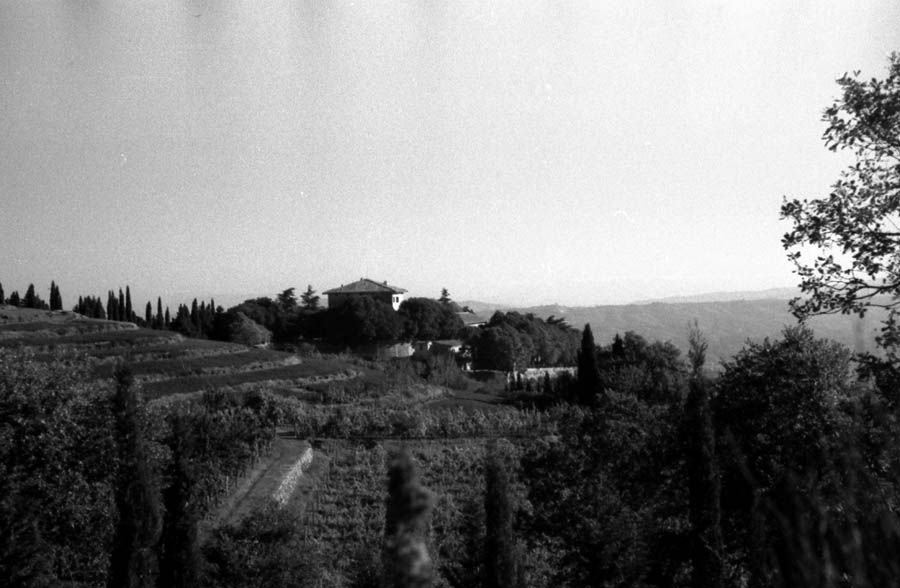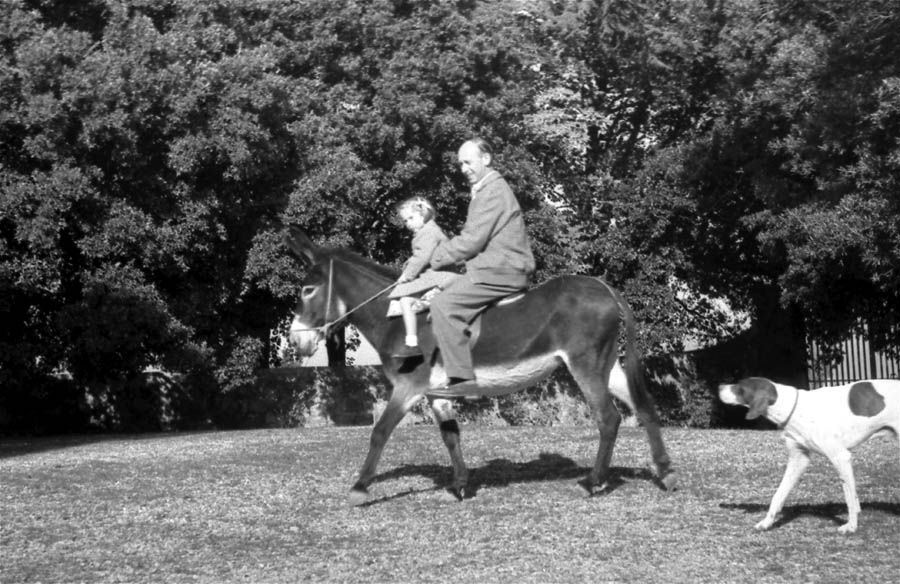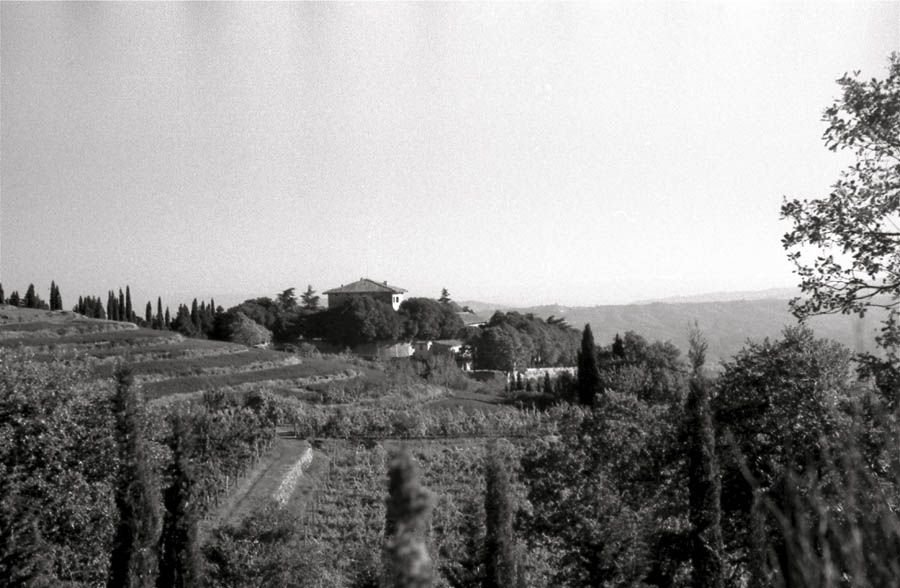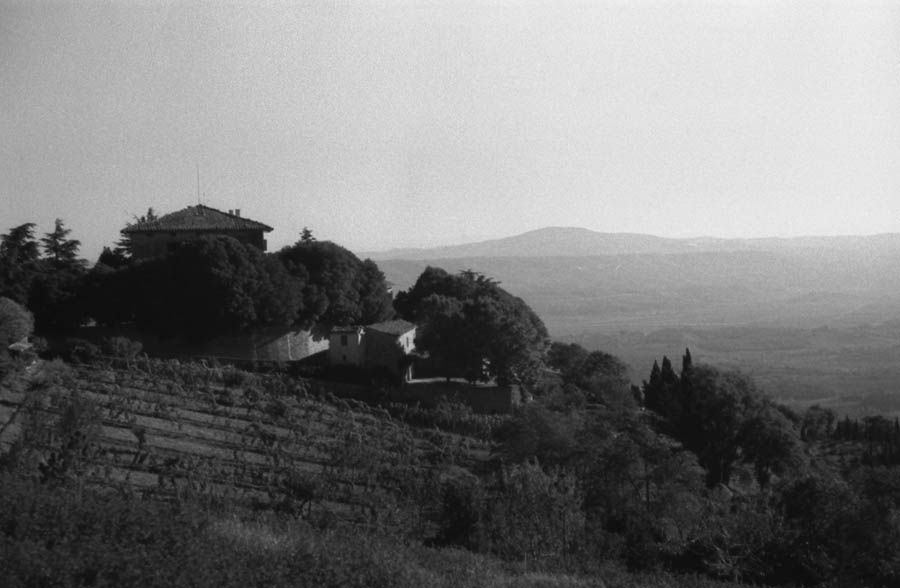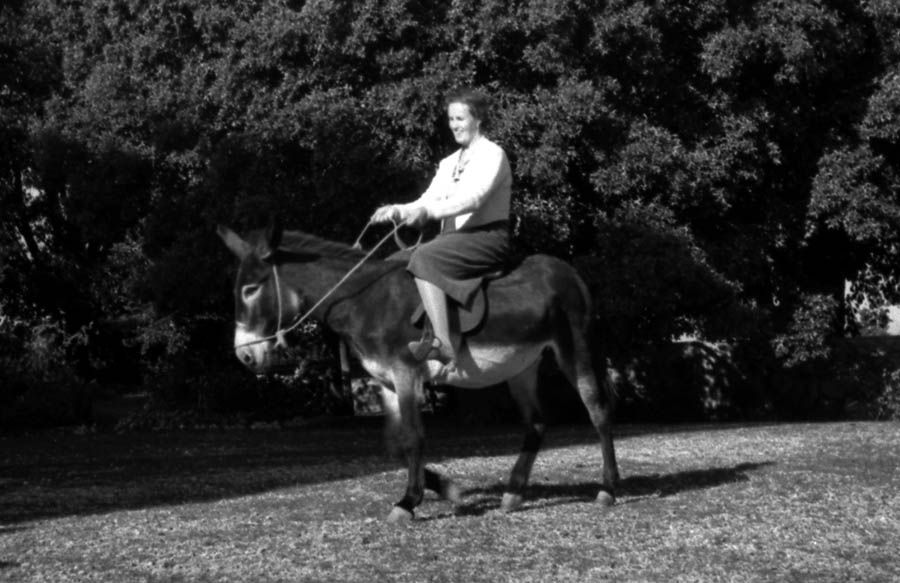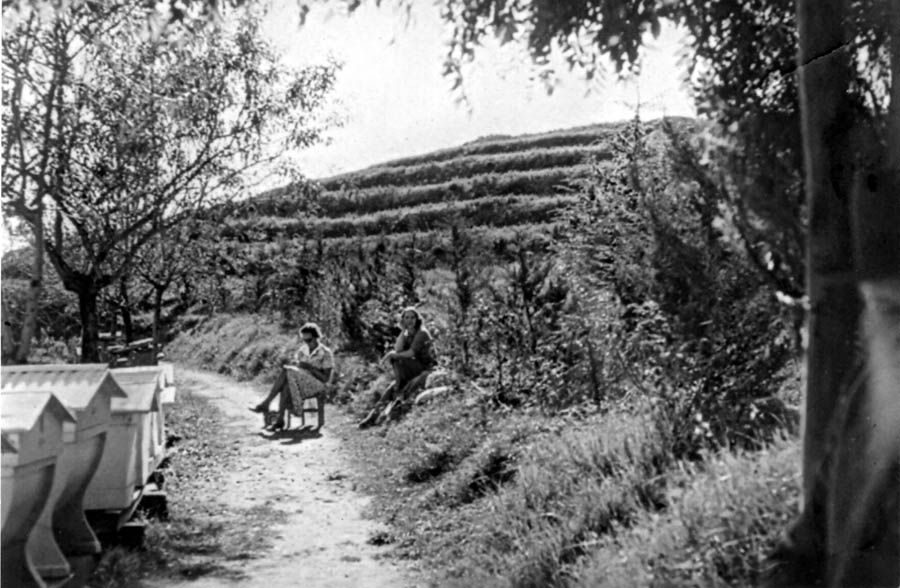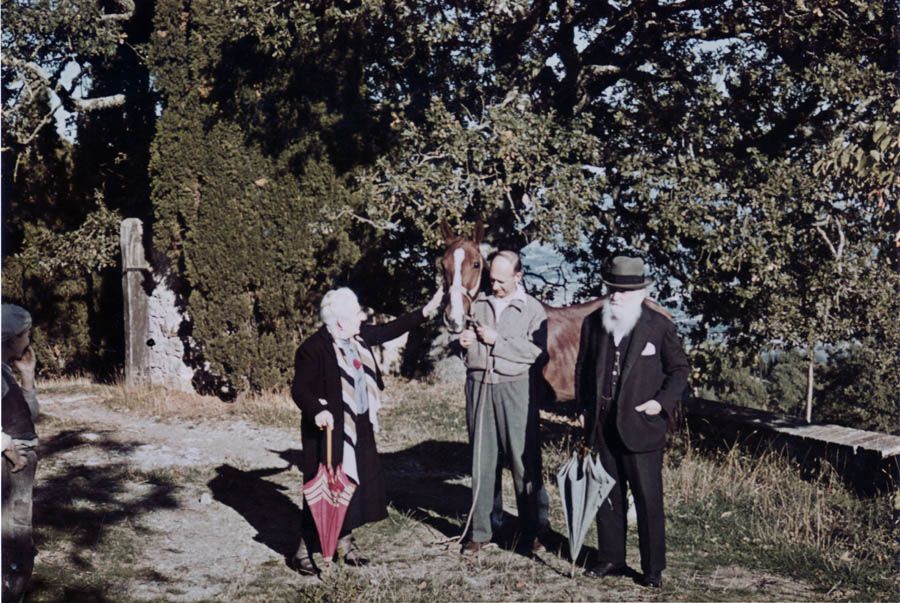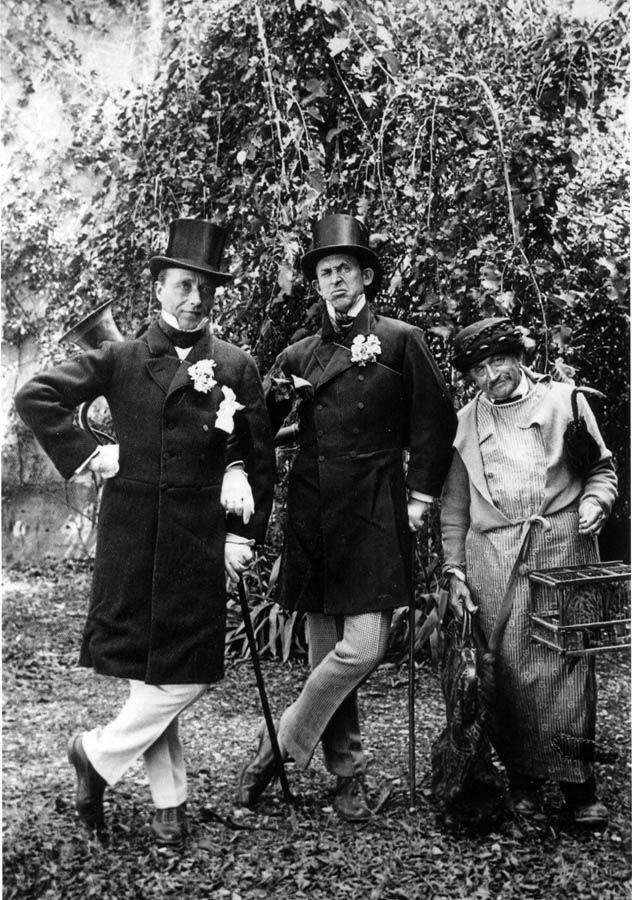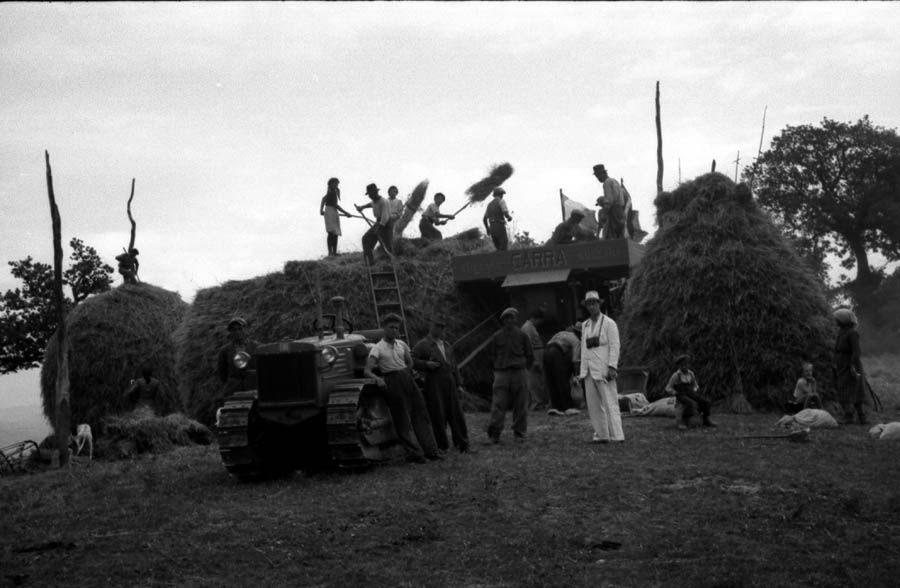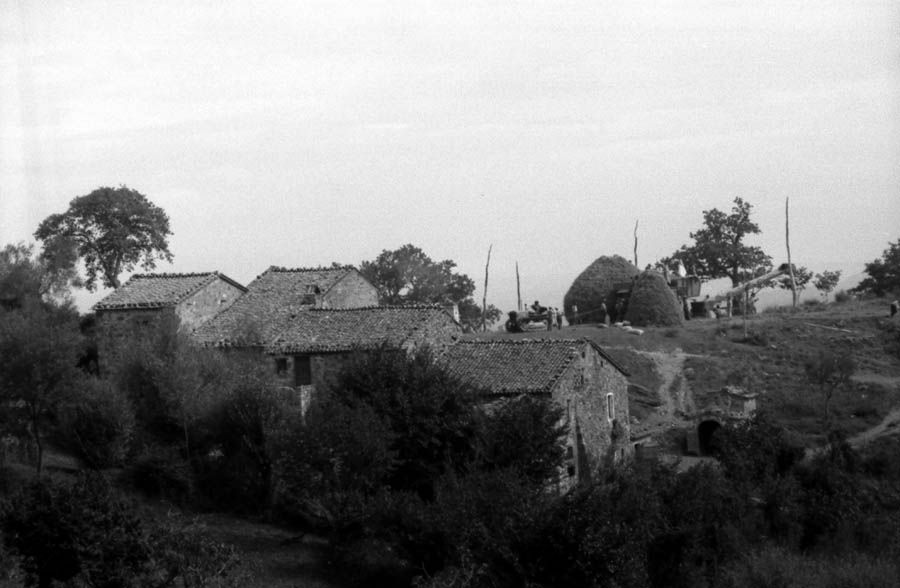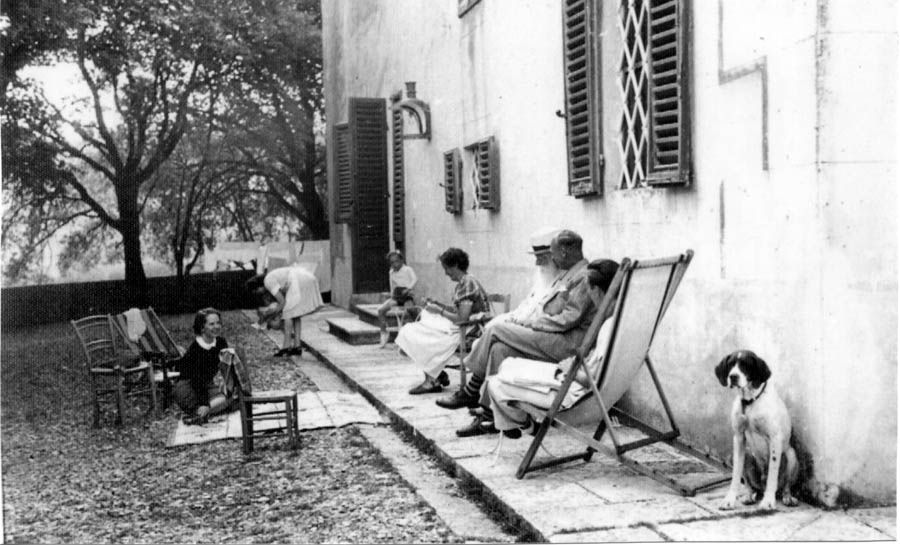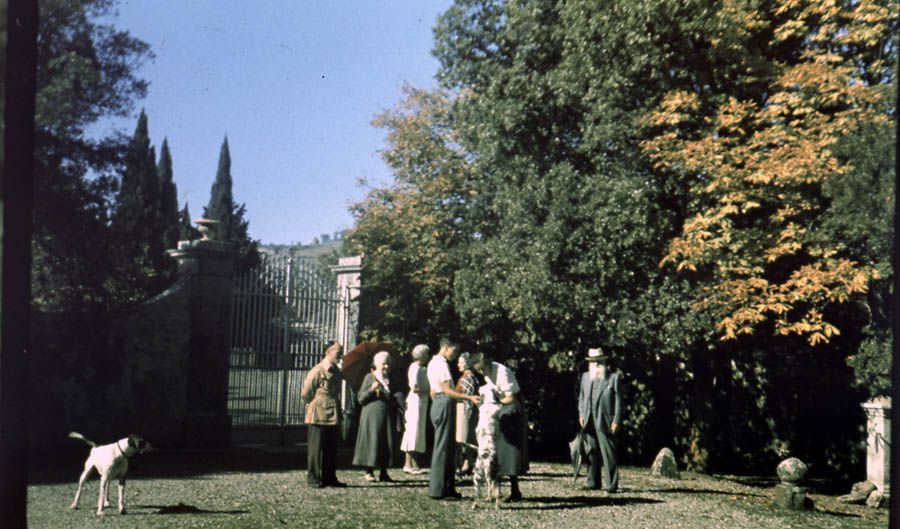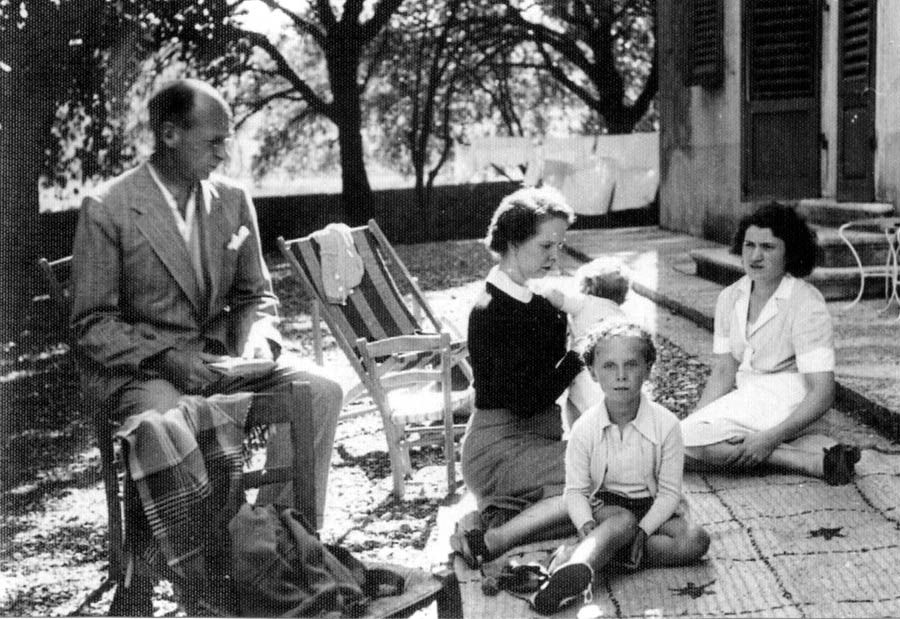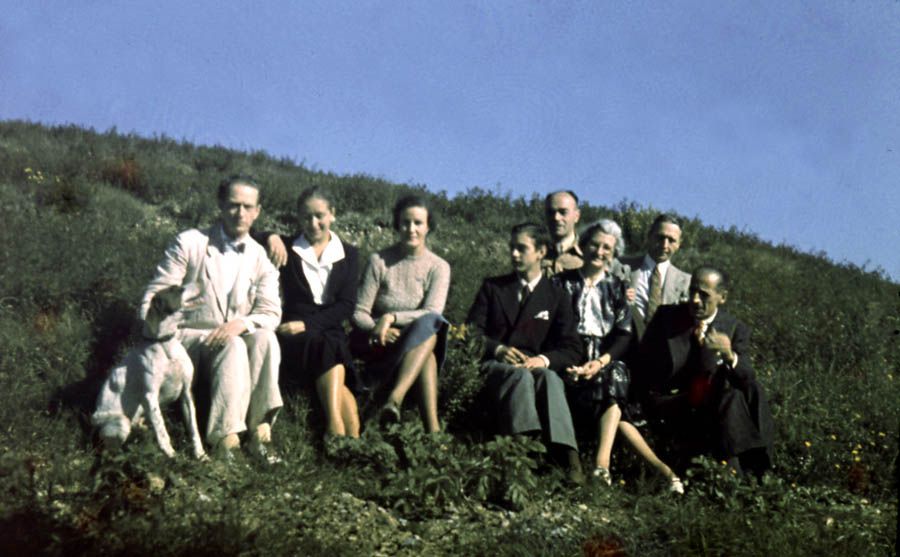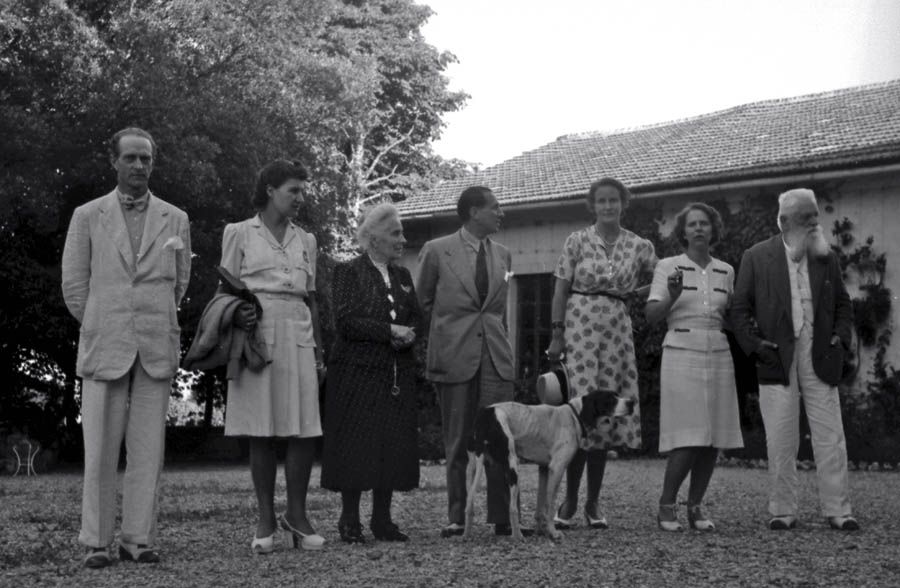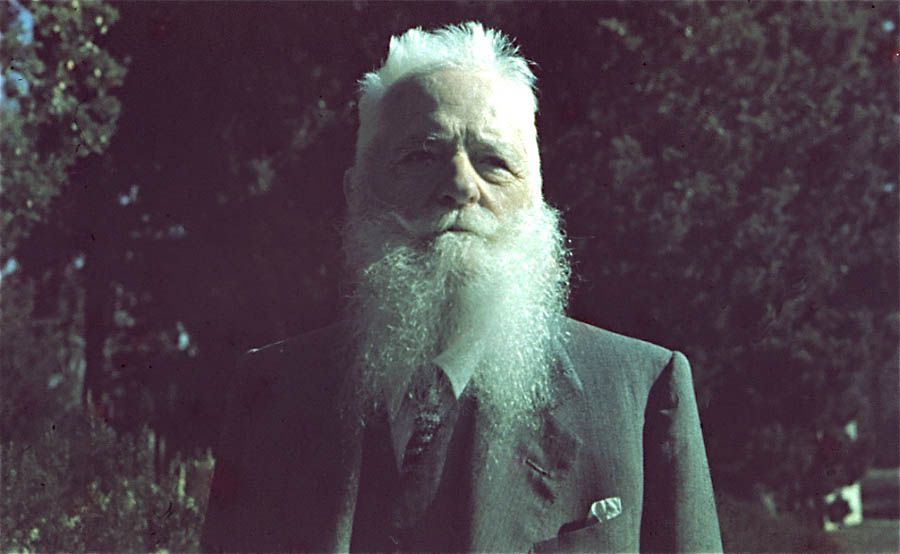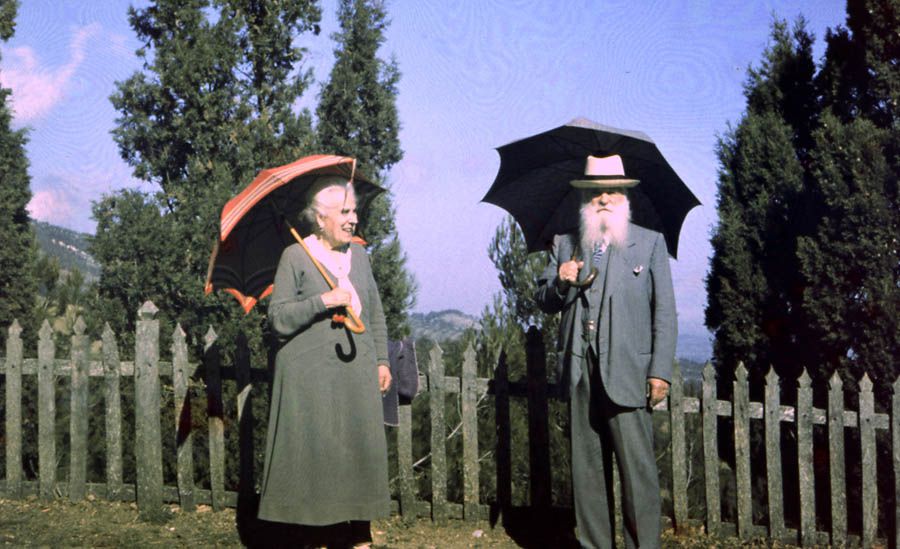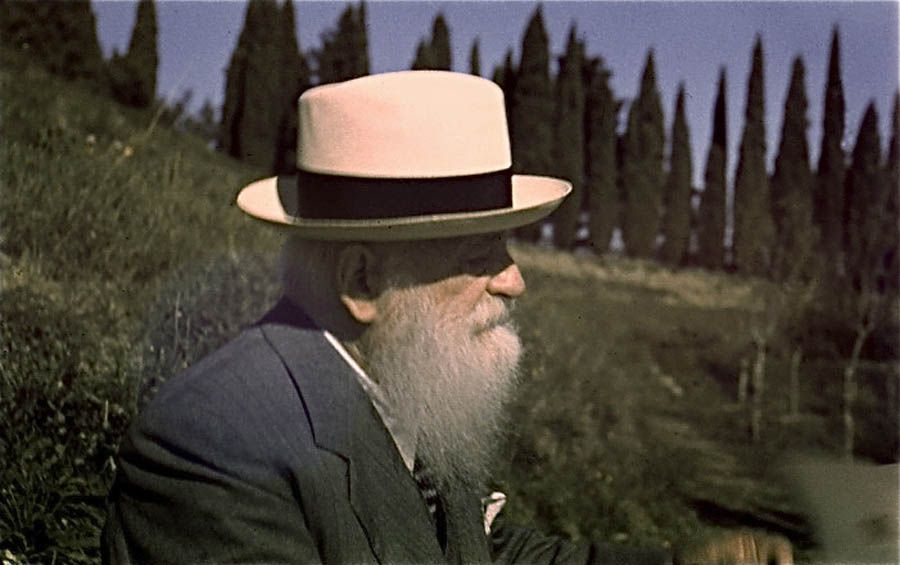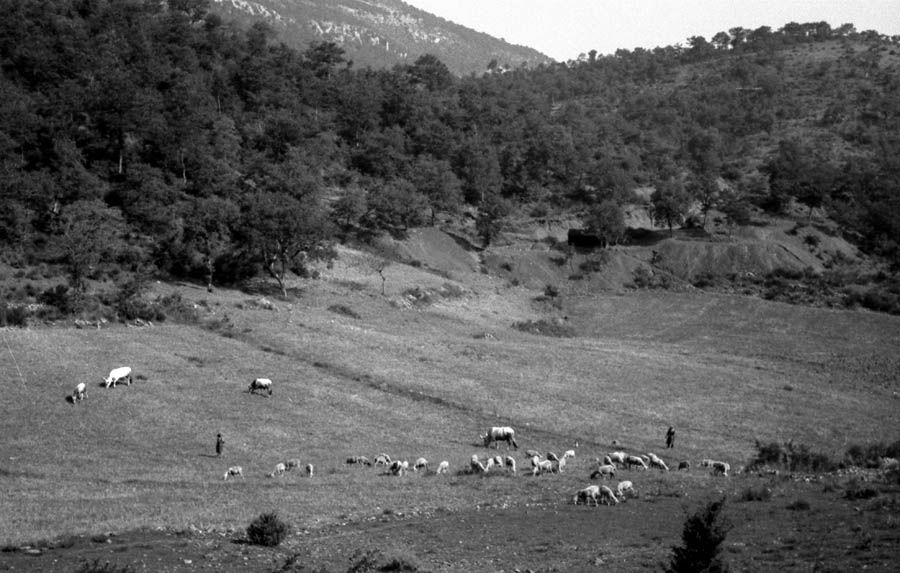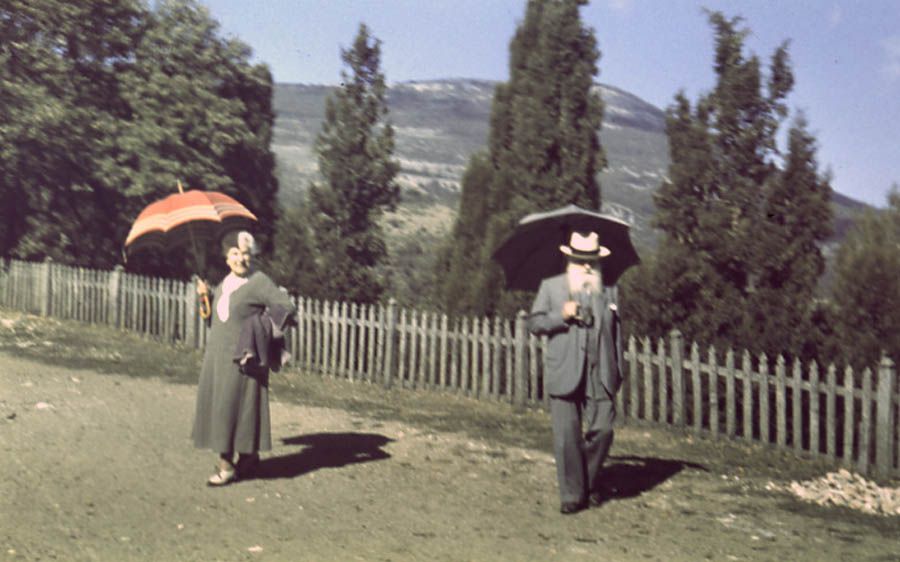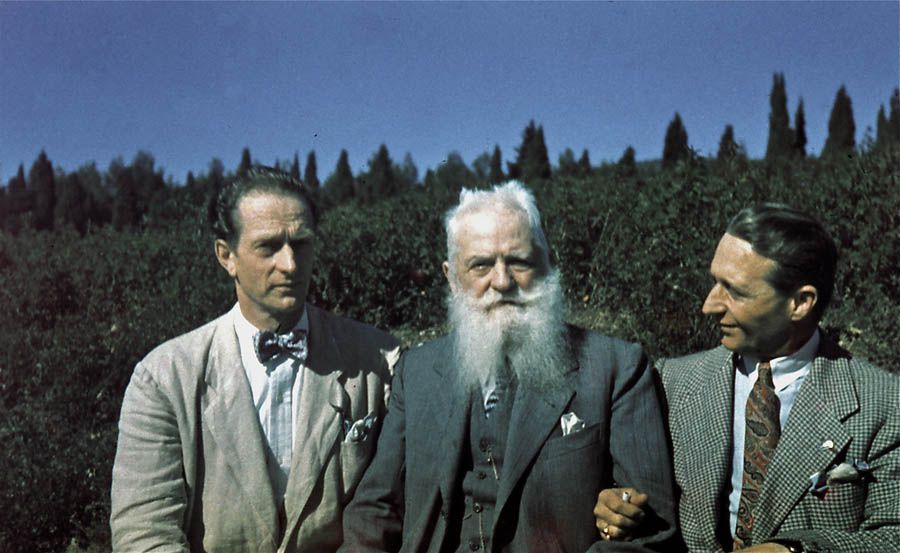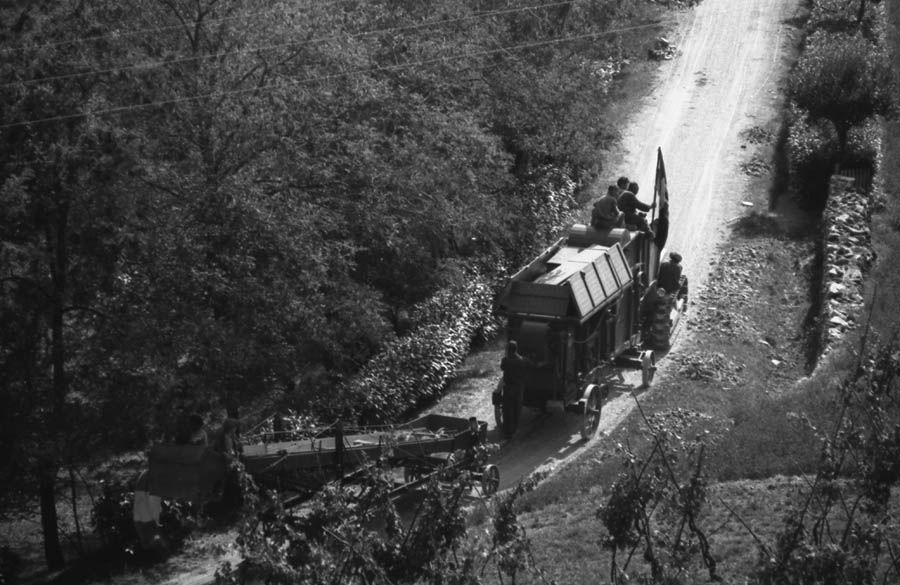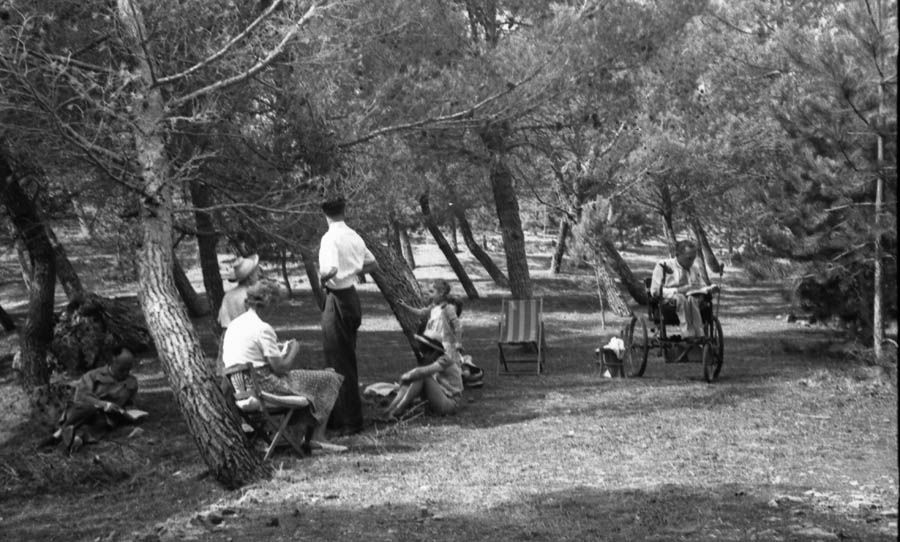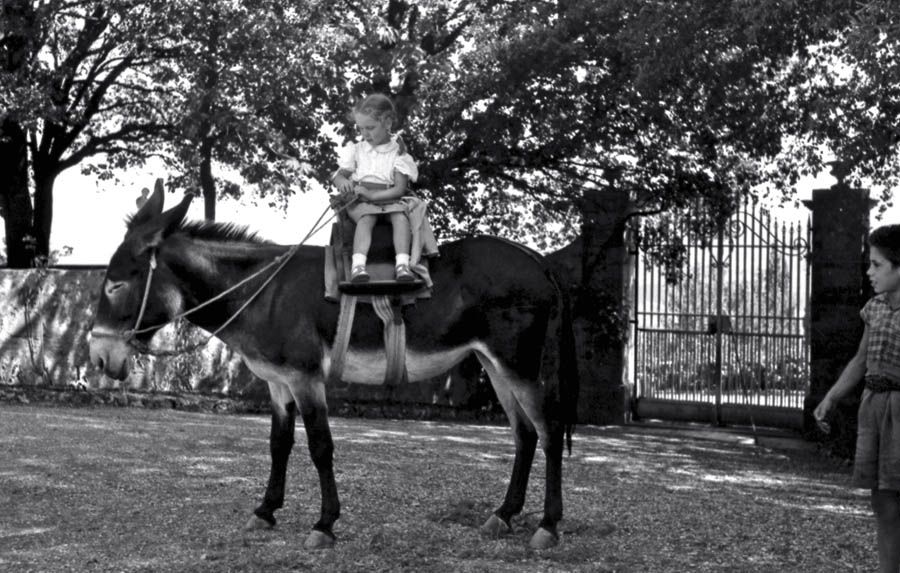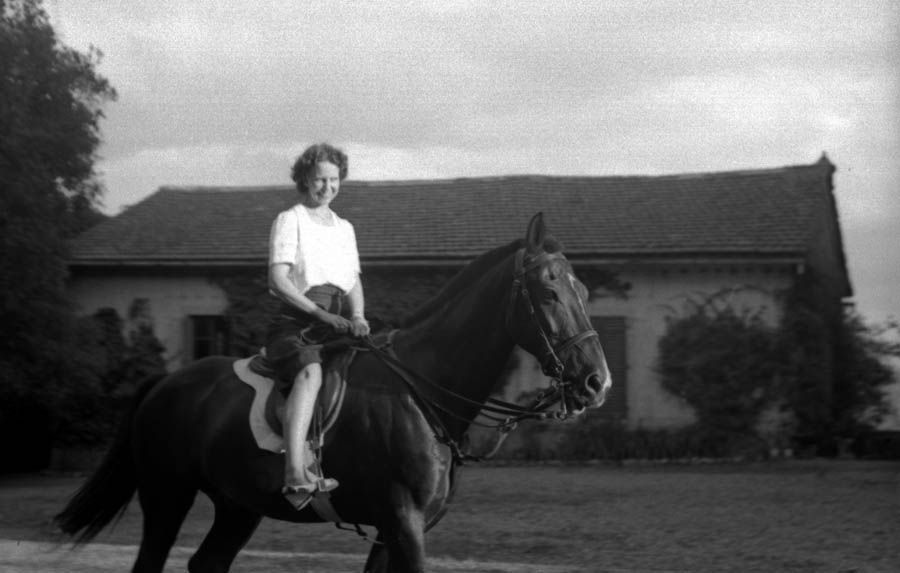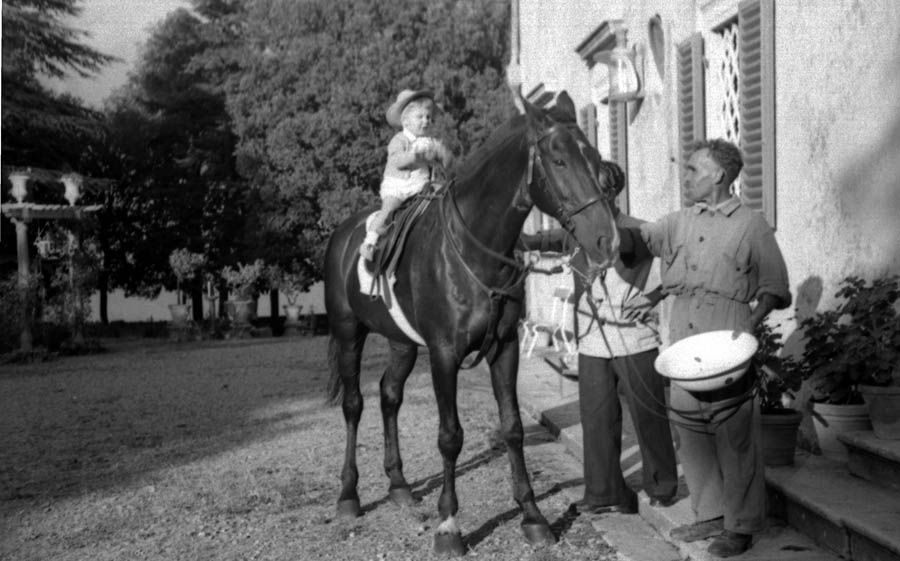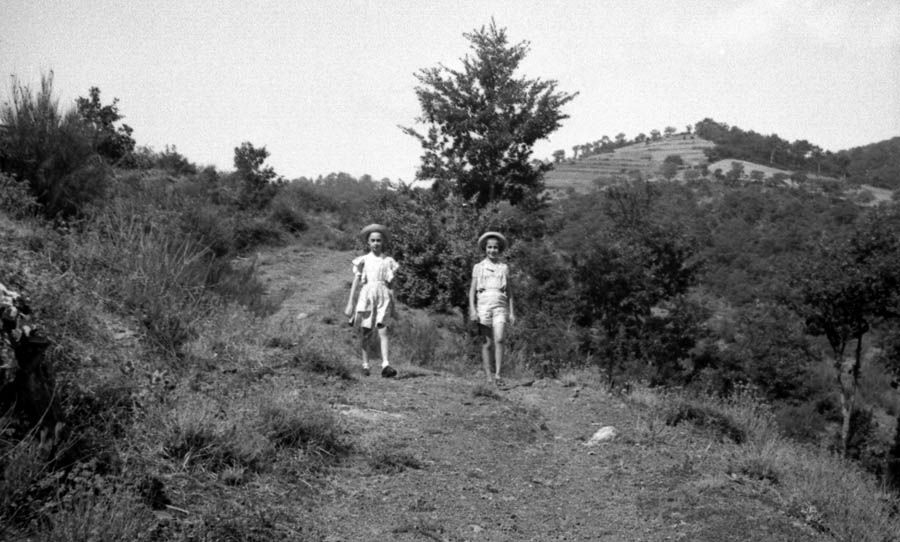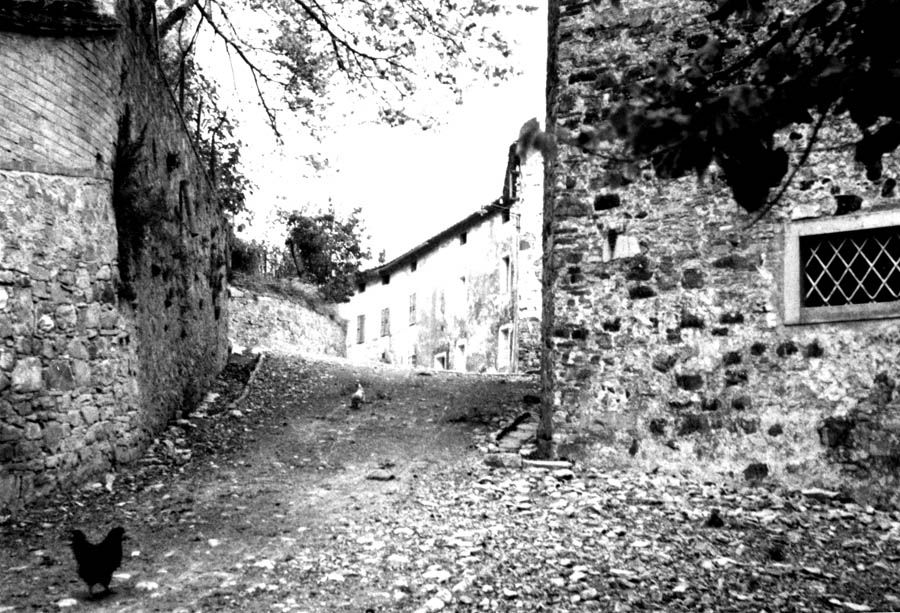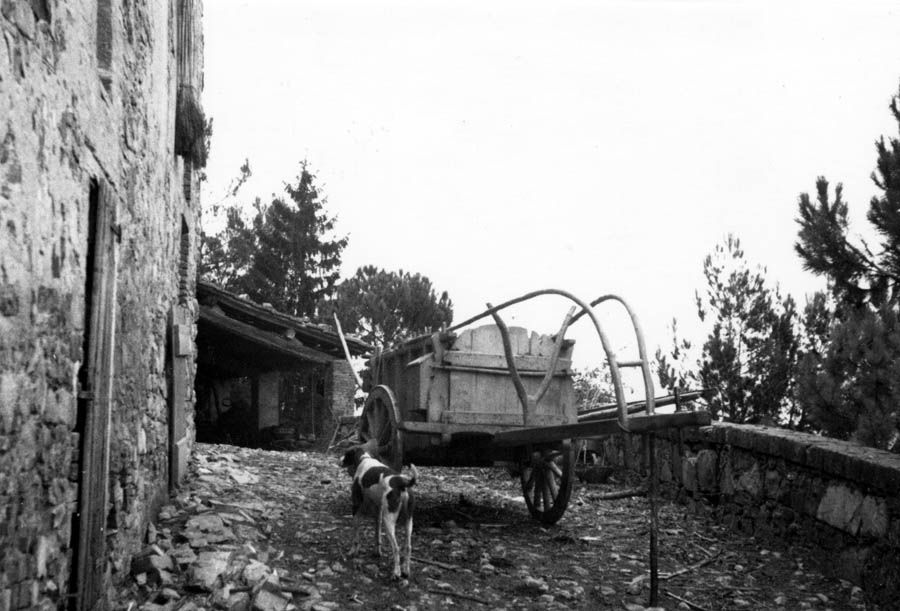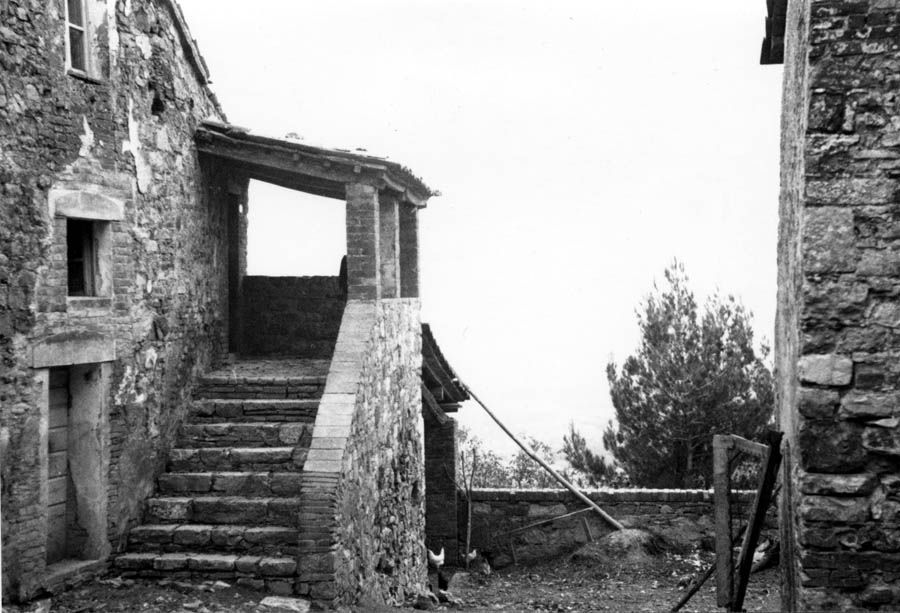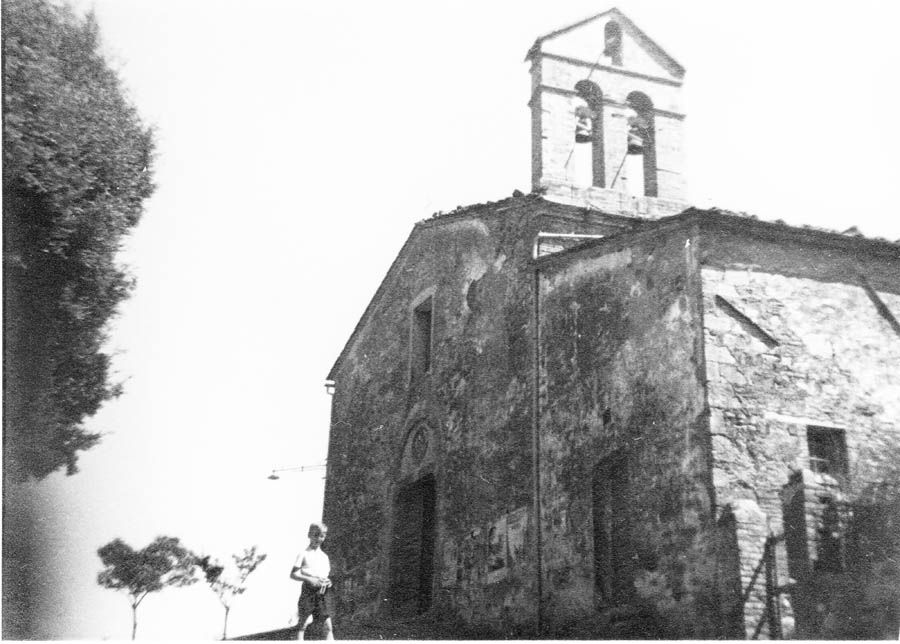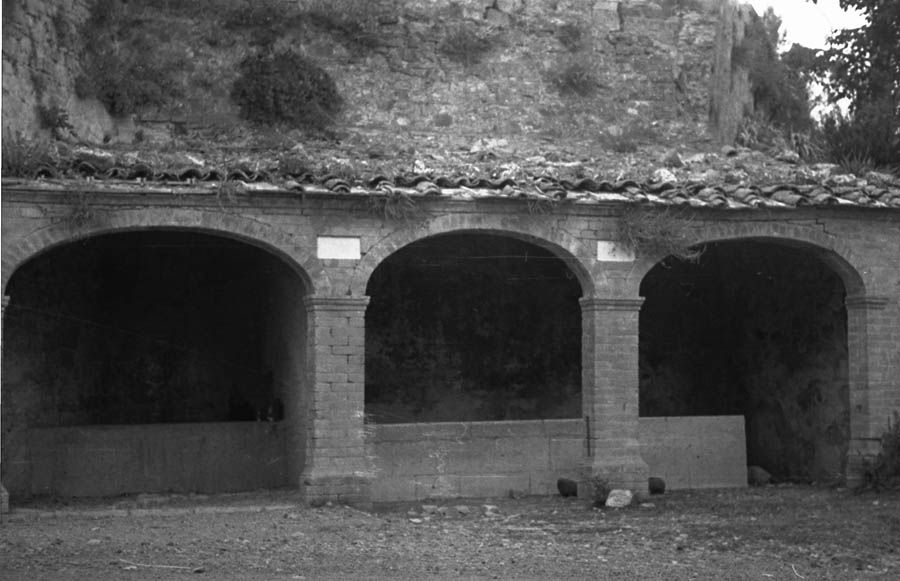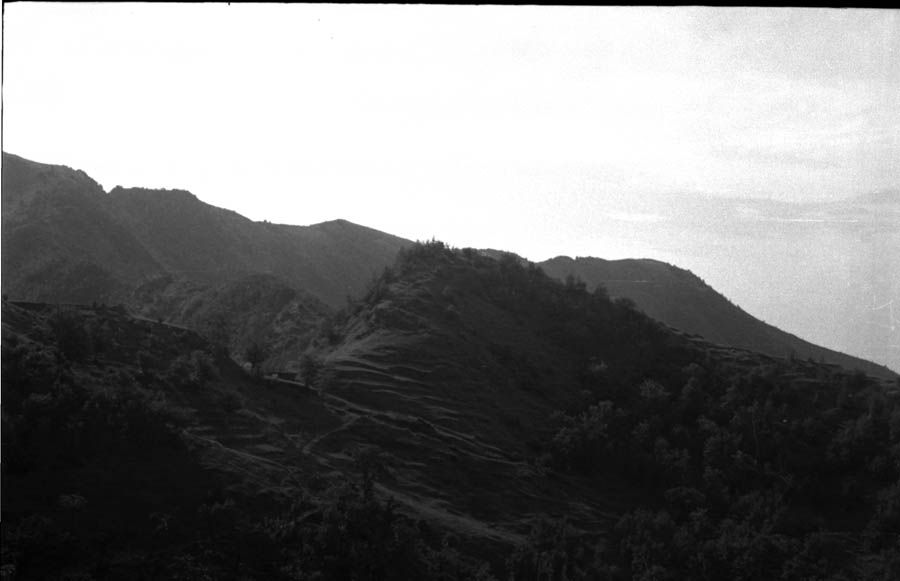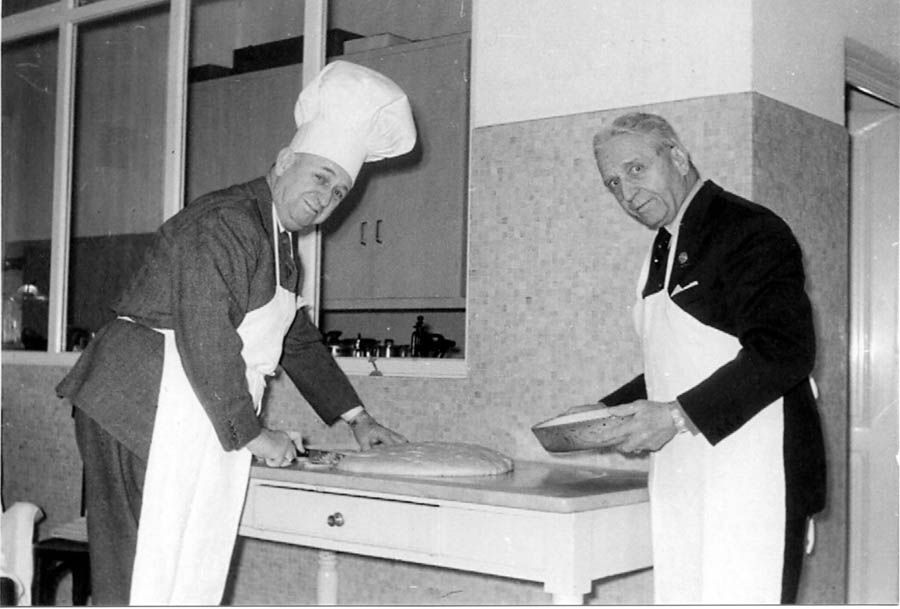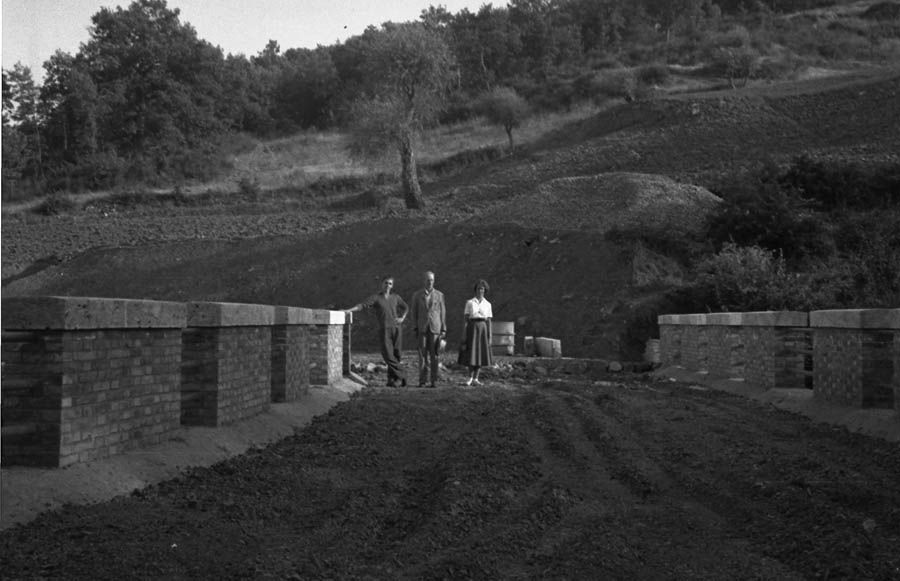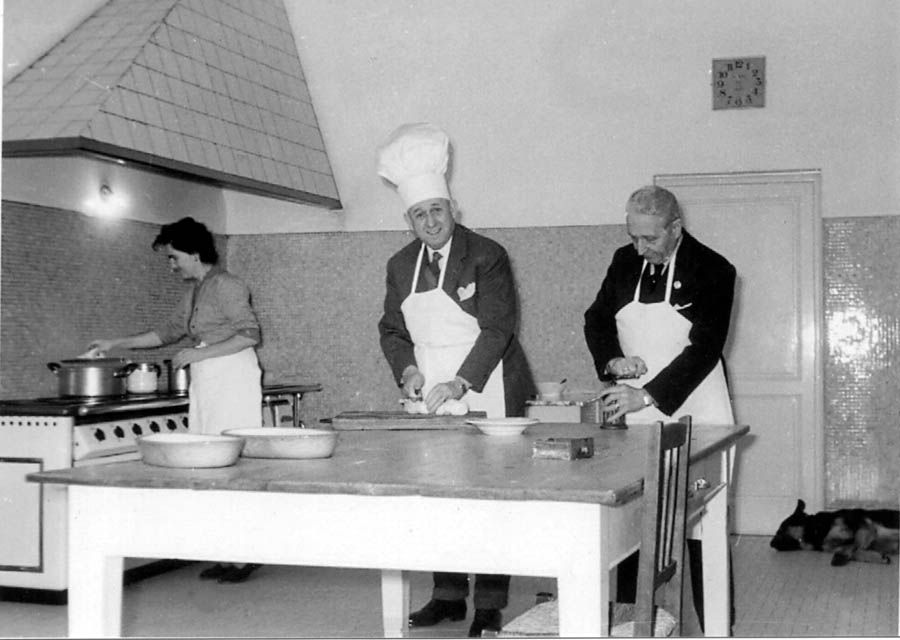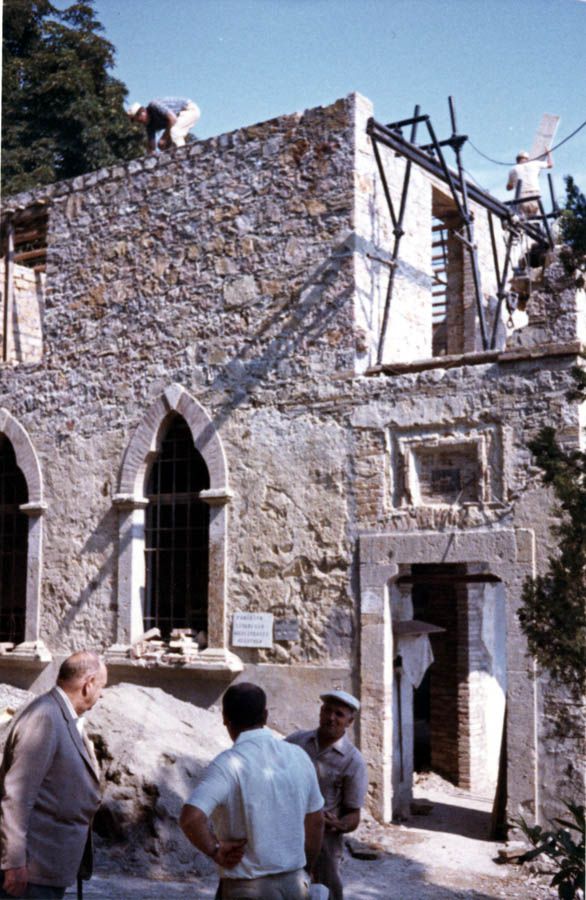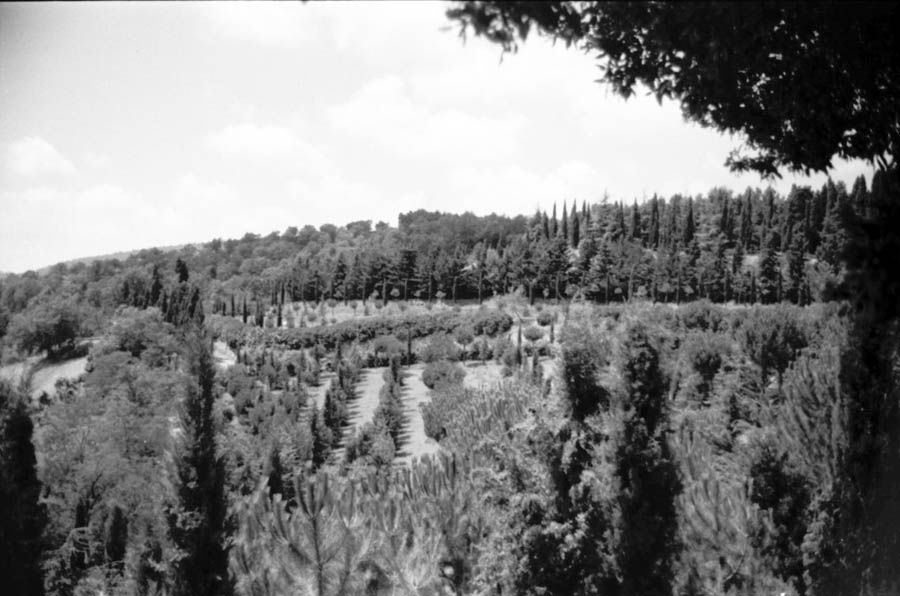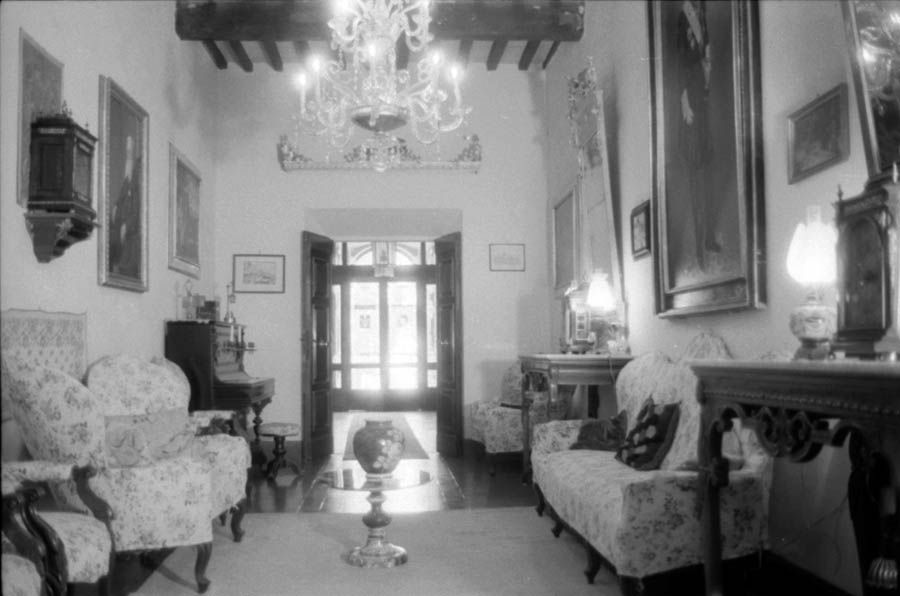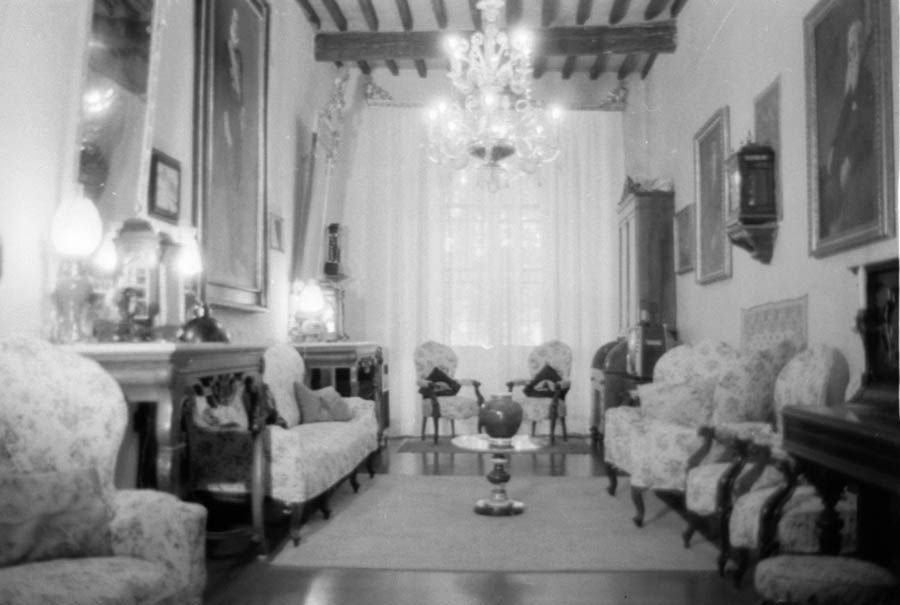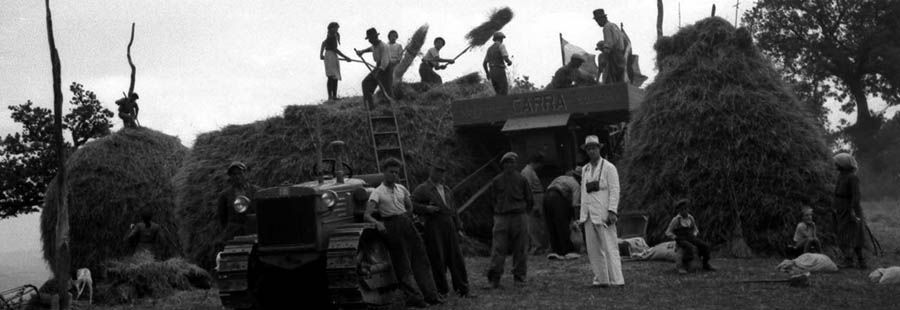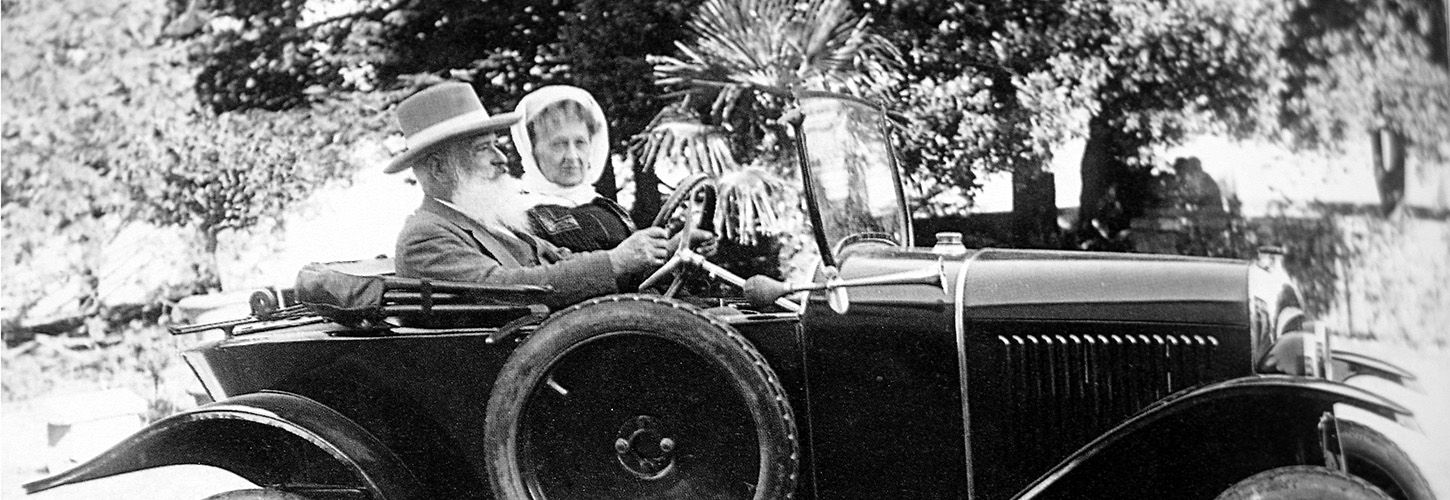This document will allow to know our privacy policy to understand how personal information is handled when using our services and to allow, where appropriate, to give consent to the processing of personal data expressed and aware in the sections of the site where it is required to provide personal data. We remind you that in the various sections of the Sitrama.it website (or even in short "
Site ") where we collect your personal data, specific information is published pursuant to Article 13 of the Rules for its necessary before the provision of the requested data The information and data supplied by you or otherwise acquired as part of the registration for the sale of the products sold on the Camporsevoli portal, will be processed in compliance with the provisions of the Regulations and the obligations of confidentiality that inspire the activity of Camporsevoli itself According to the rules of the Regulations, the treatments carried out by Camporsevoli will be based on the principles of lawfulness, correctness, transparency, limitation of finality and conservation, minimization of data, accuracy, integrity and accuracy. INDEX
1. Owner and Data Protection Officer
The Holder of the treatments carried out through the Website is Camporsevoli as defined above. The structure of the Owner doesn't have a Data Protection Officer (" DPO ").
2. Personal data processed
For the processing of personal data we mean any operation or set of operations, performed with or without the aid of automated processes and applied to personal data or sets of personal data, such as collection, registration, organization, structuring, the conservation, adaptation or modification, extraction, consultation, use, communication by transmission, dissemination or any other form of making available, comparison or interconnection, limitation, cancellation or destruction. We inform you that the personal data processed will consist of an identifier such as the name, an identification number, the email address, location data, an online ID, the purchases made, and other data suitable to make it identified, identifiable, depending on the type of products or services requested (hereinafter only " Personal Data "). In particular, the Personal Data processed through the Website are as follows:
a. Navigation Data
The computer systems and software procedures used to operate the Site acquire, during their normal operation, some Personal Data whose transmission is used; implicit in the use of Internet communication protocols. This is information that is not collected to be associated with identified interested parties, but which by their very nature could, through processing and association with data held by third parties, allow users to be identified. This category of data includes IP addresses or domain names of the computers used by users who connect to the Site, the addresses in URI (Uniform Resource Identifier) notation of the requested resources, the time of the request, the method used in submitting the request to the server, the size of the file obtained in response, the numerical code indicating the status of the response given by the server (success, error, etc.) and other parameters related to the operating system and the user's computer environment . These data are used for the sole purpose of obtaining anonymous statistical information on the use of the Website and the sites of our customers and to check its correct functioning, to identify anomalies or abuse, and are deleted immediately after processing. The data could be used for the ascertainment of responsibility; in case of hypothetical computer crimes against the site or third parties.
b. Data provided voluntarily by you
Except for the reference to specific information, this Privacy Policy is also intended for the processing of data voluntarily provided by you through the Site. In this regard, please do not include in the form content within the Site information that may fall in the category of special categories of personal data referred to in art. 9 of the Regulations (for example, data referring to your state of health), unless it is specifically requested.
c. Third party data provided voluntarily by you
In particular cases, personal data processing may be processed by third parties, which you have communicated to Camporsevoli. With regard to these hypotheses, you are the independent data controller, assuming all obligations and responsibilities; of law. In this sense, you confer on the point the most; wide indemnity with respect to any objection, claim, request for compensation for damage from treatment, etc. that should reach the Data Controller from third parties, whose personal data have been processed through your use of the services of the Site in violation of the rules on the protection of applicable personal data. In any case, if you provide or otherwise treat personal data of third parties in the use of the Site, it guarantees from now - assuming all related responsibility & agrave; - that this particular hypothesis of treatment is based on the prior acquisition - from you - of the consent of the third party to the processing of information concerning him.
d. Interaction with Social Networks
Oltre che compilando gli appositi form di richiesta, lei può presentare tale richiesta, se ha un profilo Facebook, anche cliccando semplicemente sul bottone "Contattaci" o "Invia un messaggio". In questo caso, Facebook invierà automaticamente a Camporsevoli alcuni suoi Dati Personali, specificati nell"apposita finestra "pop-up" che viene visualizzata al momento della richiesta, e non vi sarà necessità di compilare altri form da parte sua.
e. Cookie
Information about cookie can be find in Cookie Policy page.
3. Purpose of the treatment
The processing we intend to carry out, with its specific consent where necessary, has the following purposes:
a. allow the delivery of the products and services requested by you;
b. allow navigation and consultation of the Camporsevoli website;
c. respond to requests for assistance or information, which we will receive via e-mail, telephone, chat or through the "Contact" page of our site. With particular reference to the replies to requests for assistance that come to Camporsevoli via the telephone, we inform you that calls can also be recorded in order for Camporsevoli can demonstrate that it has correctly processed requests.
d. fulfill legal, accounting and tax obligations;
e. direct marketing via e-mail for services similar to those signed by you, unless you have opposed this treatment initially or during subsequent communications, for the pursuit of the legitimate interest of Camporsevoli to promote products or services to which You can reasonably be interested;
f. to elaborate studies, researches, market statistics; send advertising material, information, commercial information or surveys to improve the service ("customer satisfaction") via e-mail or text message, and / or through the use of the telephone with operator and / or through the official pages of Camporsevoli on social networks network;
g. make personalized business proposals based on the products or services you have purchased, or which you are using; interested in browsing our site, or on the basis of the group of customers to which you belong (profiling). We memorize options it means, for example, that if she & # 39; a retailer will receive & agrave; commercial offers intended for resellers; if you have surfed our site to find information on certain products, you will receive & agrave; offers relating to these products. This type of proposal is typically carried out on purchase data relating to both individuals and legal entities and the related decisions are not based on a solely automated treatment. This treatment is; necessary for the pursuit of the legitimate interest of the data controller to customize their business proposals. You can; always oppose this treatment by simply sending an email to the address: valentina@camporsevoli.it ;
h. for exclusive finalities & agrave; of security and prevention of fraudulent behavior the owner implements an automatic control system that involves the detection and analysis of user behavior on the site associated with the processing of Personal Data including the IP address. The consequences of such processing are that if a person attempts to engage in fraudulent conduct on the Camporsevoli Site. In this case, Camporsevoli reserves the right to take any other appropriate measures for its protection.
4. Legal basis and mandatory or optional nature of the processing
The legal basis of the processing of Personal Data for the purposes referred to in section 3 (a-c) & egrave; Article 6 (1) (b) of the Regulation as the processing is necessary for the provision of the contracted services and the supply of the requested products. The provision of Personal Data for these purposes; & Egrave; optional but the eventual failure to provide it would entail the impossibility & acrave; to activate the requested Services or to process the ordered Products. The finalit & agrave; referred to in section 3 (d) represents a legitimate processing of Personal Data pursuant to Article 6 (1) (c) of the Regulations Once the Personal Data have been provided, the processing may actually be necessary to fulfill law to which Camporsevoli is subjected.The processing performed for marketing purposes described in section 3 (f) is based on the issuance of its consent pursuant to art. 6 (1) (a) of the Rules. The provision of your Personal Data for these purposes; & Egrave; completely optional and does not affect the use of the Services or the purchase of the Products The treatments referred to in Section 3 (e), performed for the purpose of e-mail marketing on products or services similar to those purchased by you, find instead the its legal basis, pursuant to art. 6.1.f of the Regulations, in the legitimate interest of Camporsevoli to promote its products or services in a context in which the interested party can; reasonably expect this type of treatment, to which it can; however, oppose at any time. In fact, if you wish to oppose the processing of your data for the purposes? marketing, referred to in sections 3 (e) and 3 (f), potr & agrave; at any time by simply sending an email to the address: valentina@camporsevoli.it or through the mechanism proposed in the footer of commercial emails. referred to in section 3 (g), to which you can oppose at any time, is based on the legitimate interest of the Owner, pursuant to article 6.1.f. of the Regulations, to personalize their commercial communications. The treatment referred to in section 3 (h) is also based on the legitimate interest of the owner to detect frauds and frauds committed against him, in accordance with art. 6.1.f of the Rules.
5. Recipients of personal data
Your Personal Data may be shared, for the purposes and purposes; referred to in Section 3 above, with: a. subjects that typically act in quality of data controllers that is: i) people, companies o professional firms that lend business; assistance and advice to Camporsevoli in accounting, administrative, legal, tax, financial and debt collection with respect to the provision of the Services or the supply of Products; ii) subjects with whom it is necessary to interact for the provision of the Services or the supply of the Products requested, iii) or subjects delegated to perform technical maintenance activities (including maintenance of network equipment and electronic communications networks); b) subjects, bodies or authorities that are obliged to communicate their personal data in accordance with the law or the orders of the authorities (for example, in the course of criminal investigations, Camporsevoli may receive requests from the authority judicial to provide log of electronic traffic); c. persons authorized by Camporsevoli to process Personal Data necessary to carry out activities; strictly related to the supply of Products and Services, which are committed to confidentiality or have an appropriate legal obligation of confidentiality, such as employees of Camporsevoli; d. business partners for their own purposes, independent and distinct, only if you have given a specific consent.
6. Data retention
Personal Data processed for the purposes referred to in section 3 (a-b-c) will be kept for the time strictly necessary to achieve those same purposes. In any case, since these are treatments carried out for the supply of Products and Services, Camporsevoli tratter & agrave; Personal Data up to the time allowed by Italian law to protect its interests (Article 2946 c.c. and ss.). Personal Data processed for the purposes referred to in section 3 (d) will be kept until the time provided for by the specific obligation or applicable law. For the purposes, as per section 3 (e) (f), your Personal Data will be processed until your consent is revoked or until three years after you have ceased to be a customer of Camporsevoli. & Egrave; subject to the possibility in any case; for Camporsevoli to keep your Personal Data up to the time allowed by Italian law to protect your interests (Article 2947 (1) (3) c.c.). Further information about the data retention period and the criteria used to determine this period can be requested by writing to the Data Controller or the DPO.
7. Rights of the interested parties
Pursuant to articles 15 and ss. of the Rules, you have the right to ask Camporsevoli, at any time, to access your personal data, to rectify or cancel them, or to oppose their processing pursuant to art. 21 of the Regulations. You also have the right to request the limitation of processing in the cases provided for in Article 18 of the Regulation, as well as to obtain, in a structured format, in common use and readable by automatic device the data concerning you, in the cases provided by "art. 20 of the Rules. Requests should be sent in writing to the Data Controller at the addresses indicated in the "Contact" section of this statement. In any case, you are always entitled to lodge a complaint with the competent control authority (Guarantor for the protection of personal data), pursuant to art. 77 of the Regulations, if you believe that the processing of your data is contrary to the law in force.
8. Changes
This privacy policy is effective from 25 May 2018. Camporsevoli reserves the right to modify or simply update its content, in part or completely, also due to changes in the applicable legislation. If the amendments to this Policy concern substantial changes in the treatments or may have a significant impact on the interested parties, Camporsevoli avr & agrave; take care to notify them appropriately to the interested parties.
9. Contacts
To exercise the above rights or for any other request you can; write to the Data Controller: & nbsp; Camporsevoli, which has its registered office in Via Camporsevoli, 53040 Cetona SI or send an email to valentina@camporsevoli.it
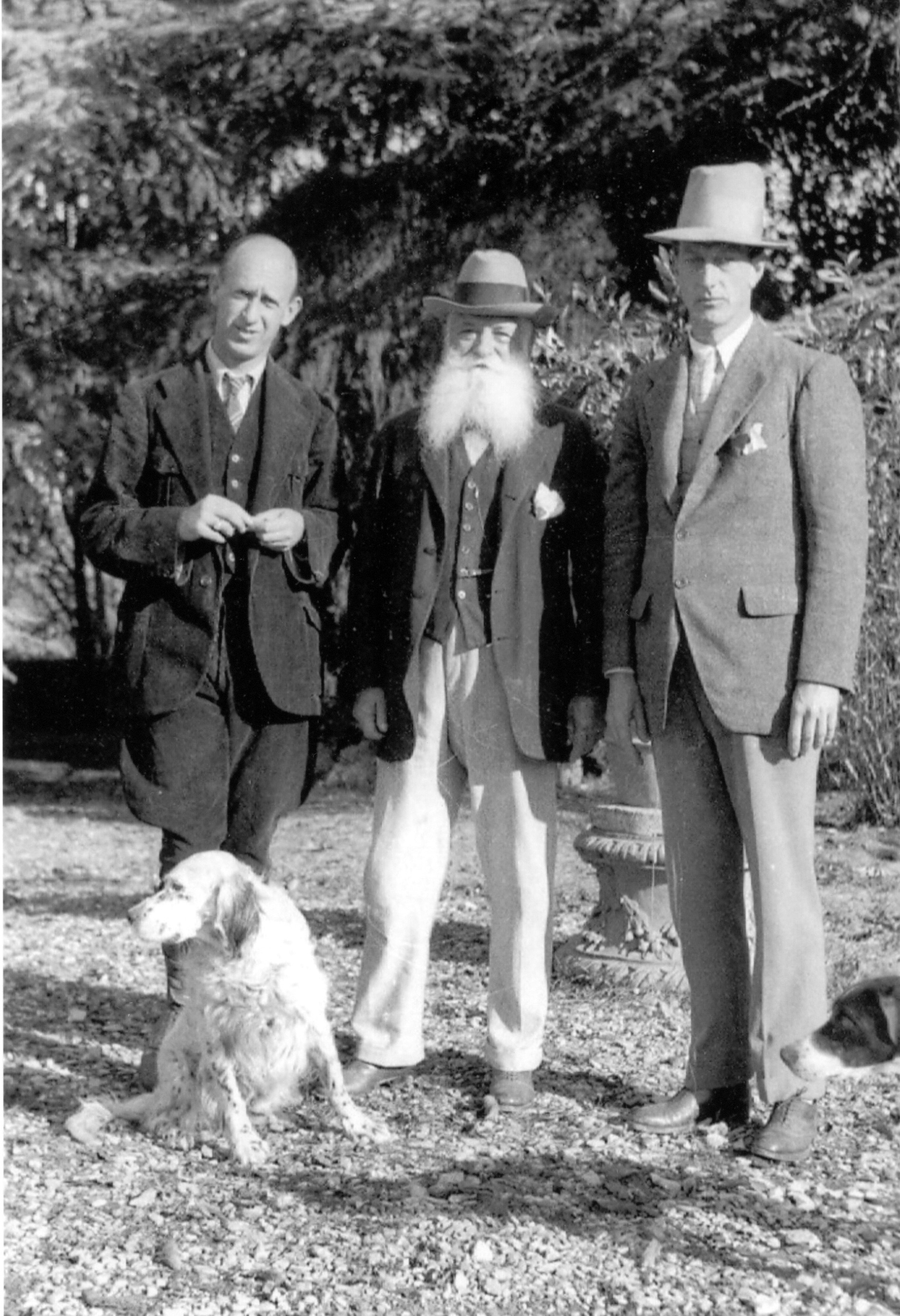 The one person who, more than any other, has always represented the true meaning of family tradition and history for all of us, was our GREAT-grandfather Domenico.
The one person who, more than any other, has always represented the true meaning of family tradition and history for all of us, was our GREAT-grandfather Domenico.